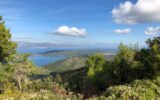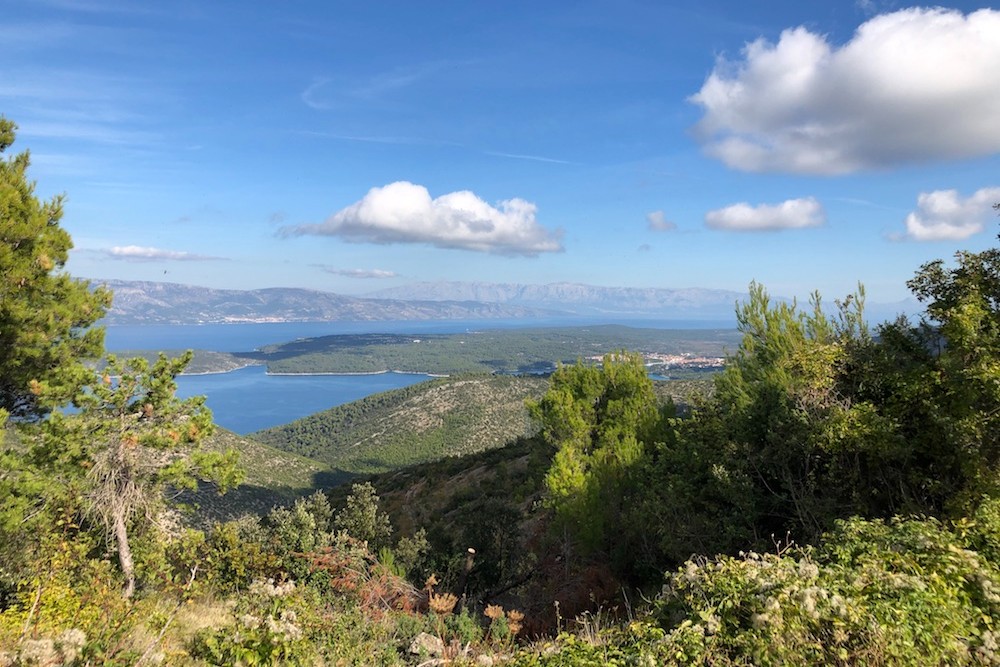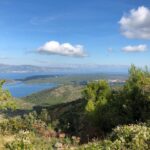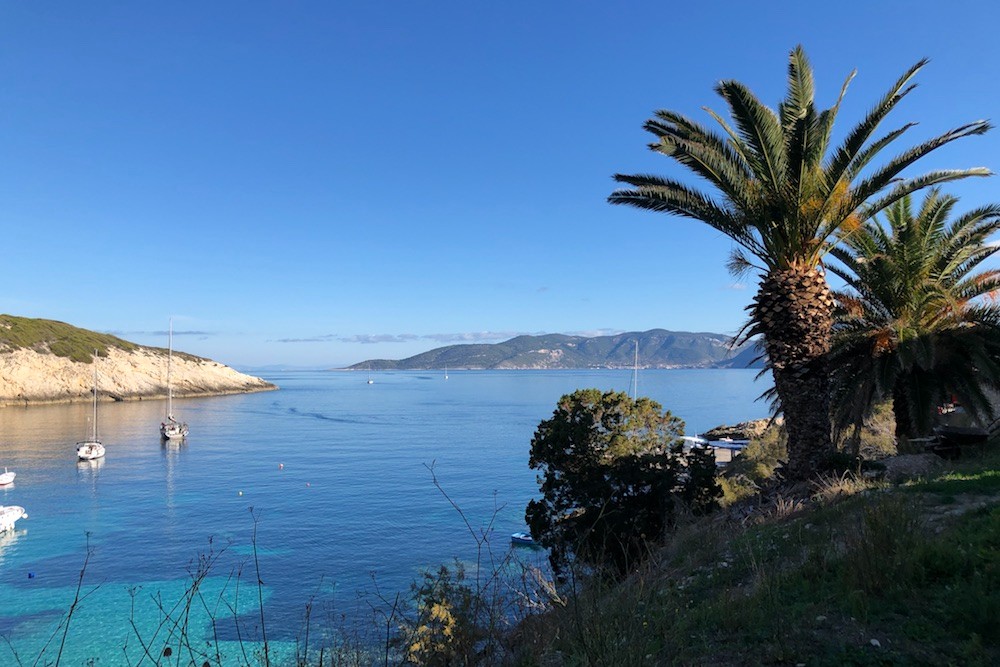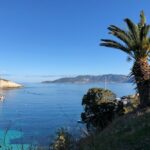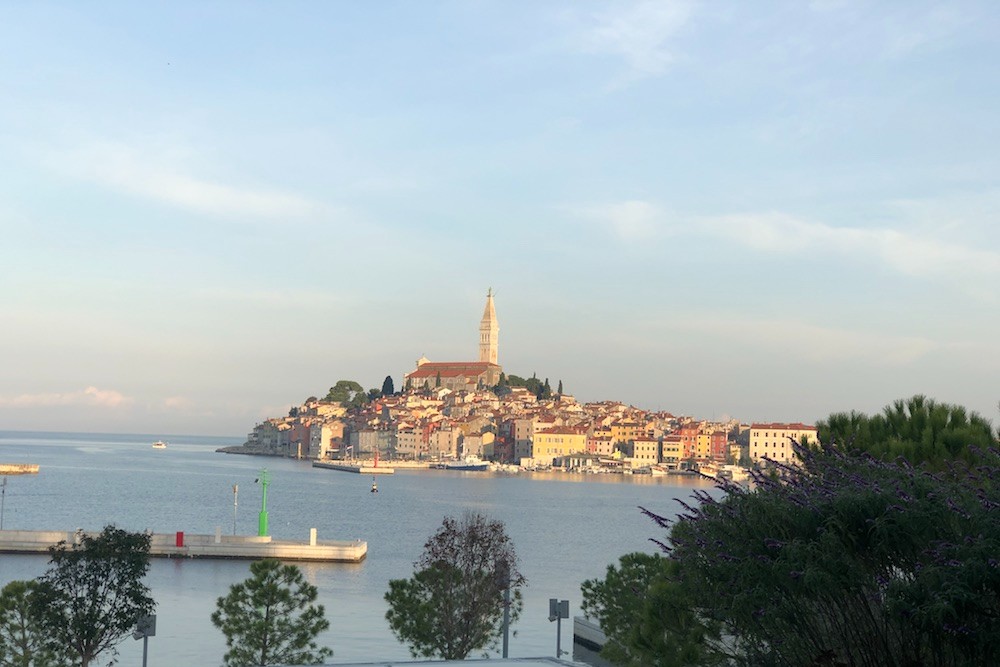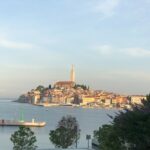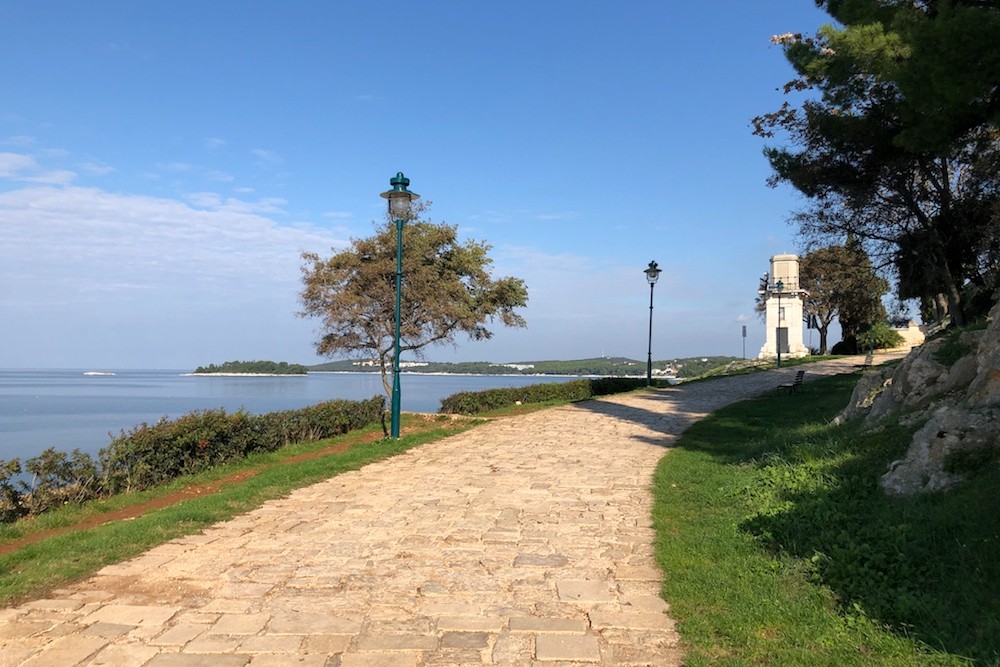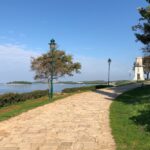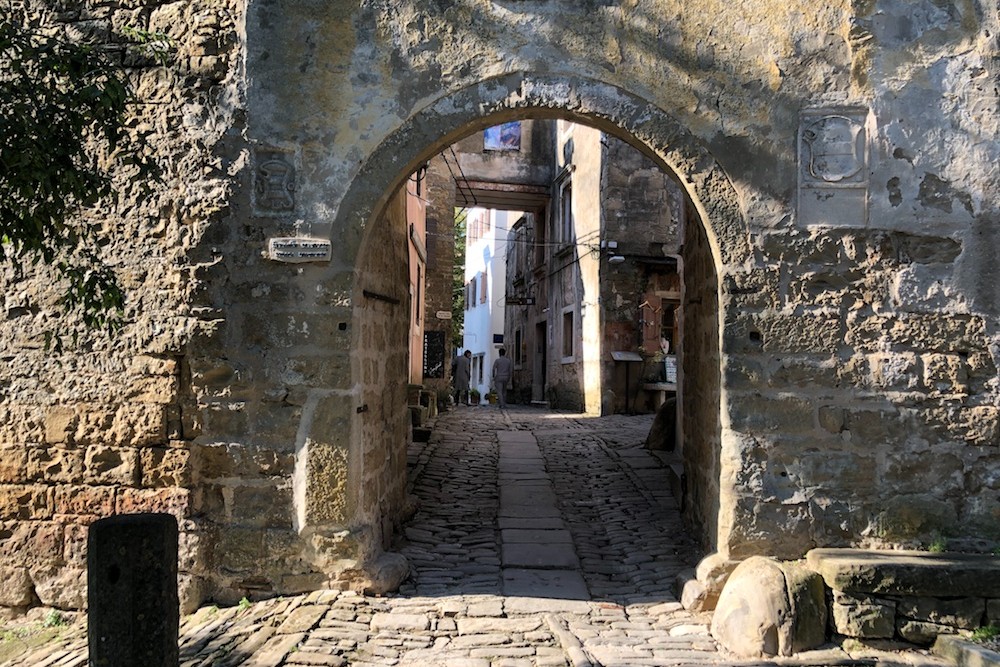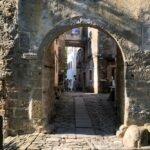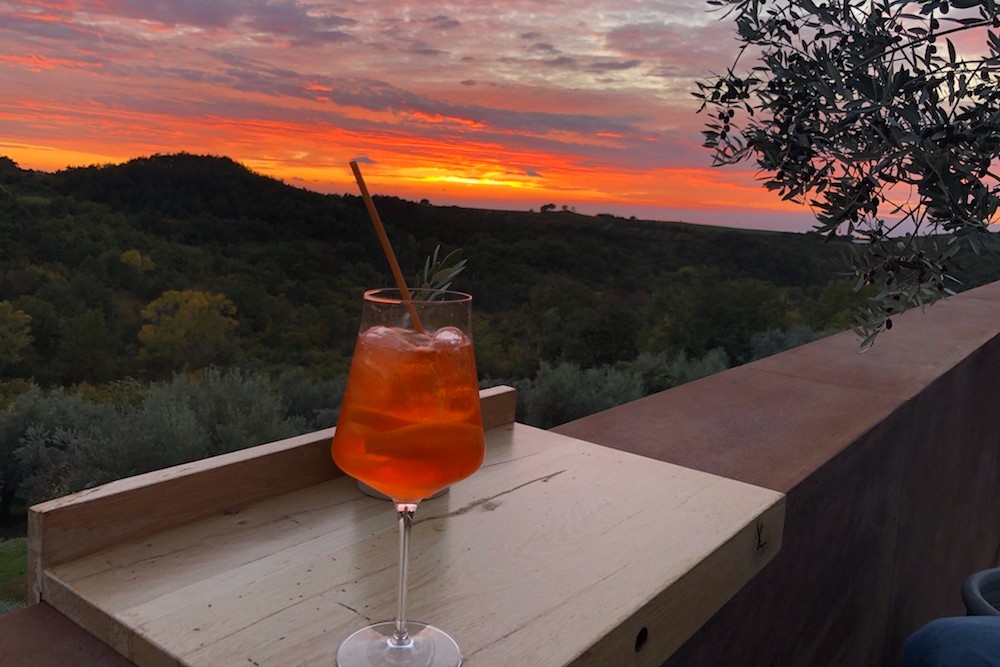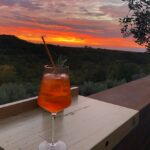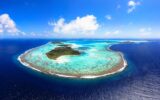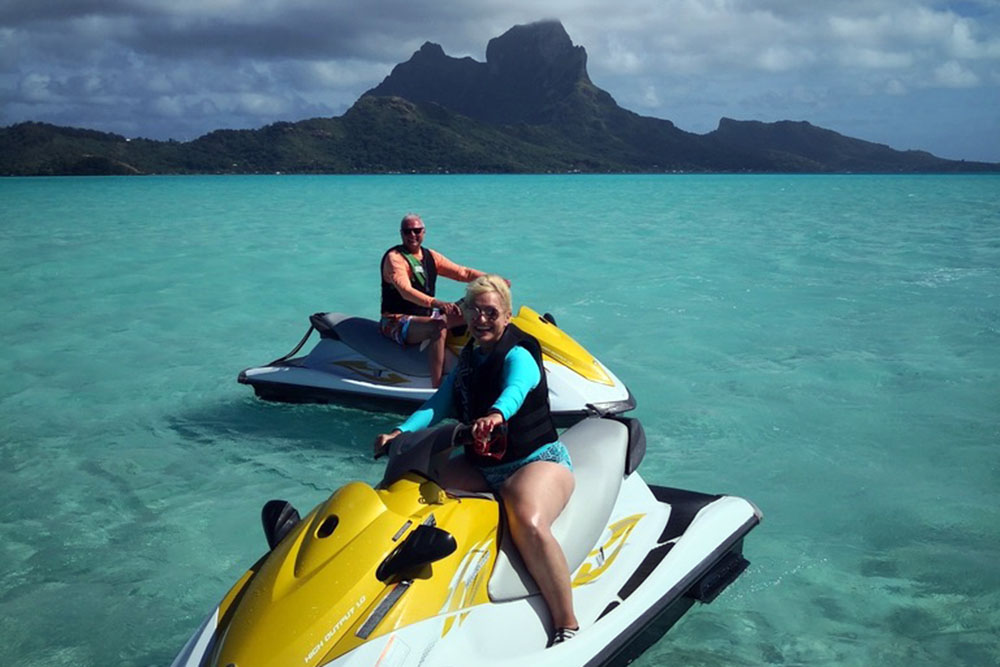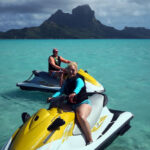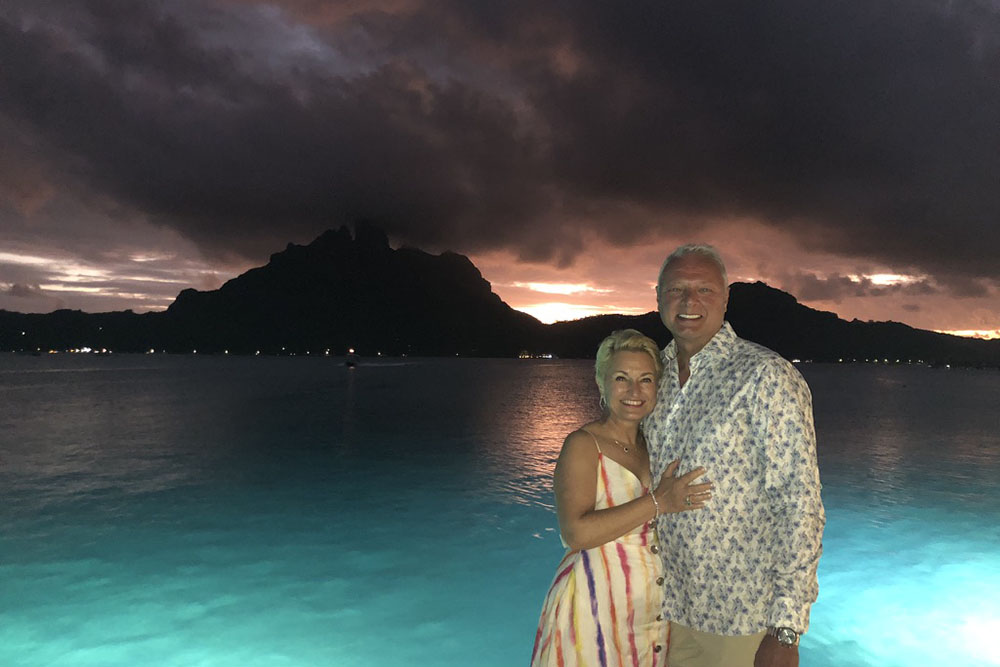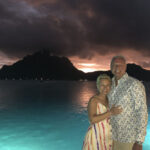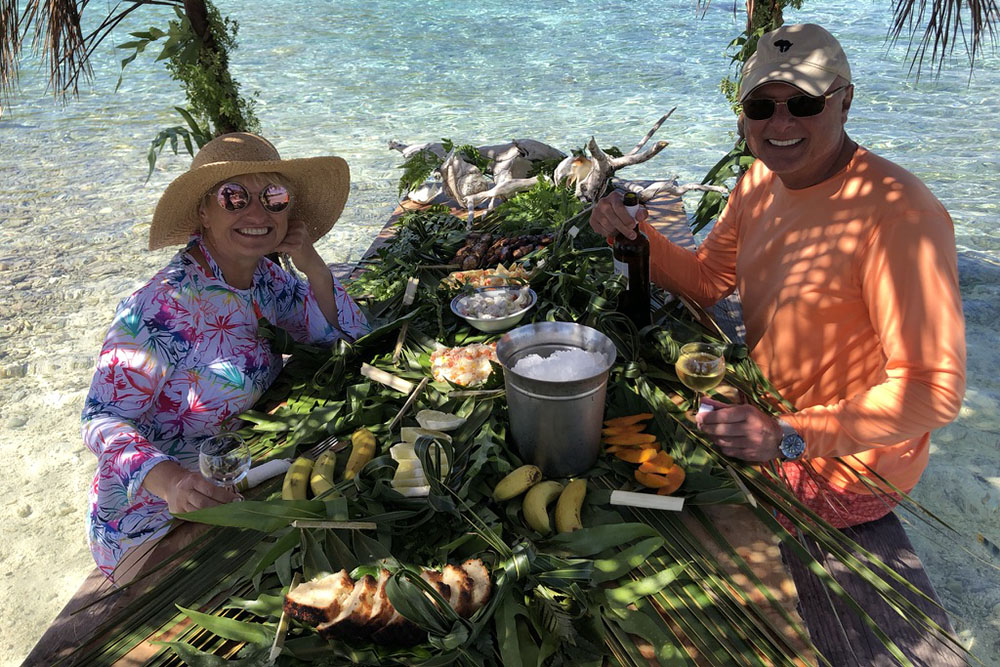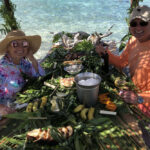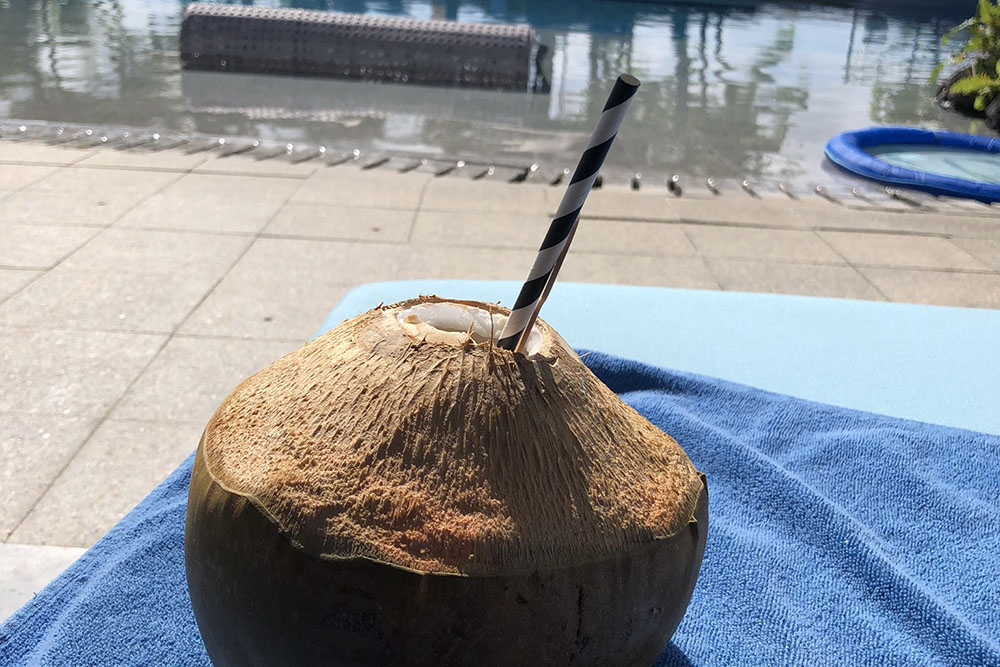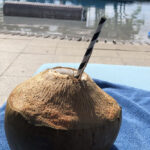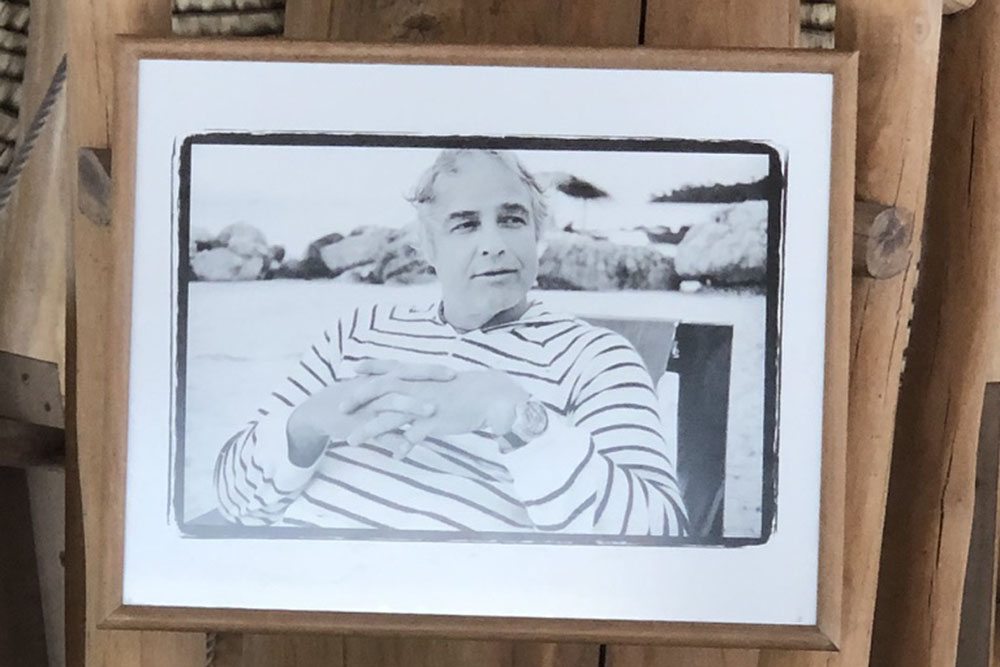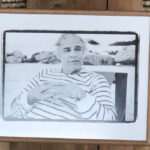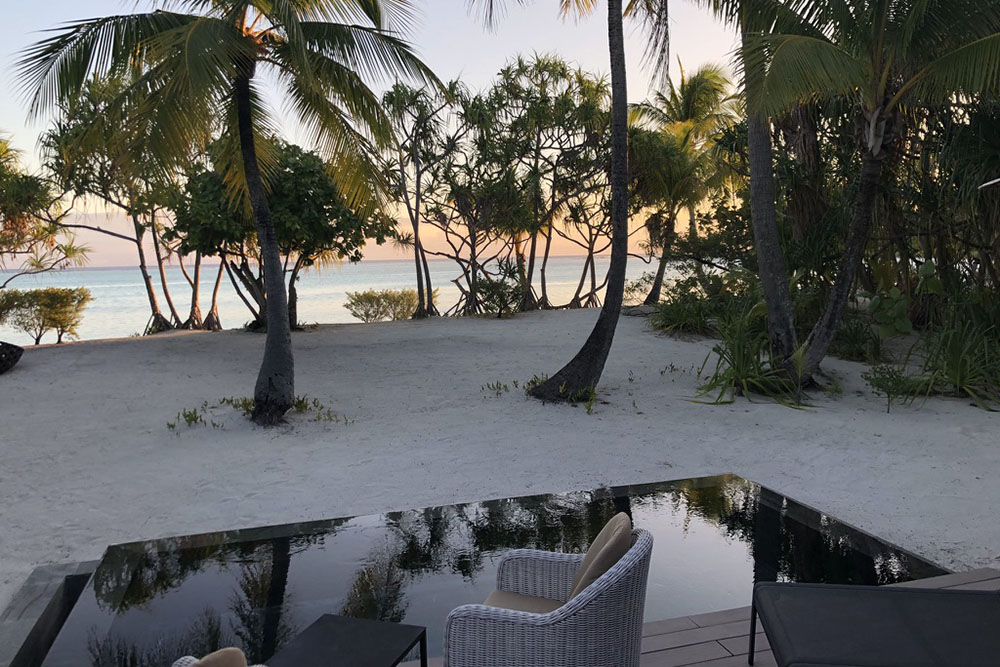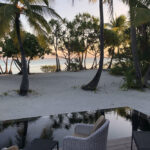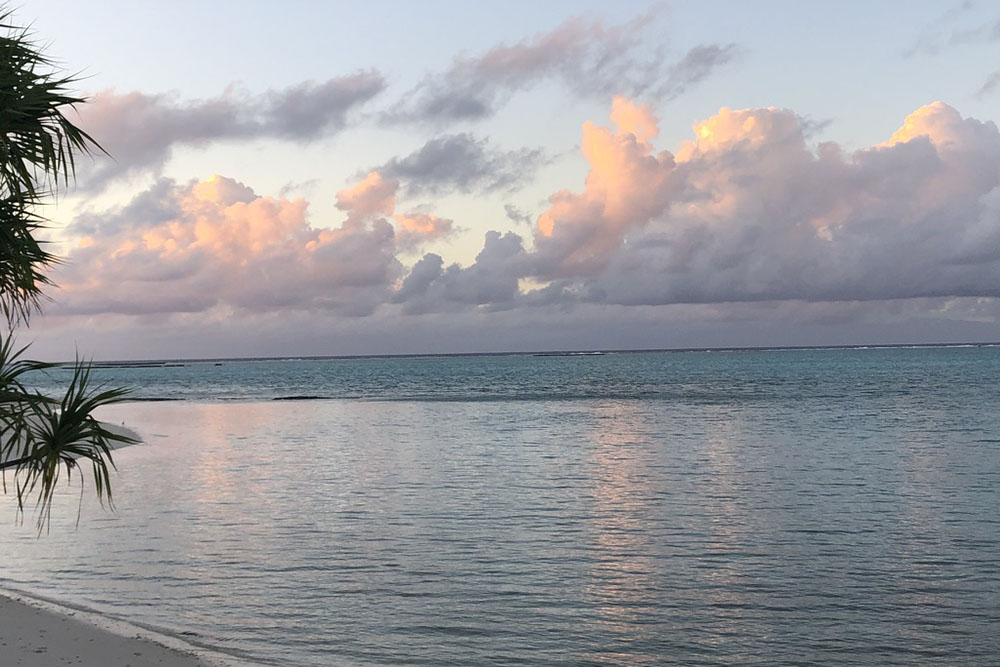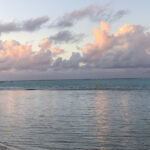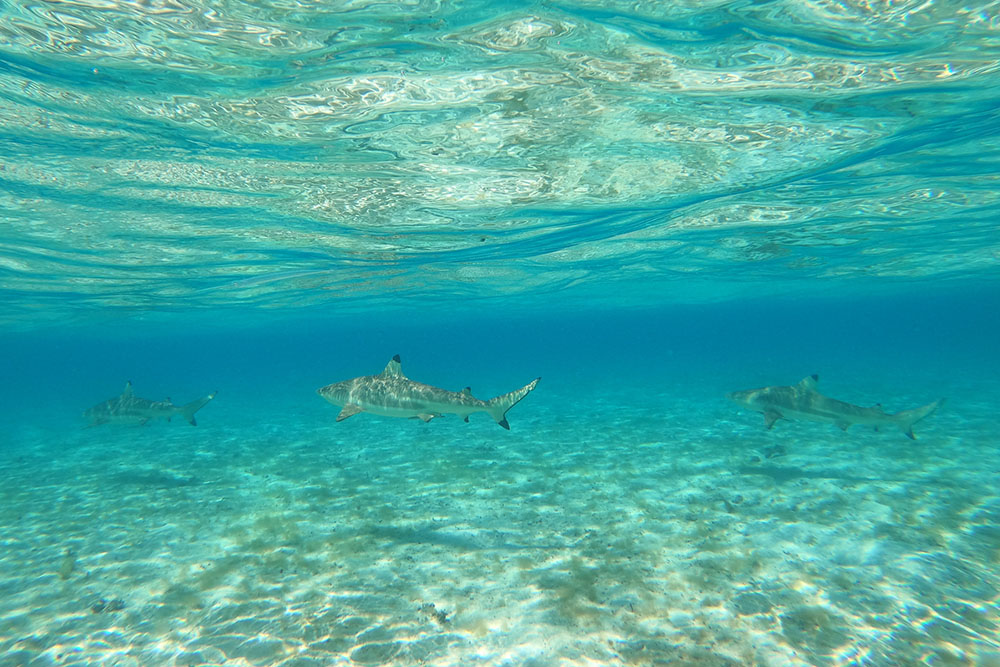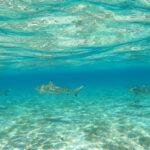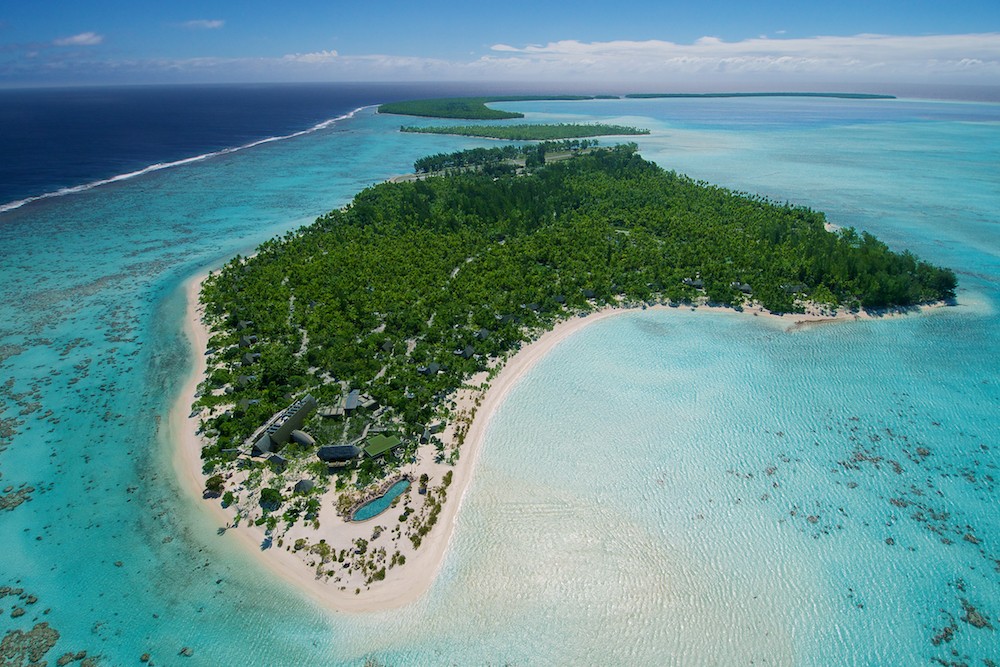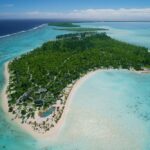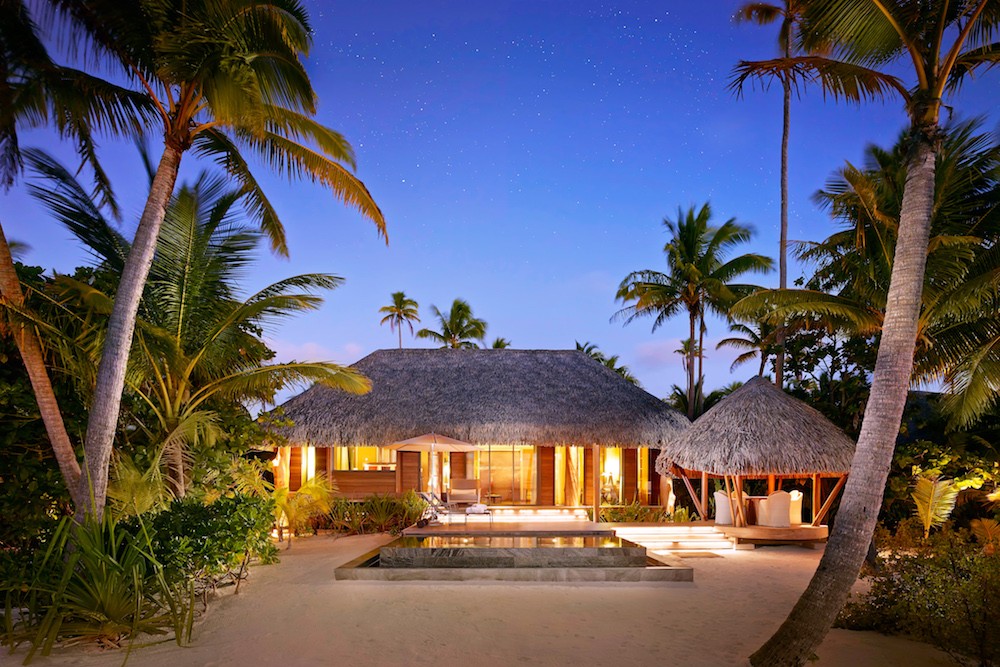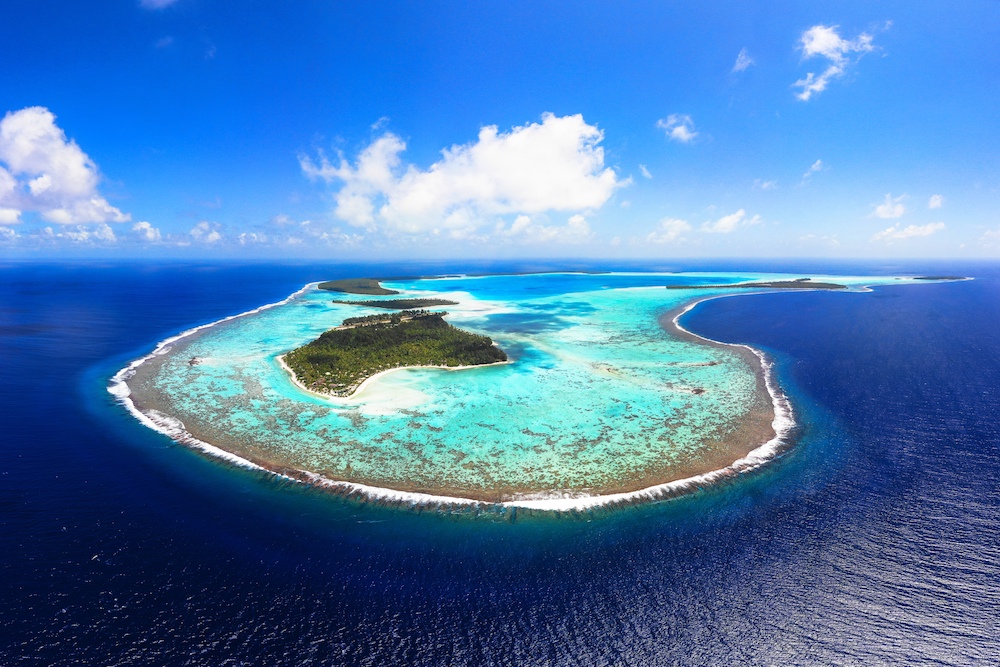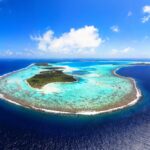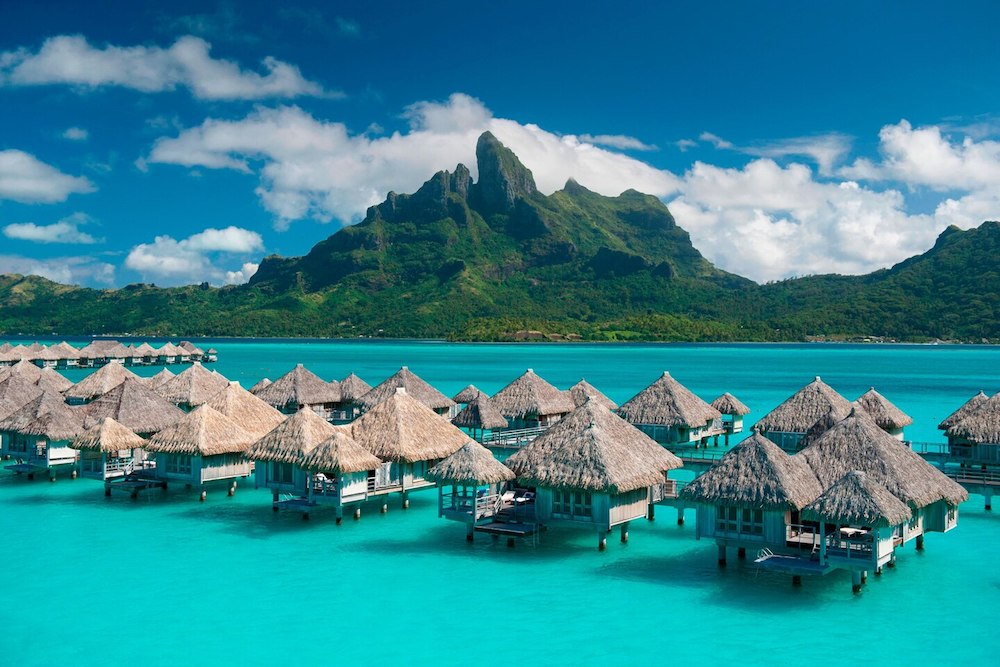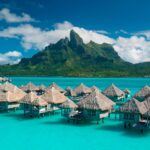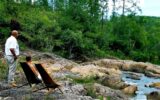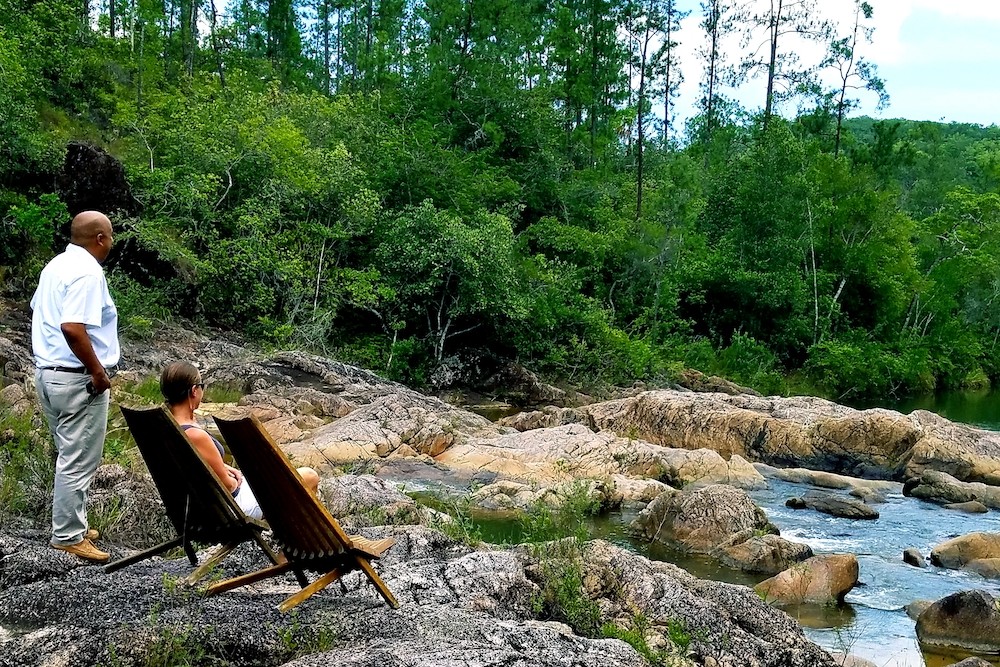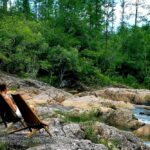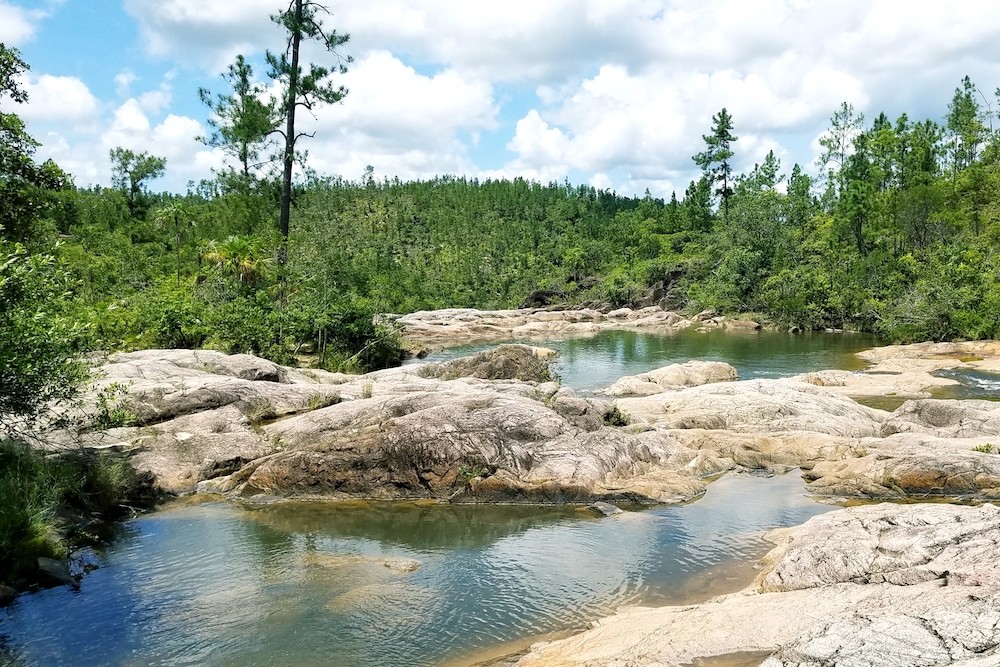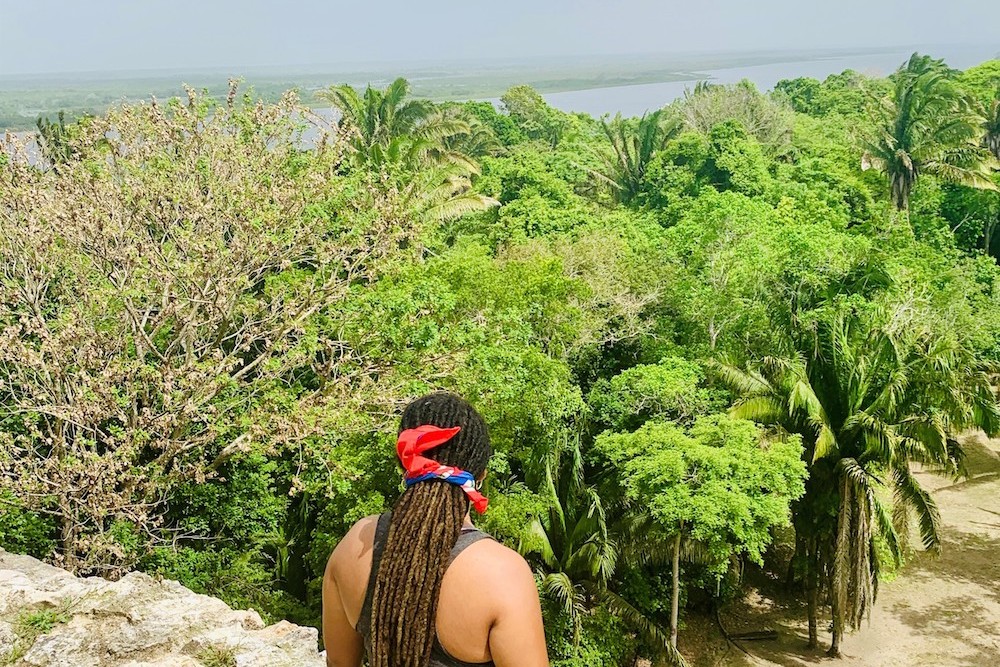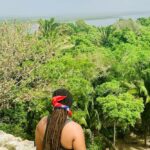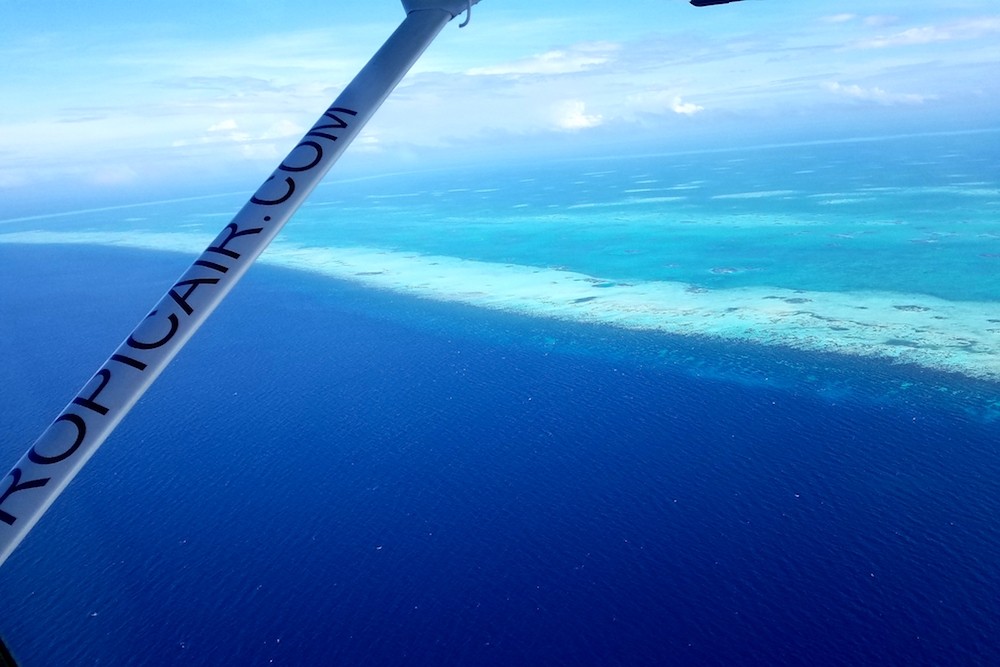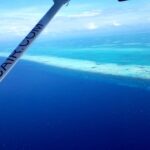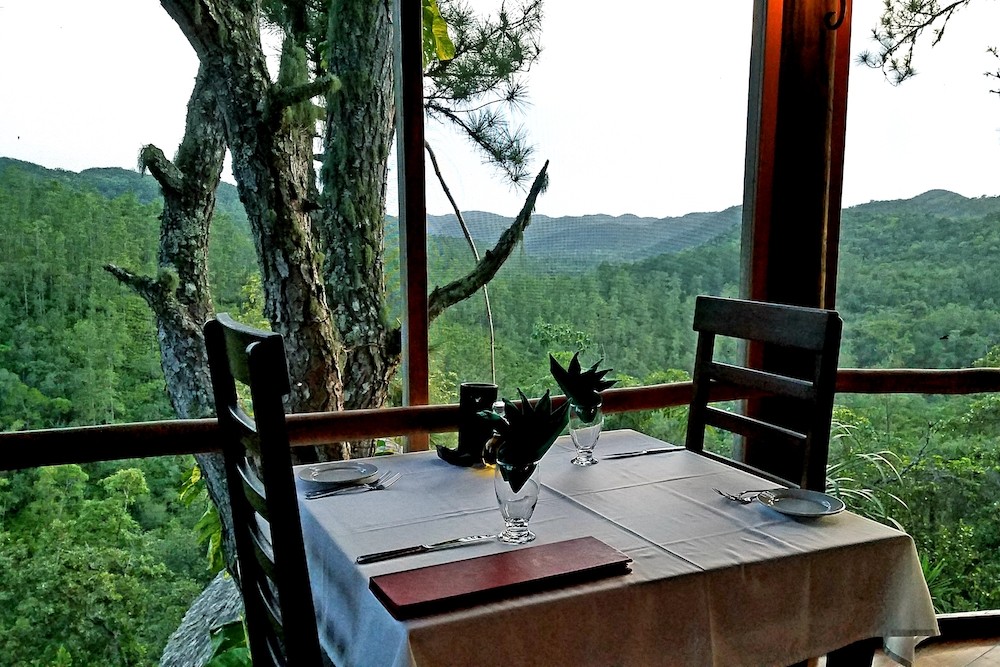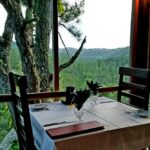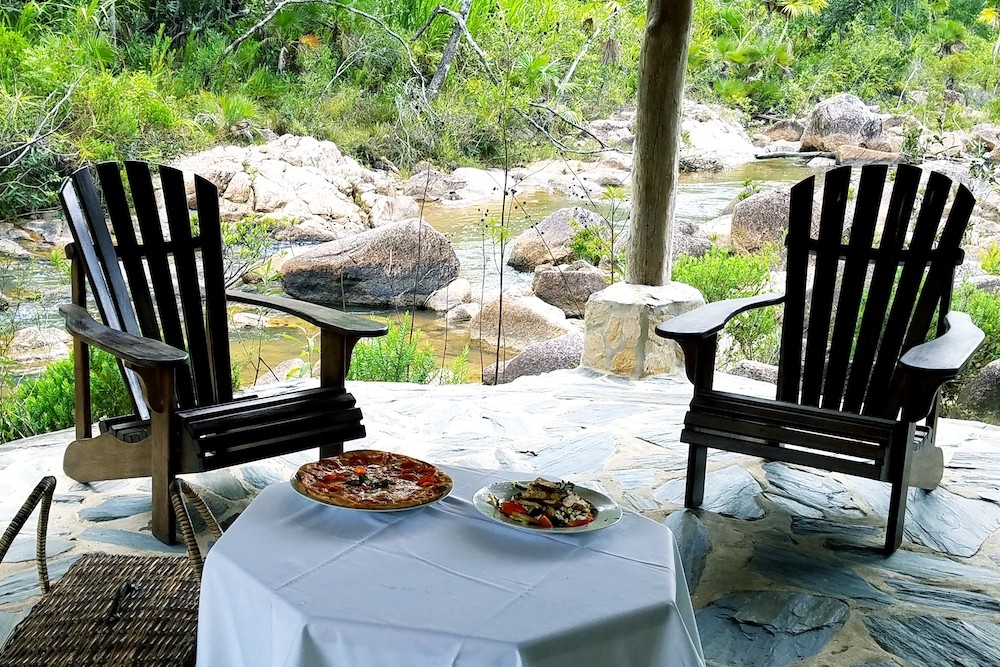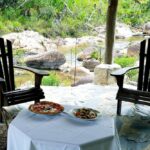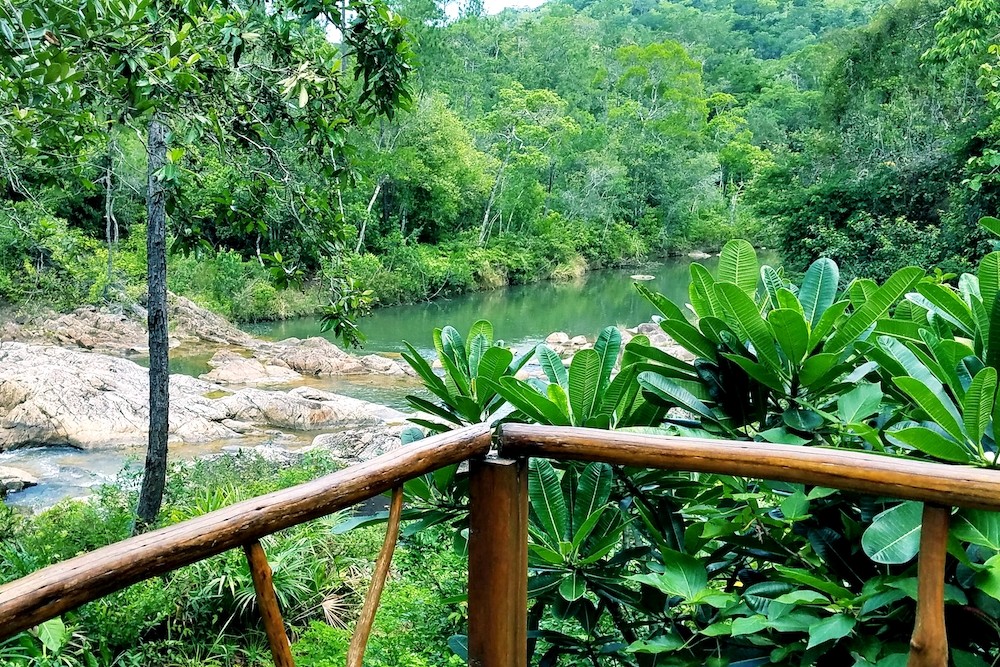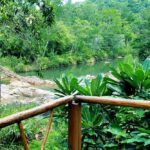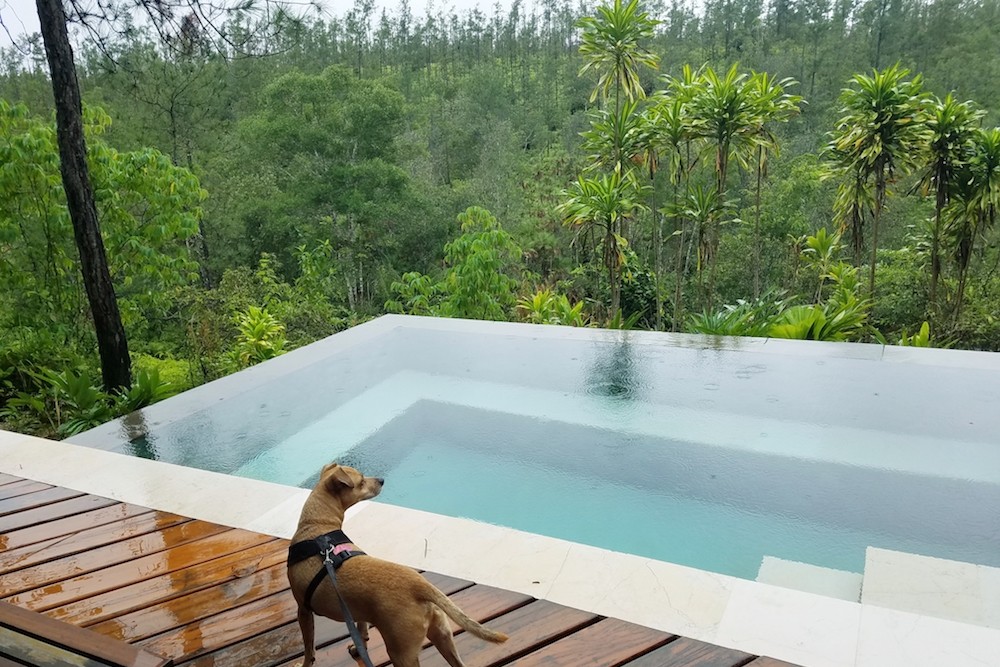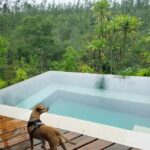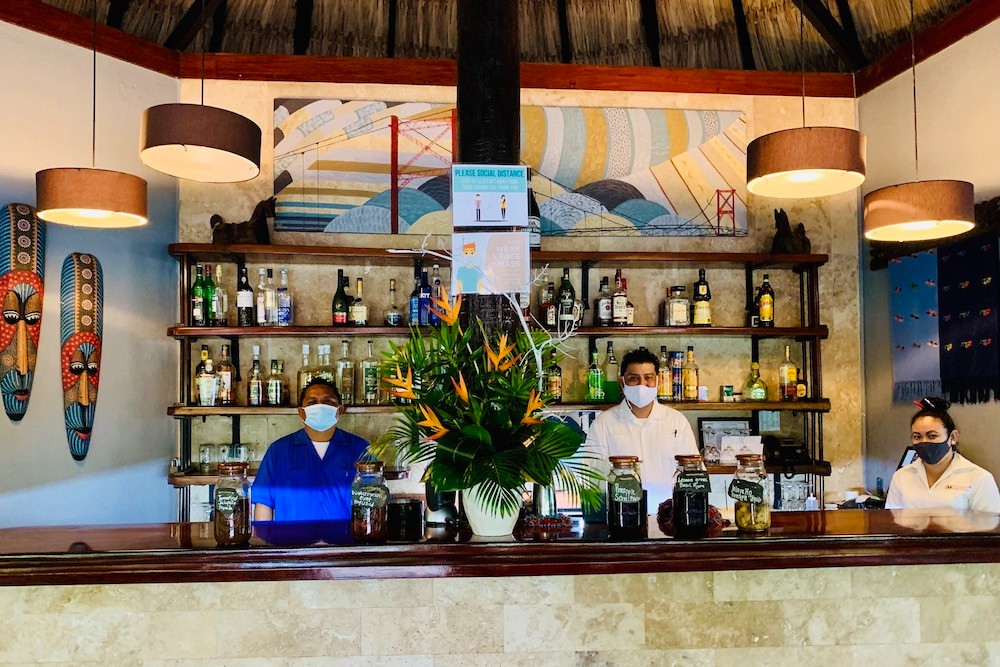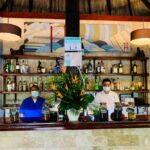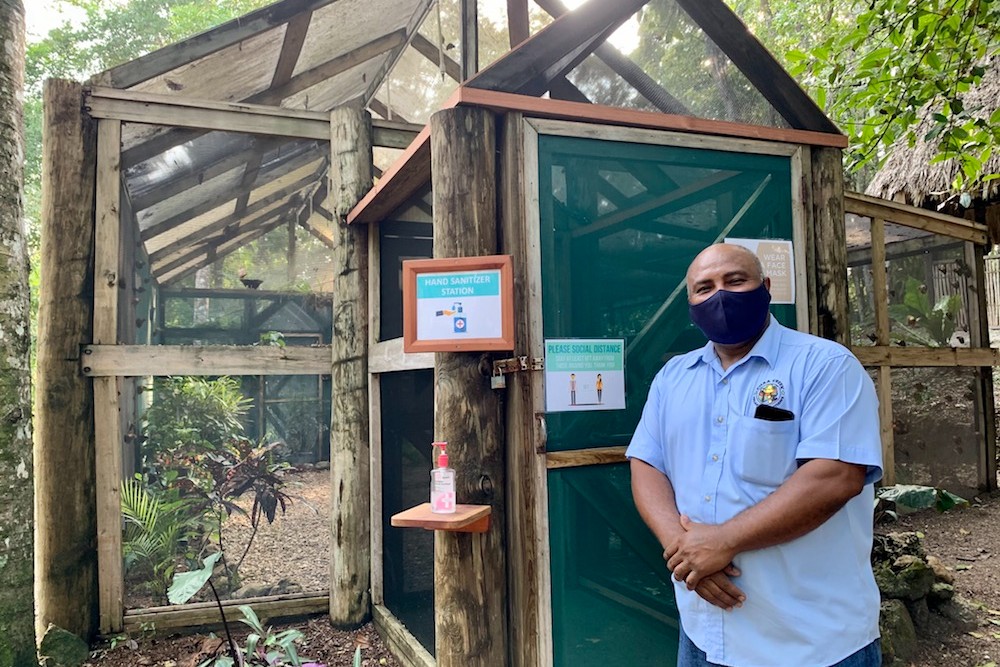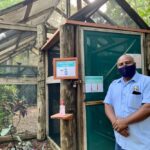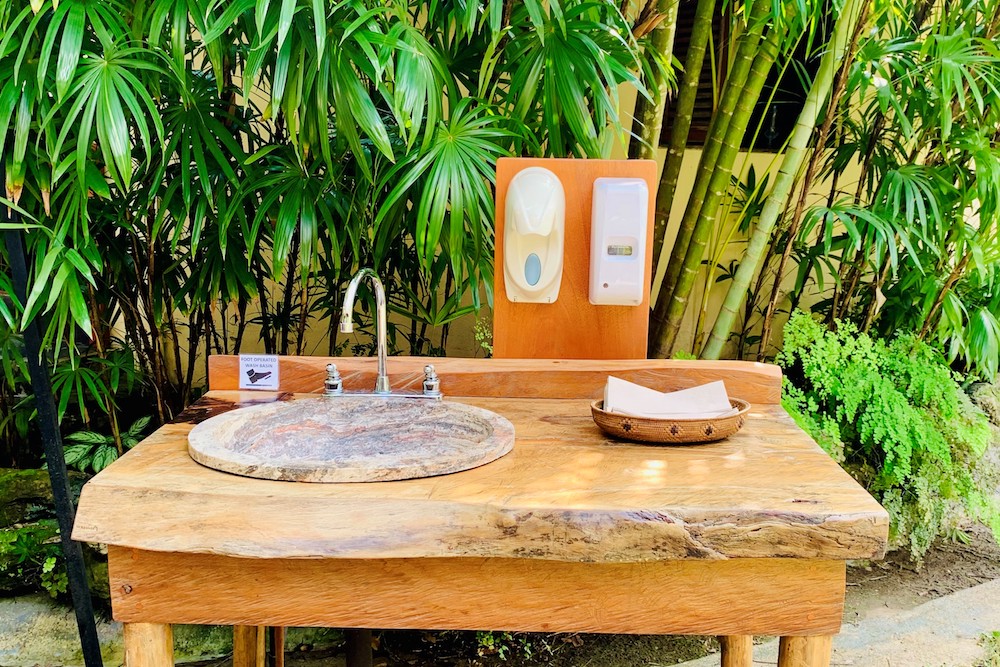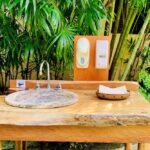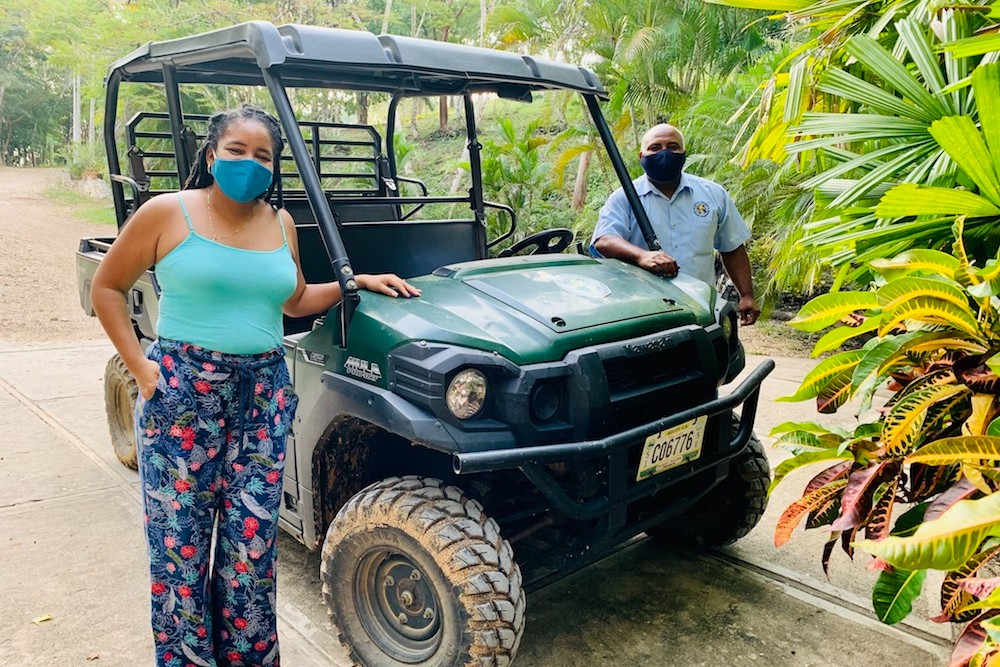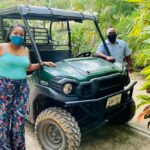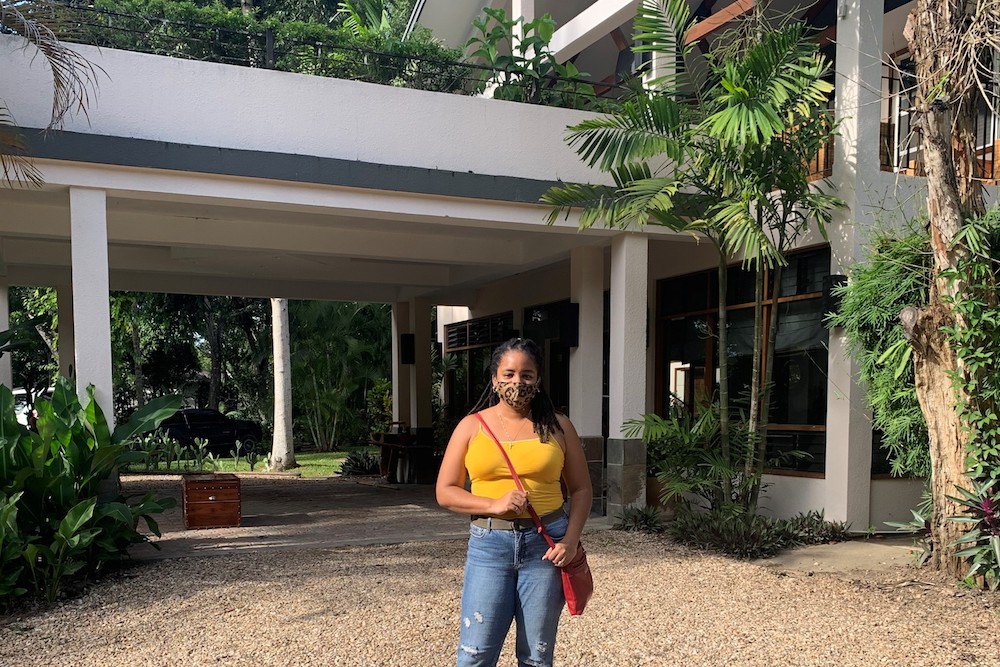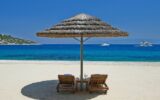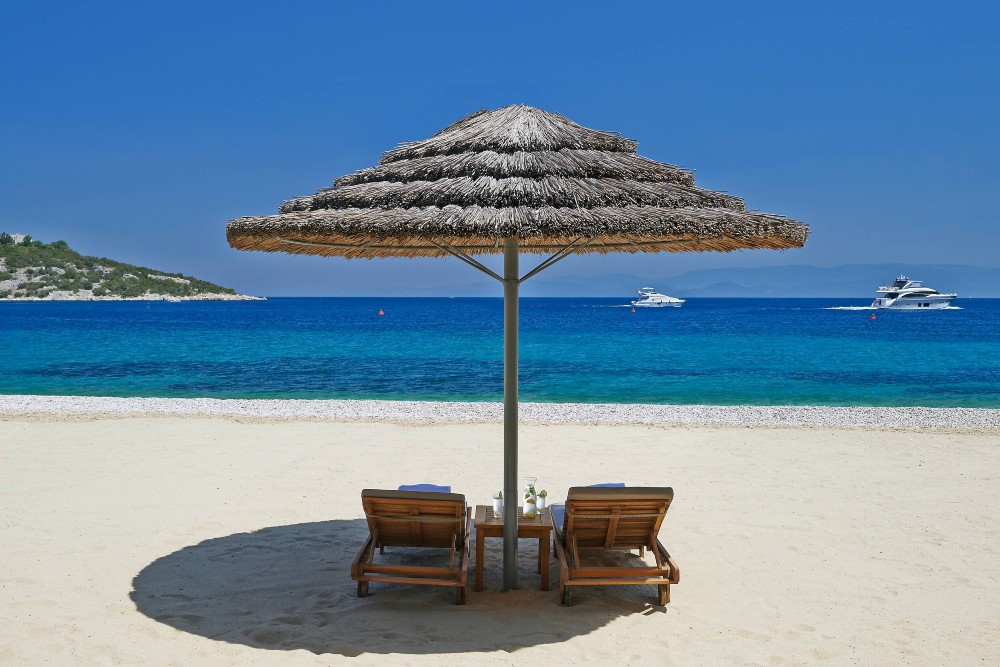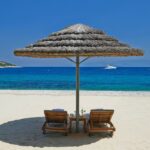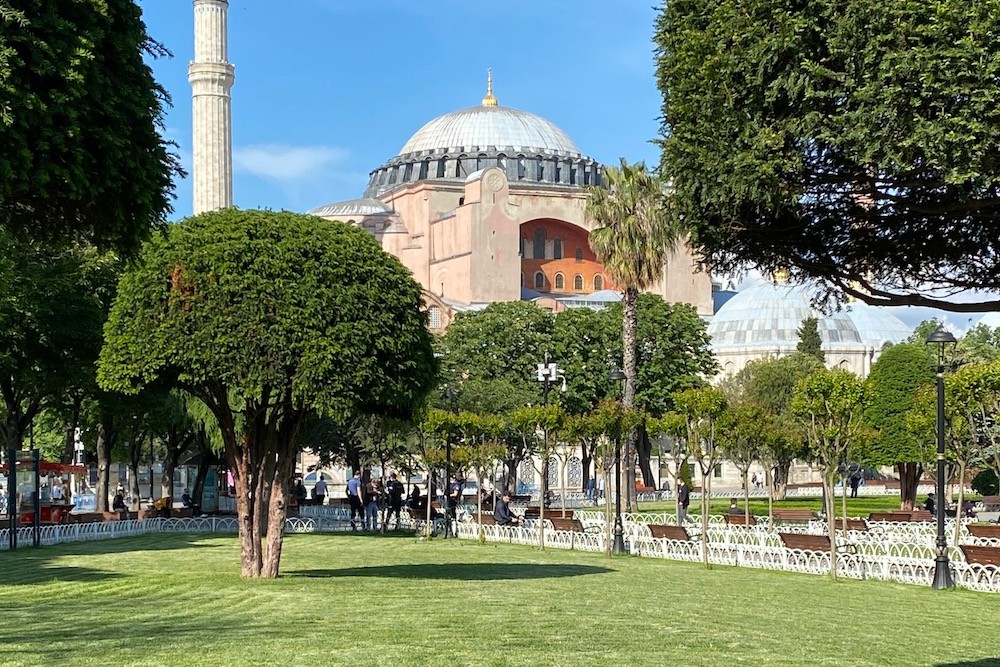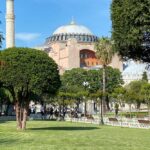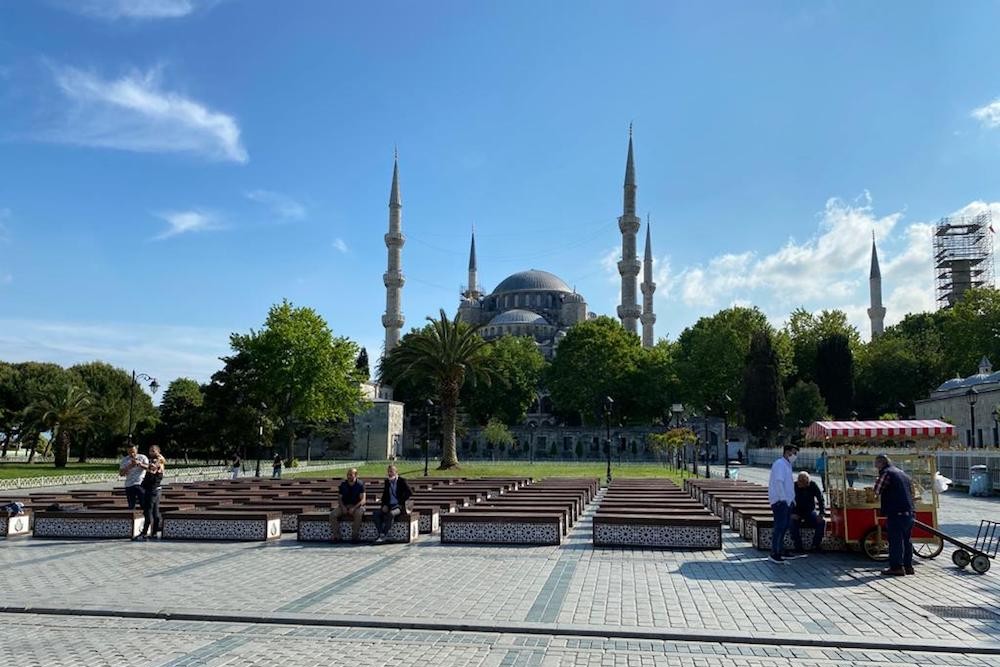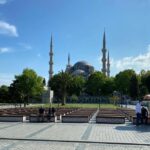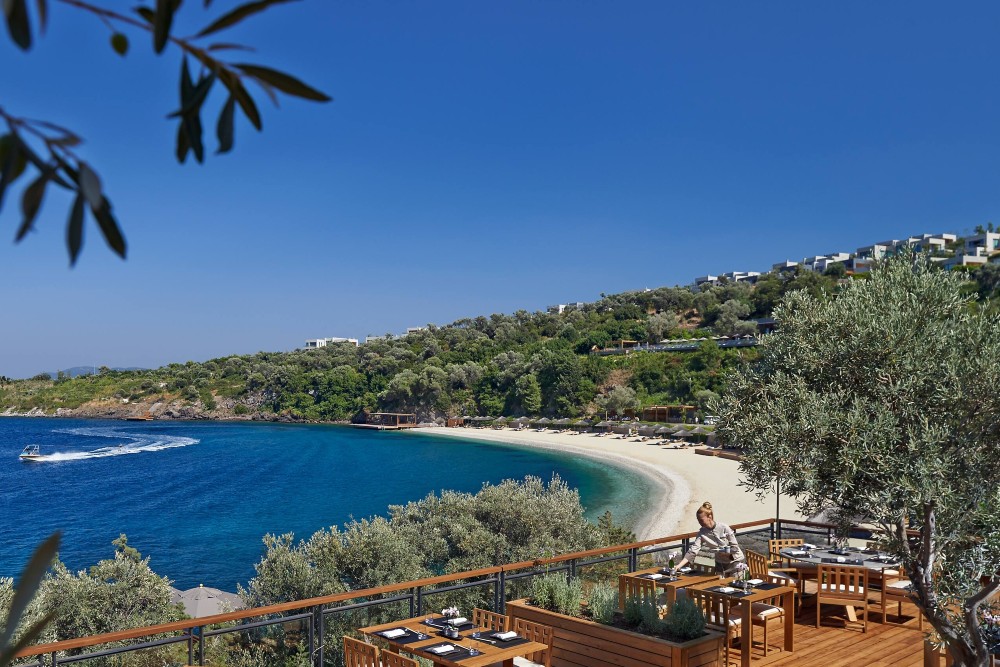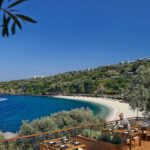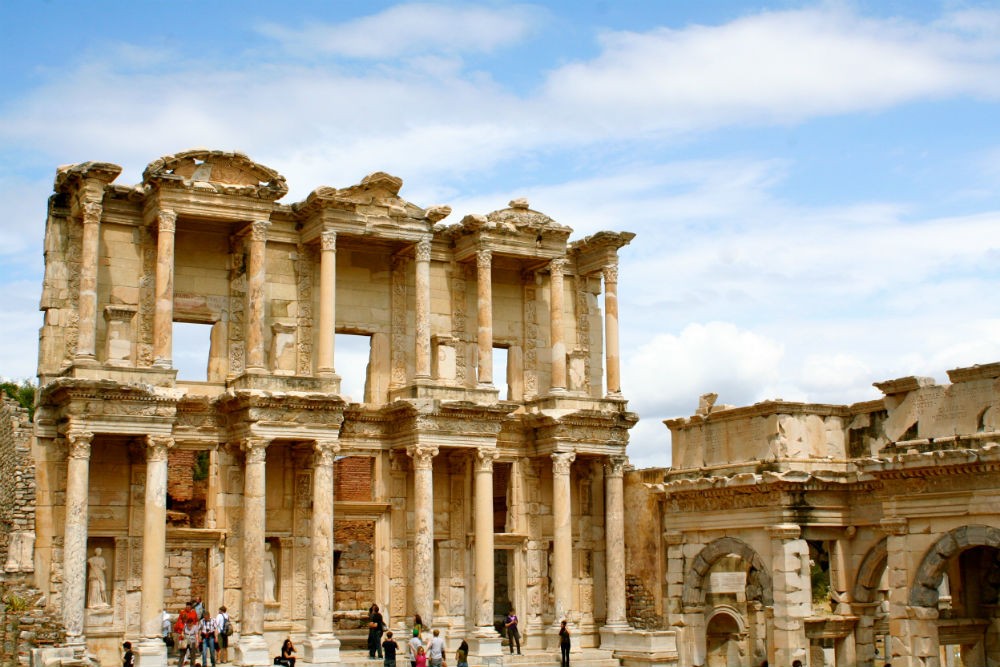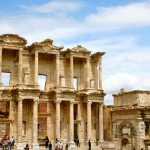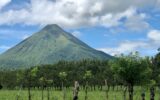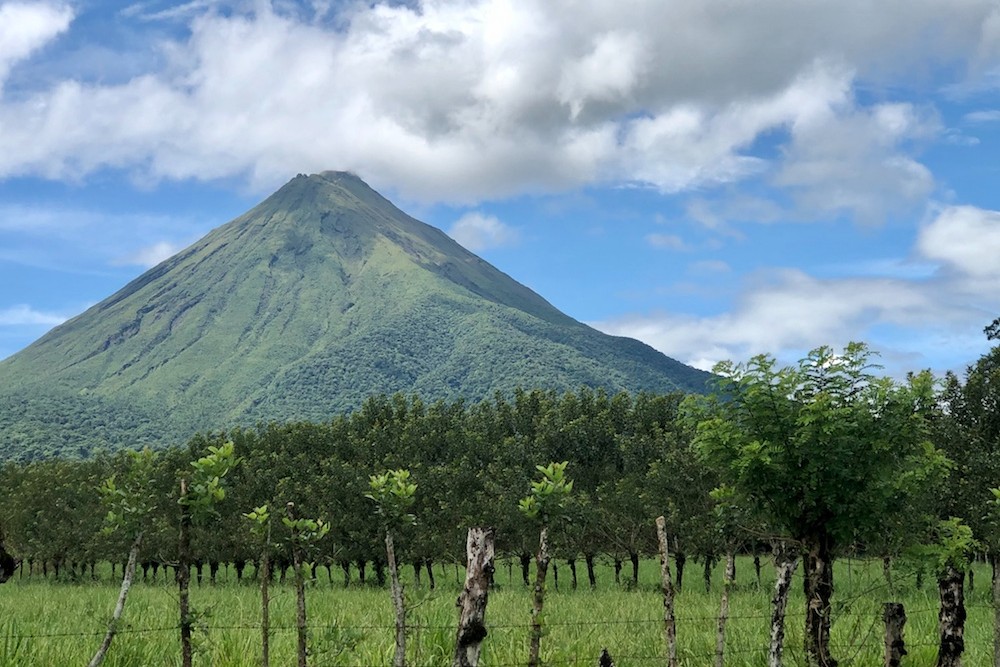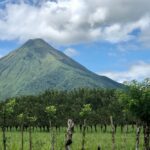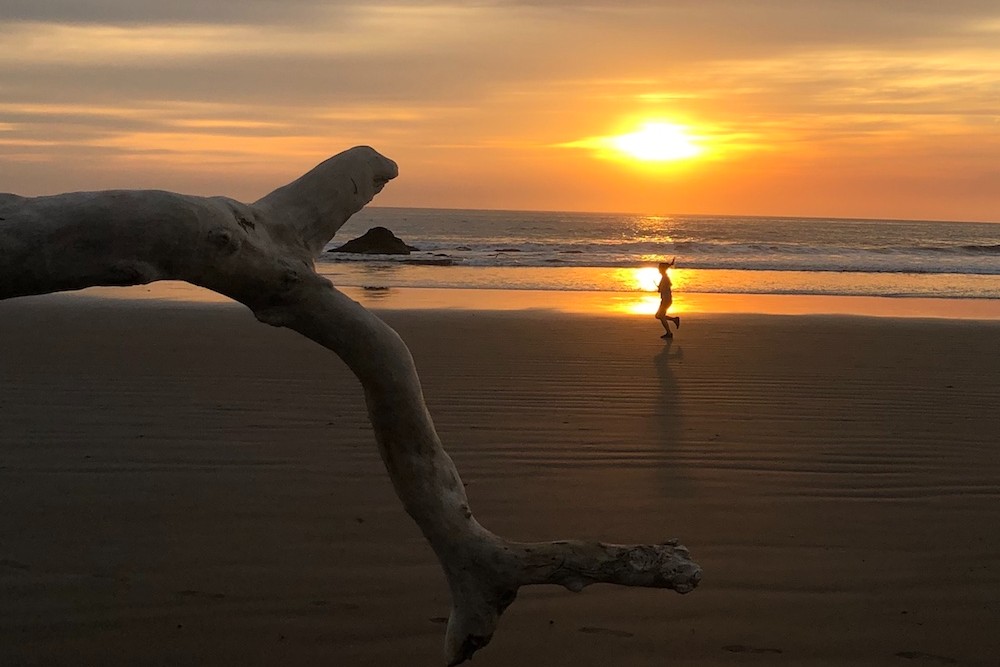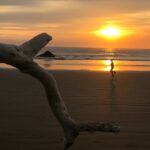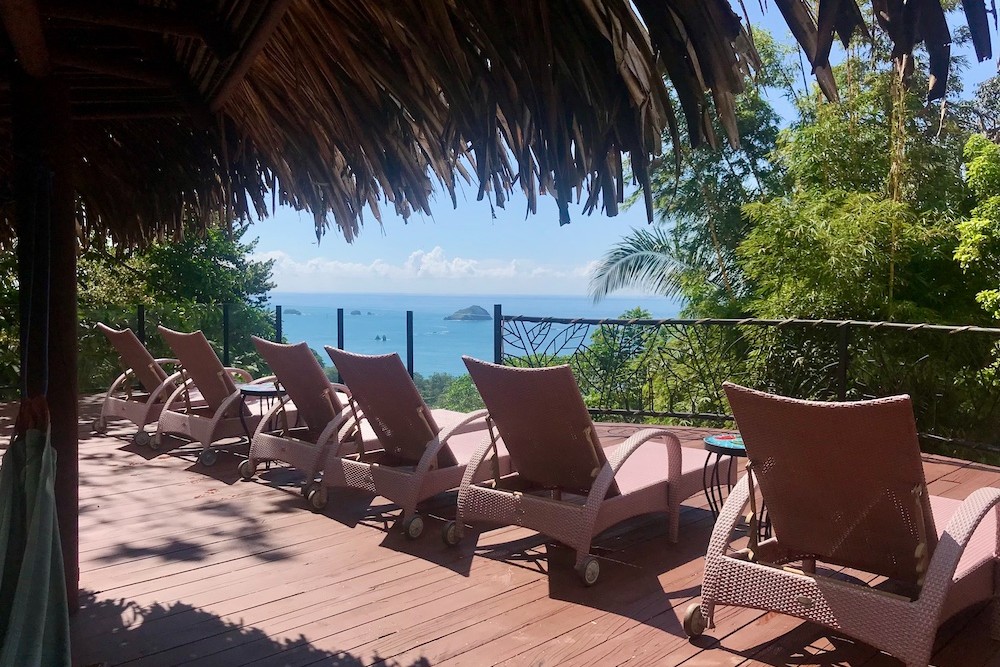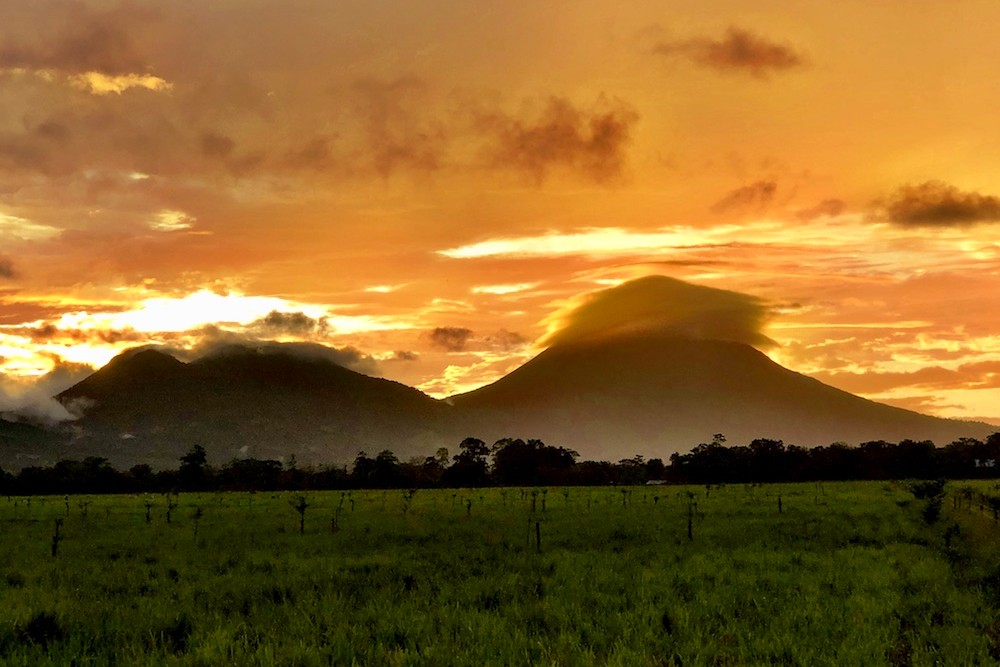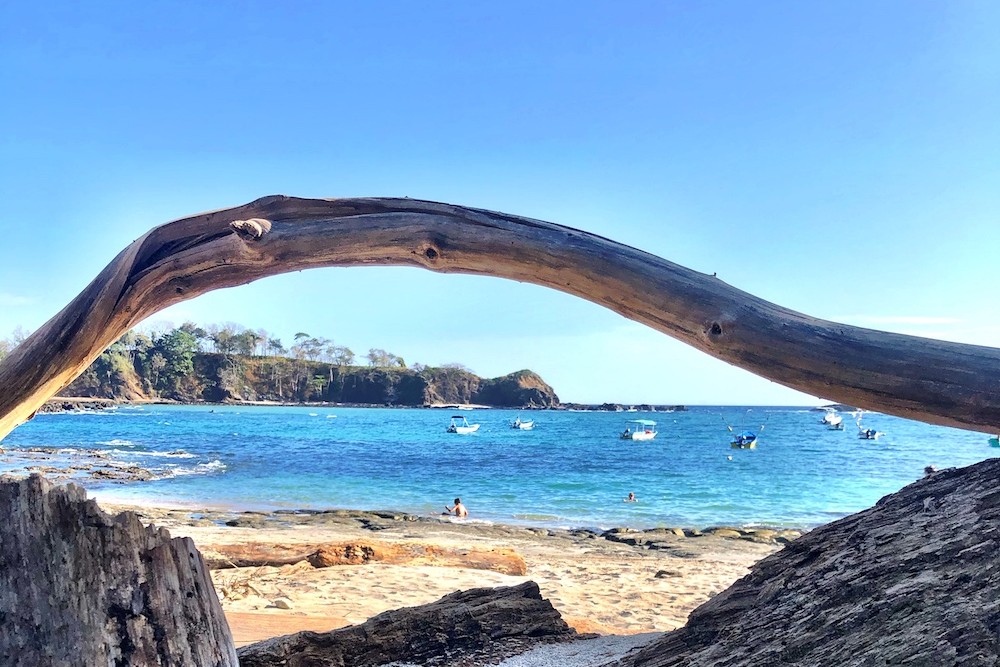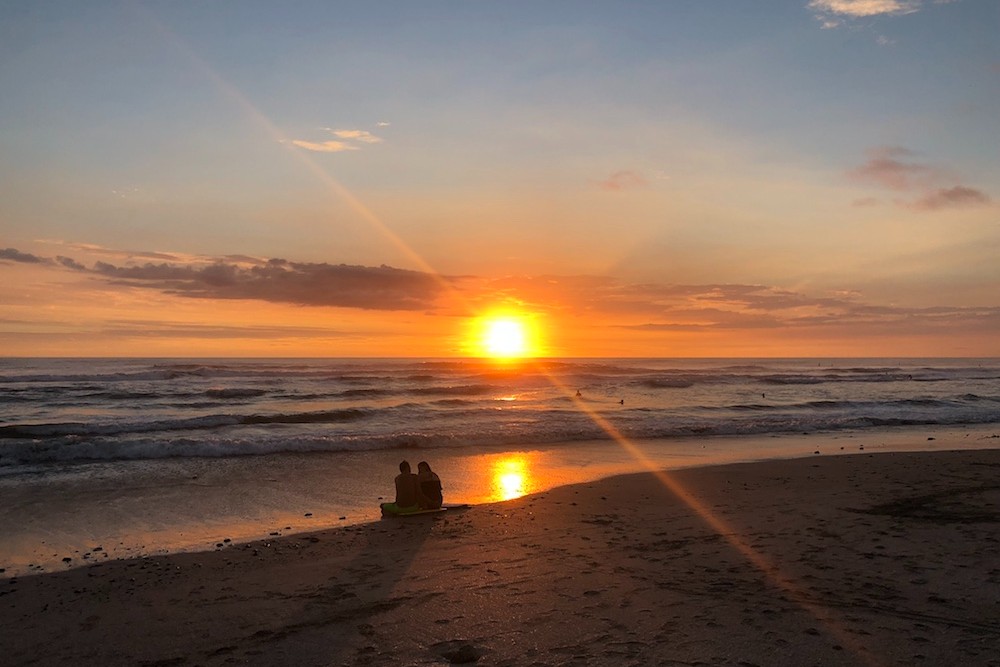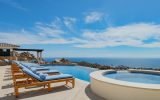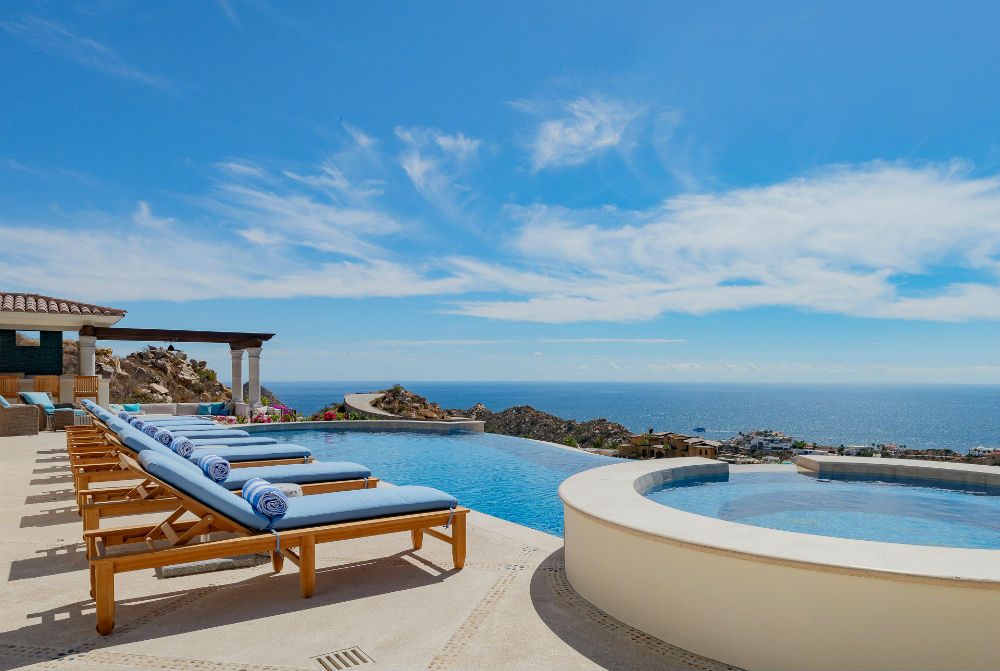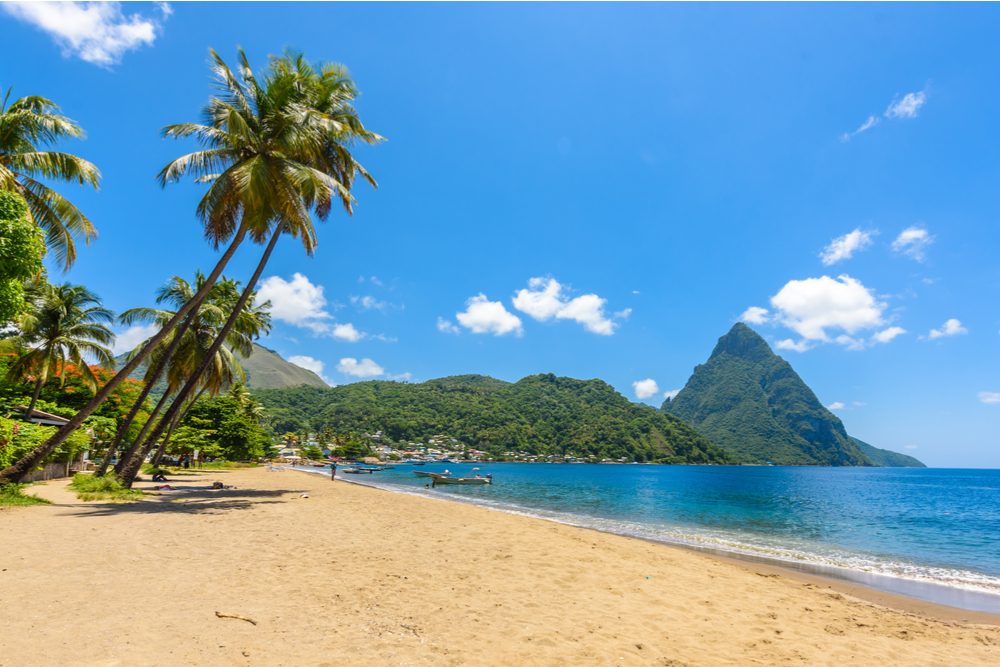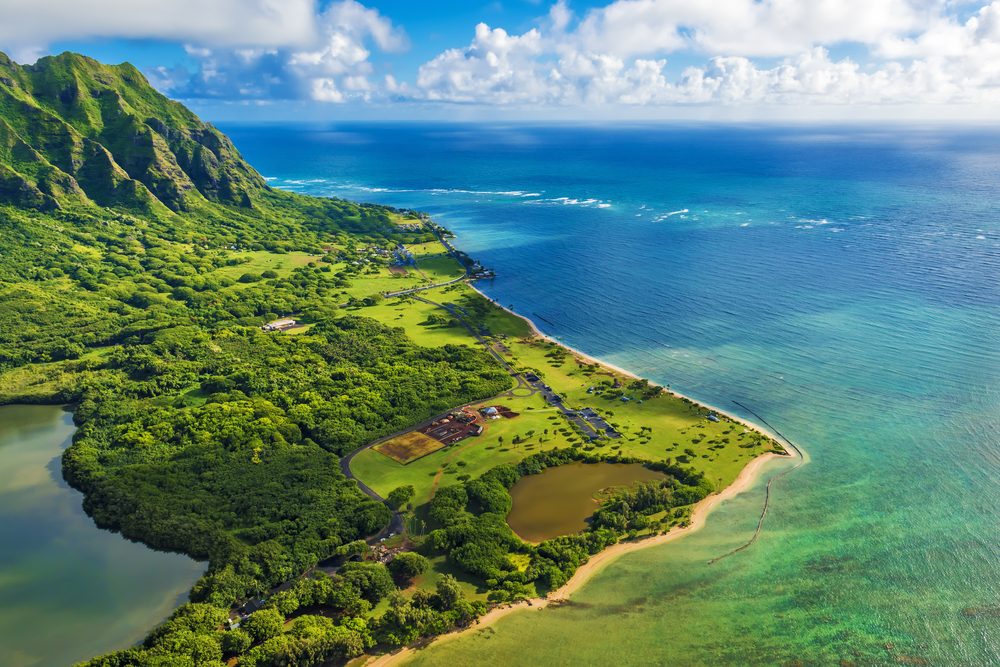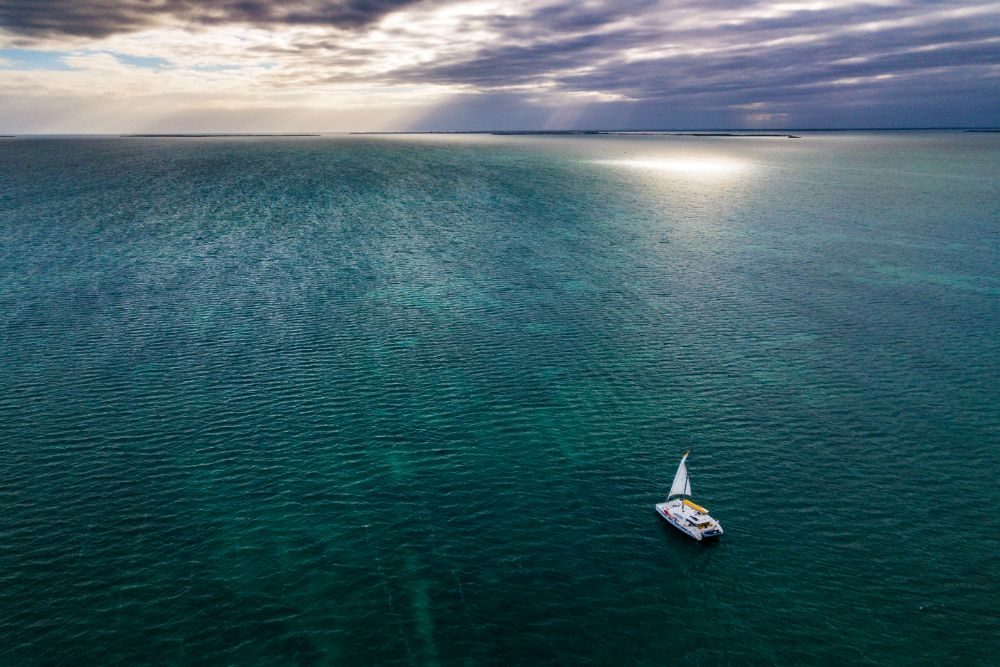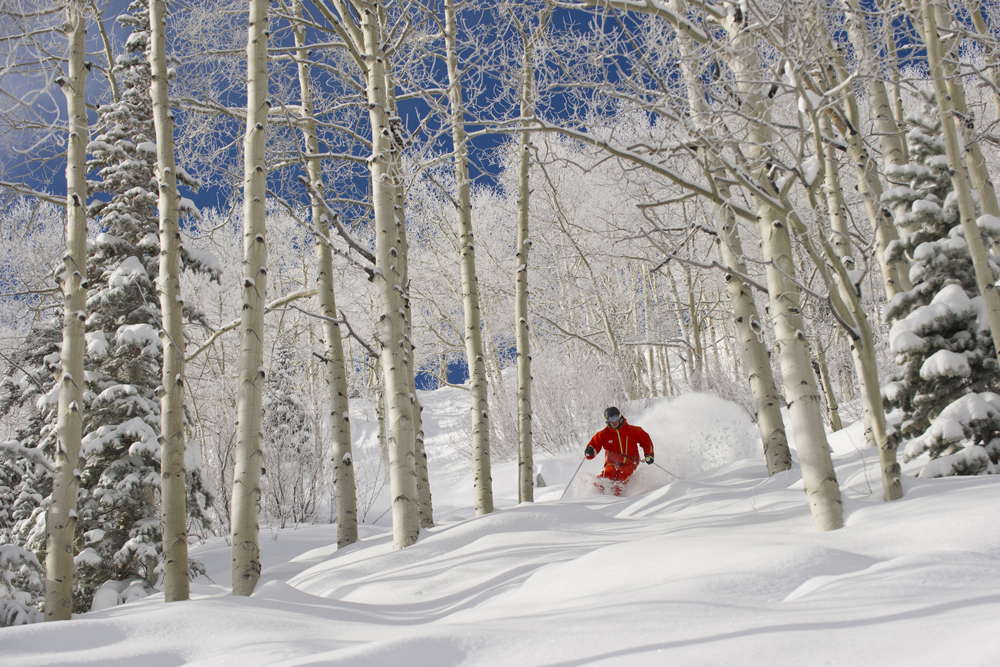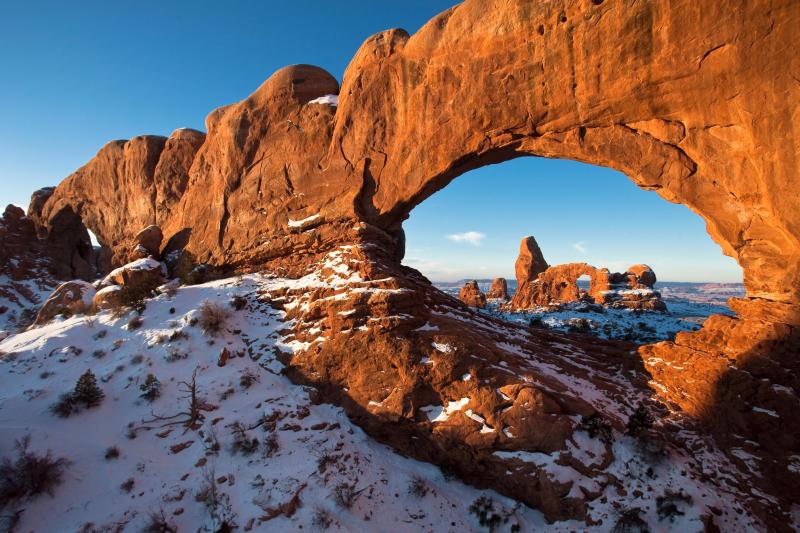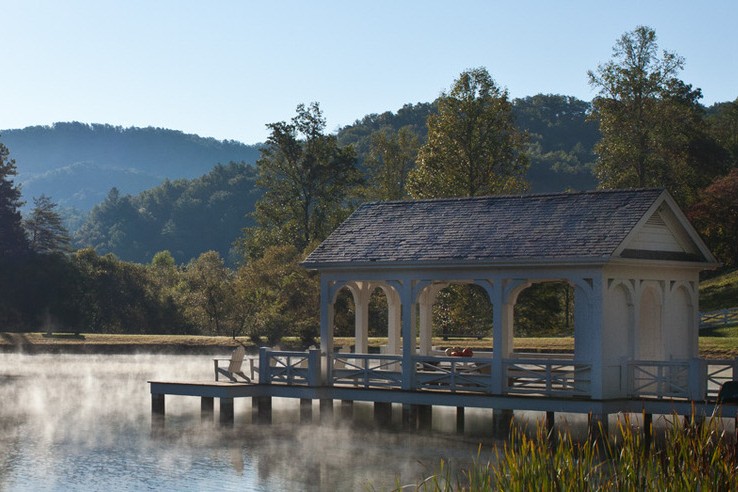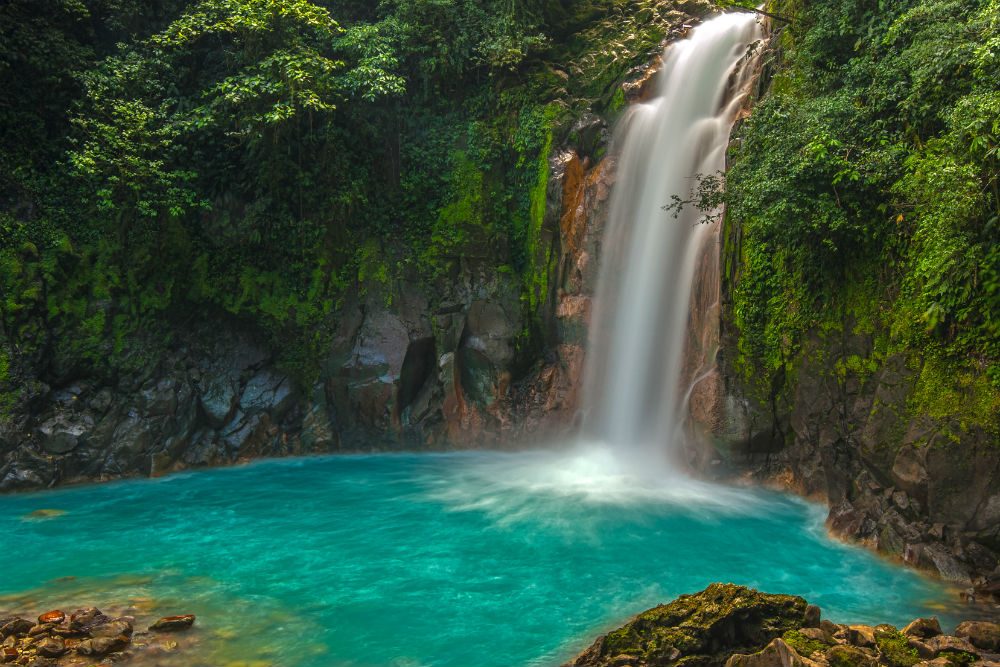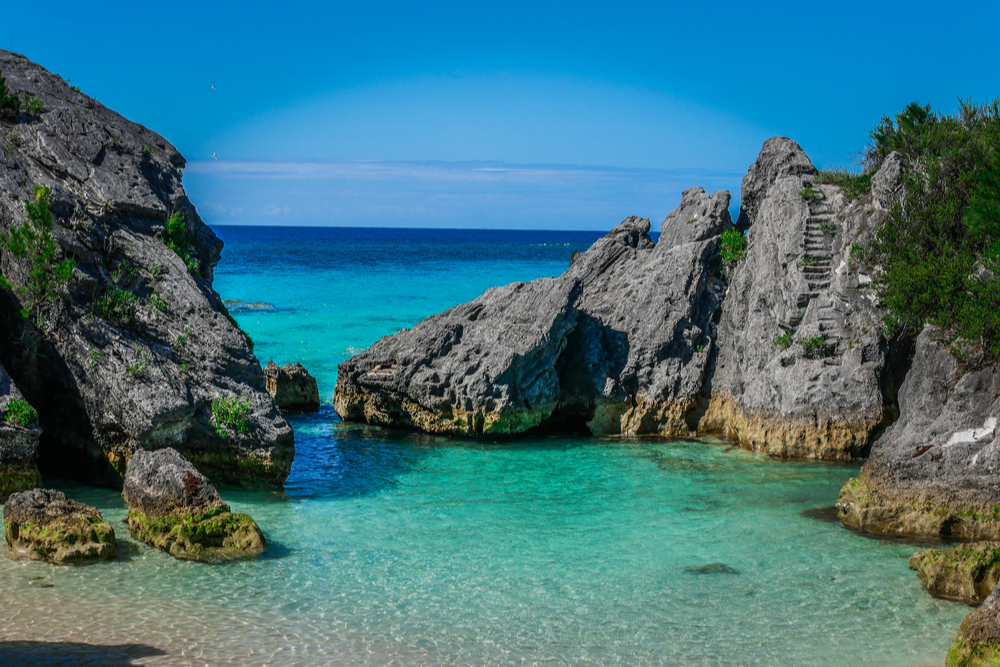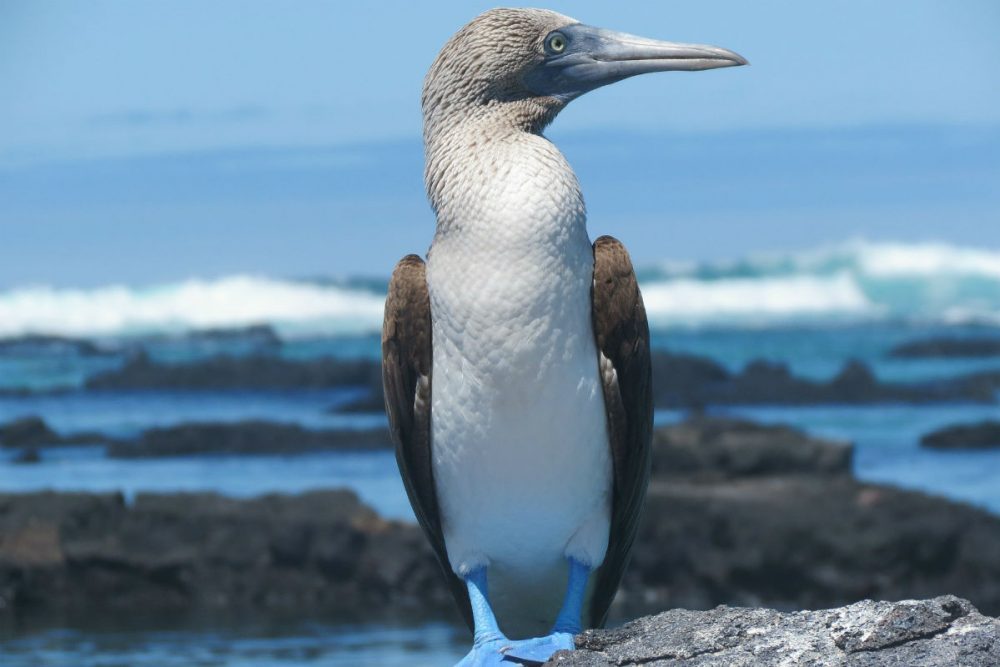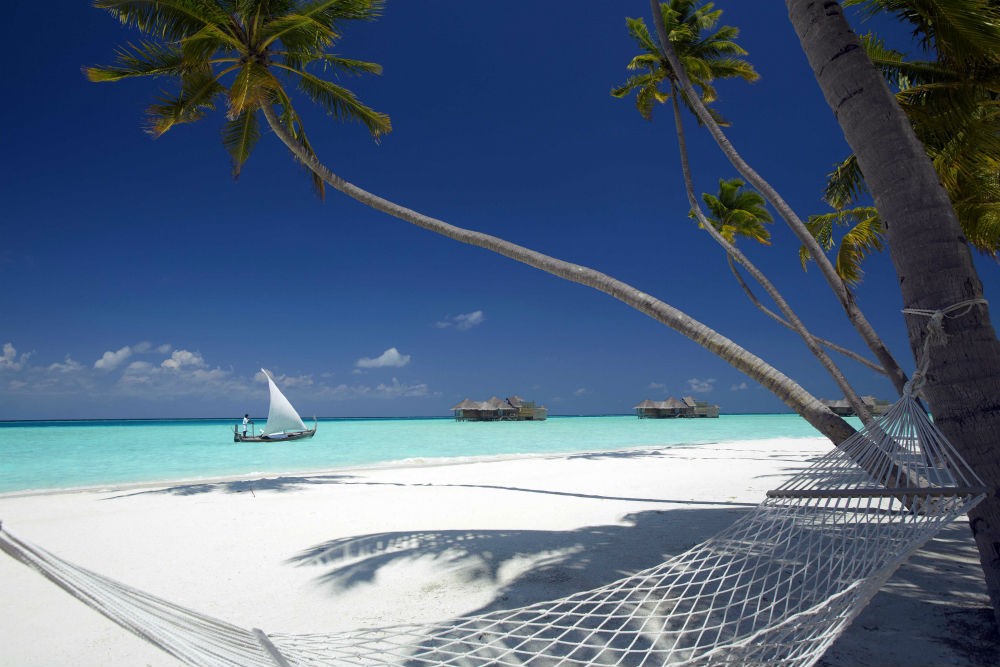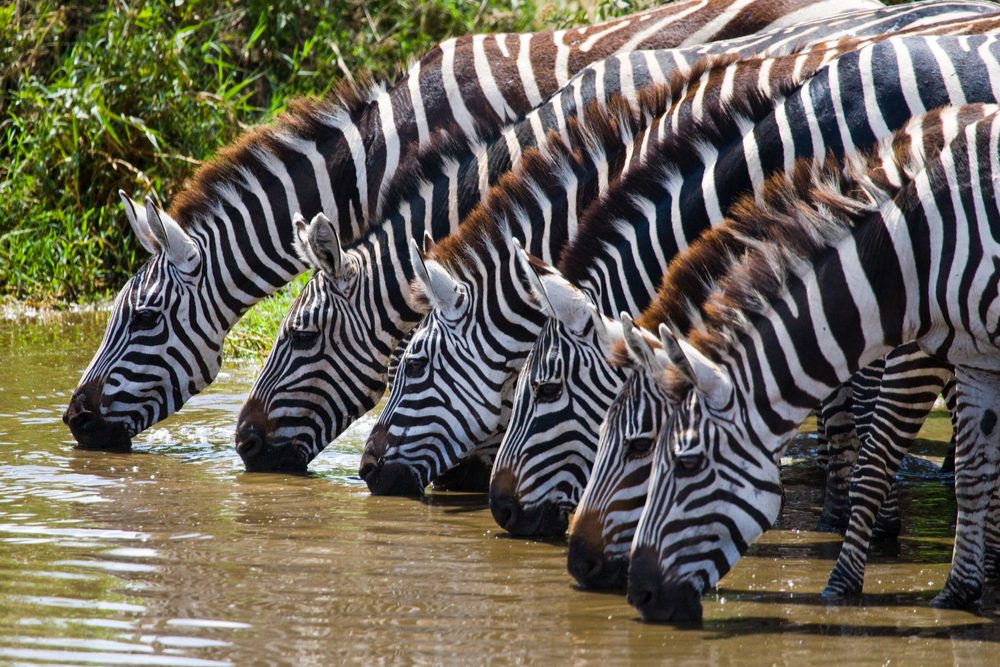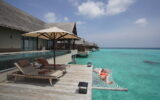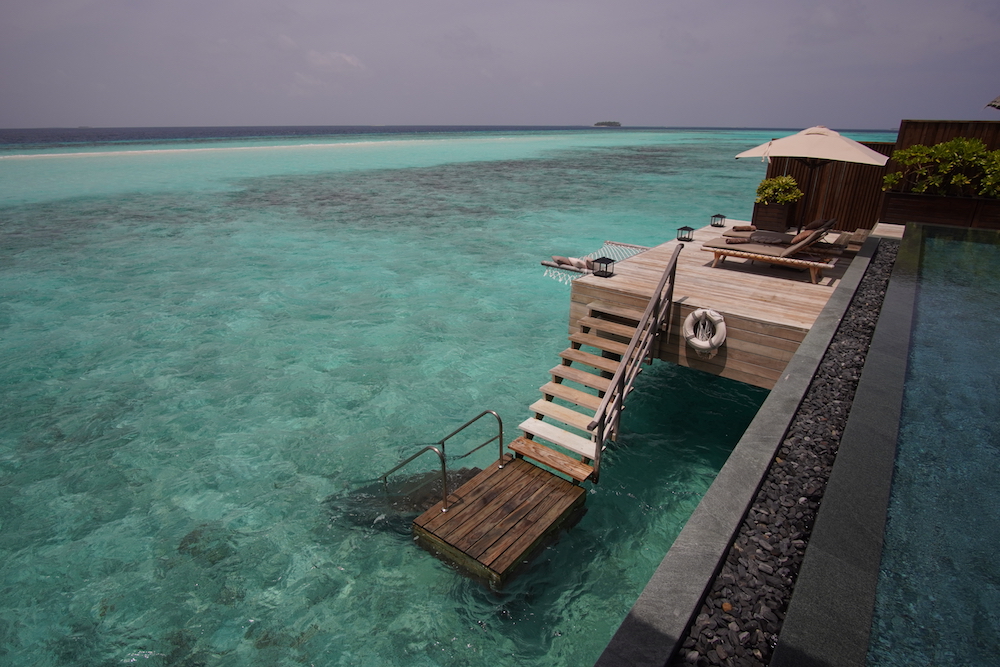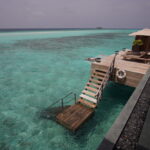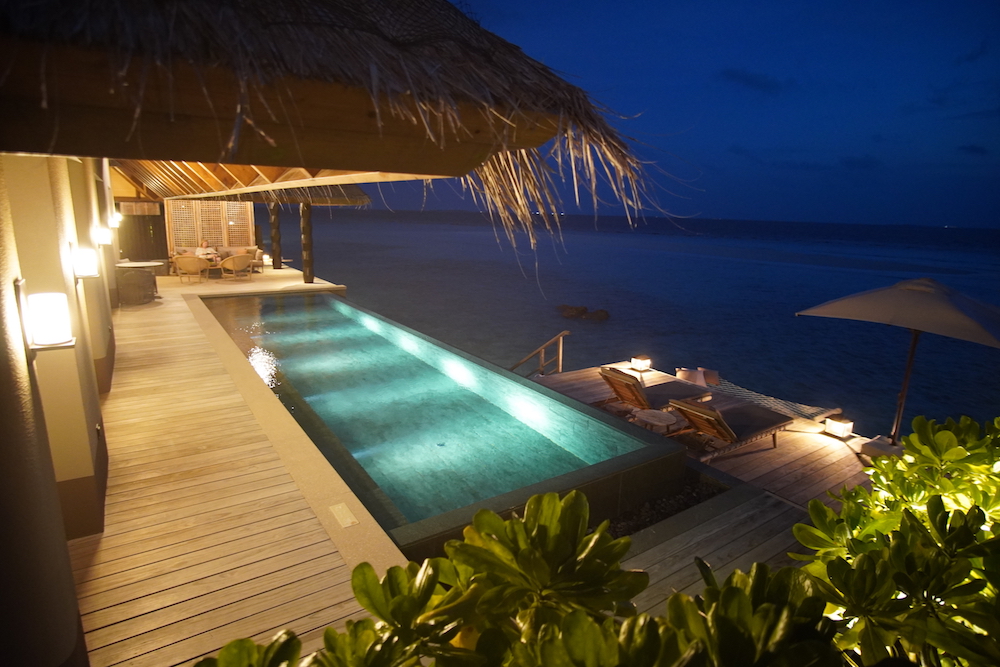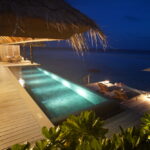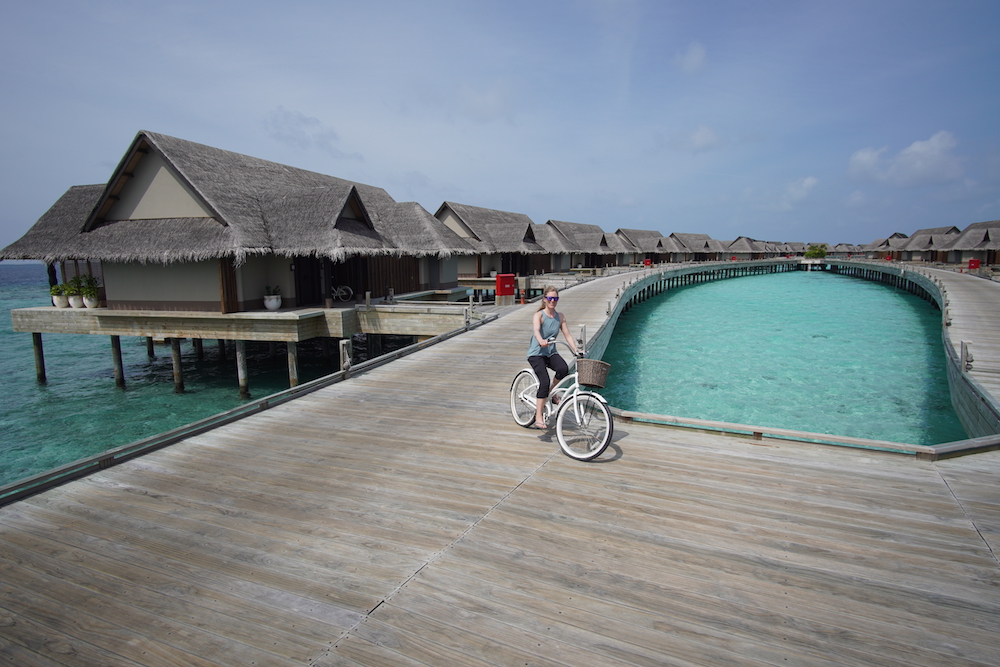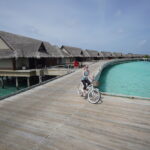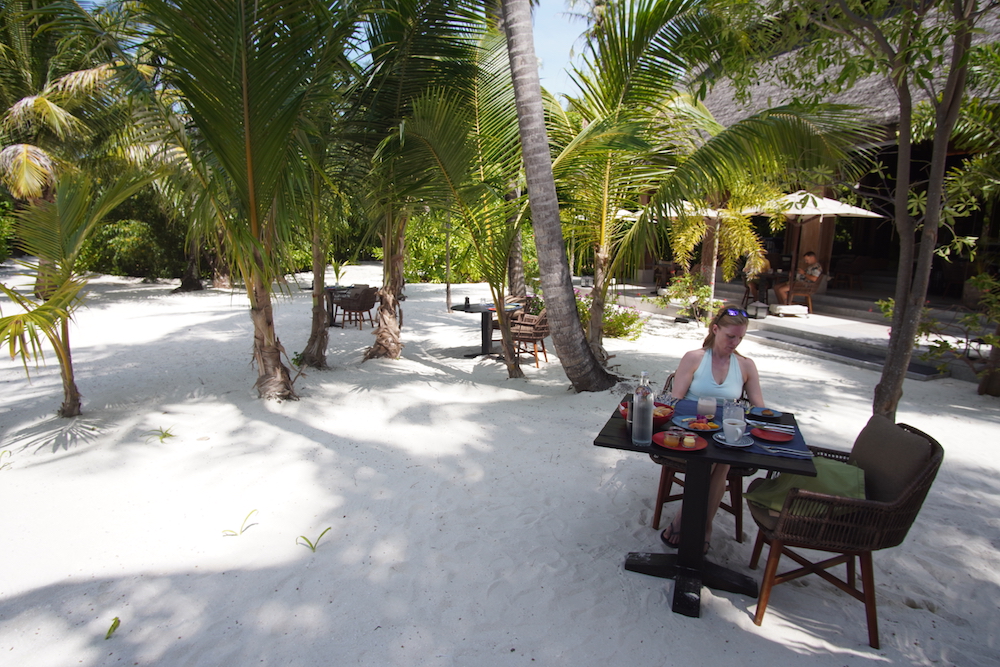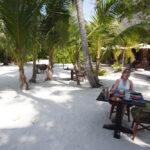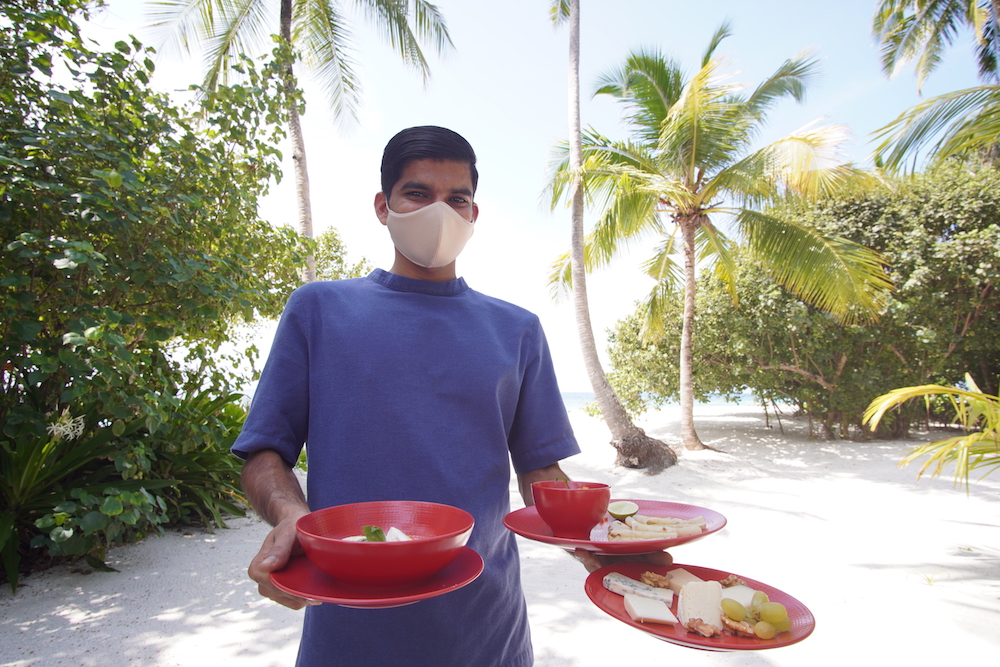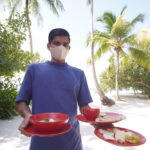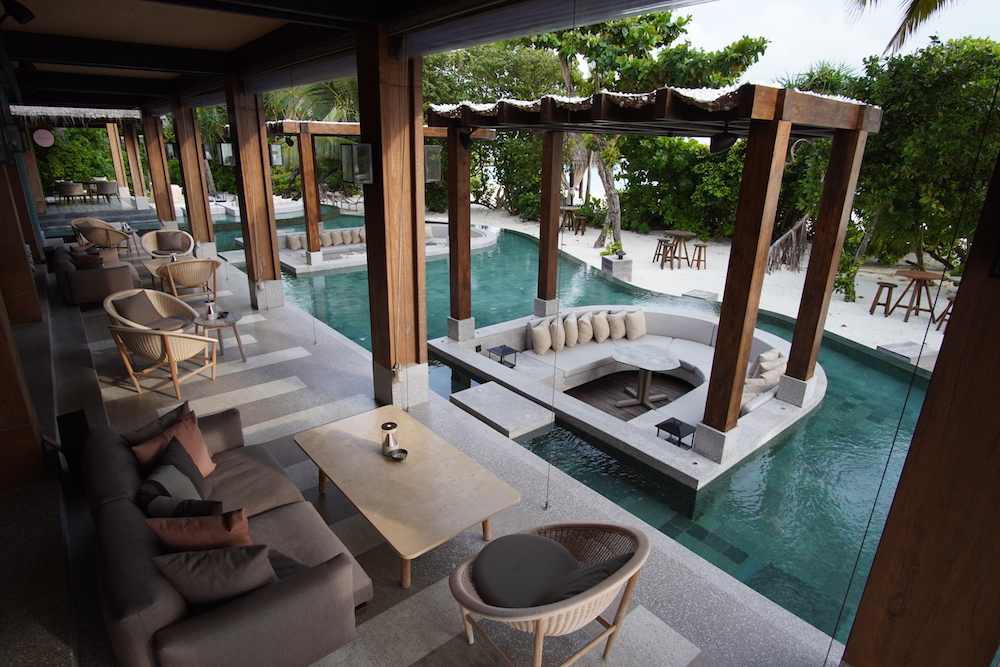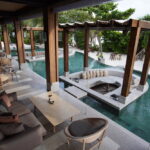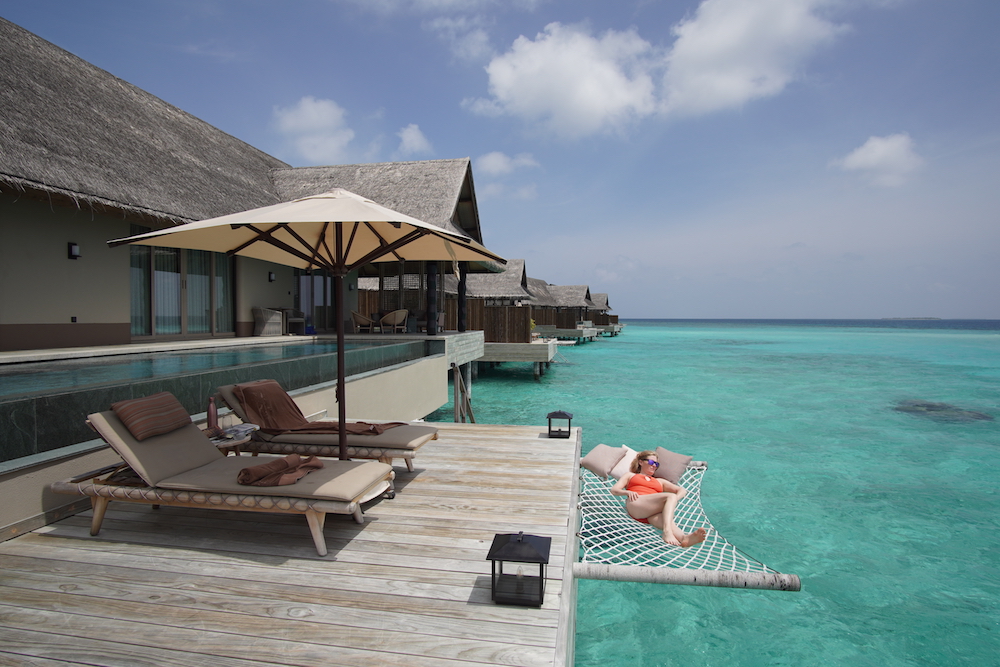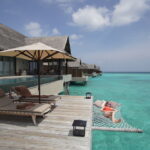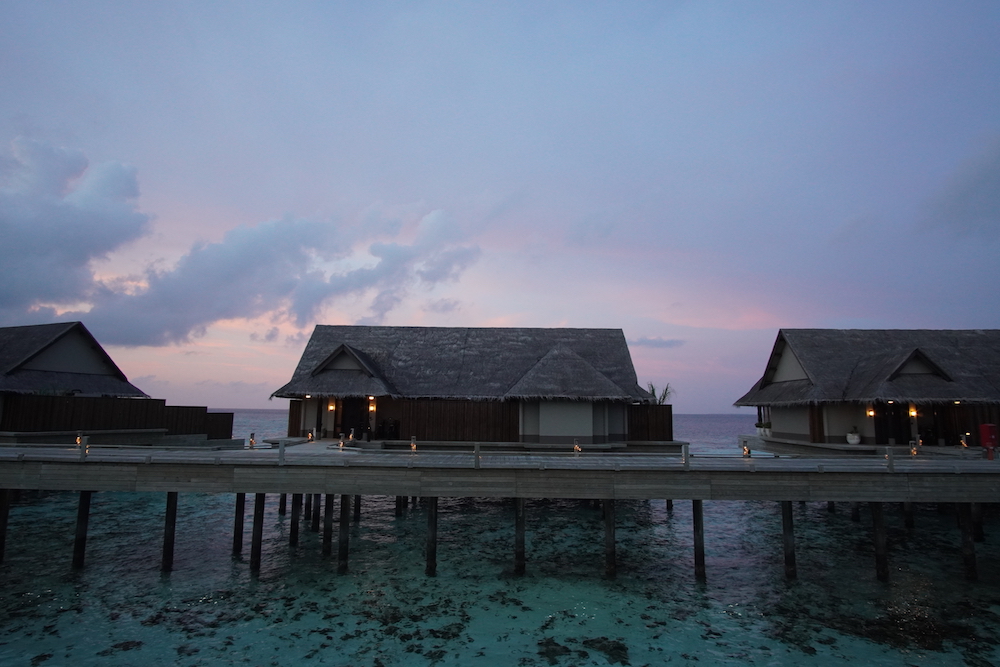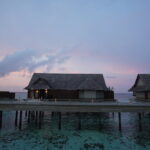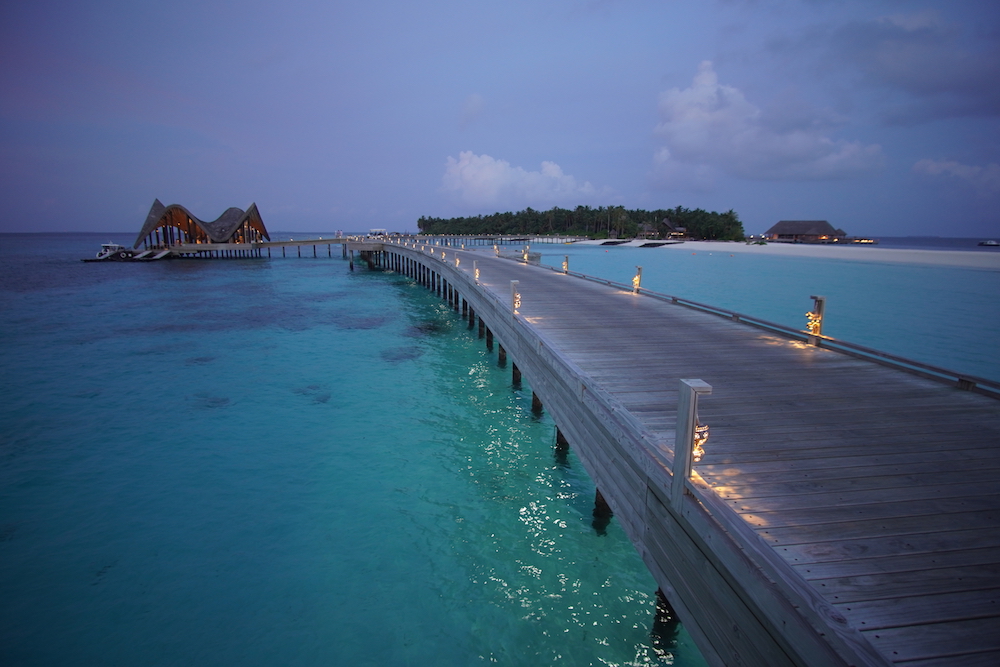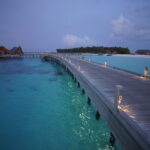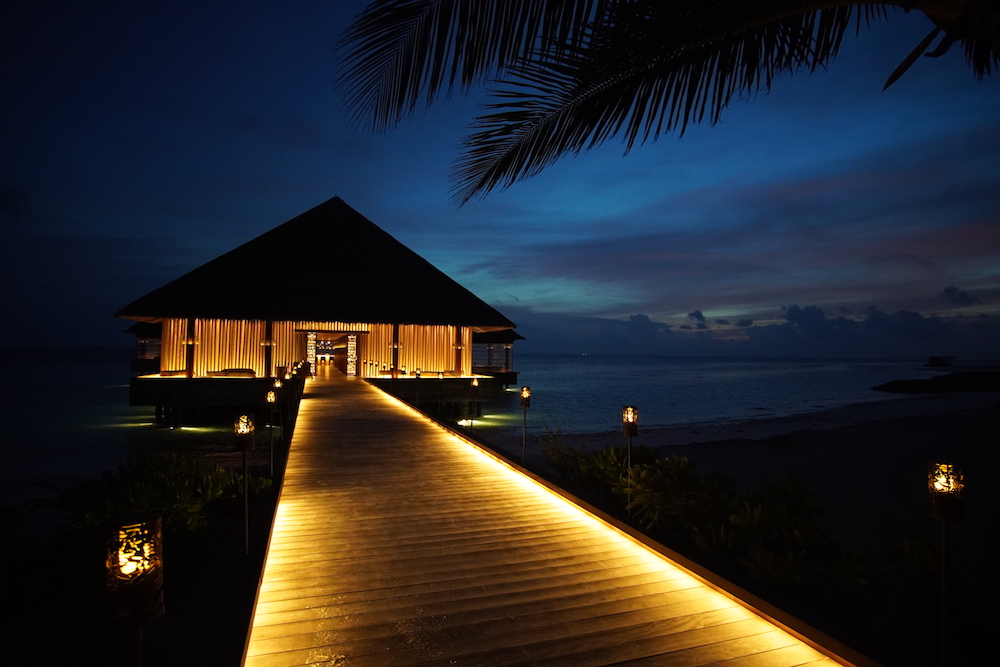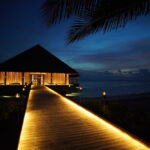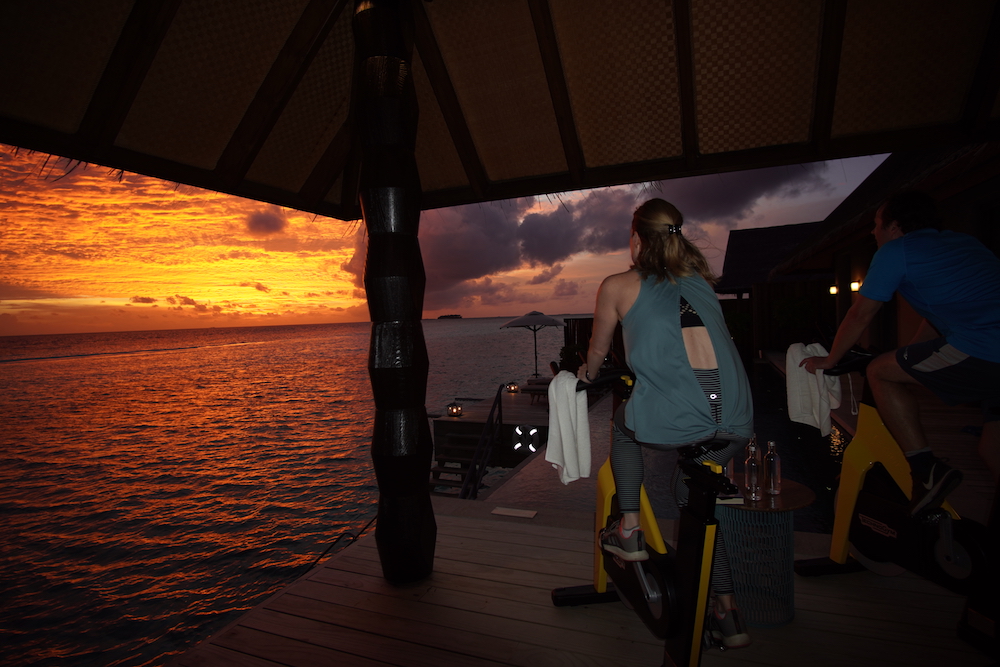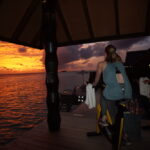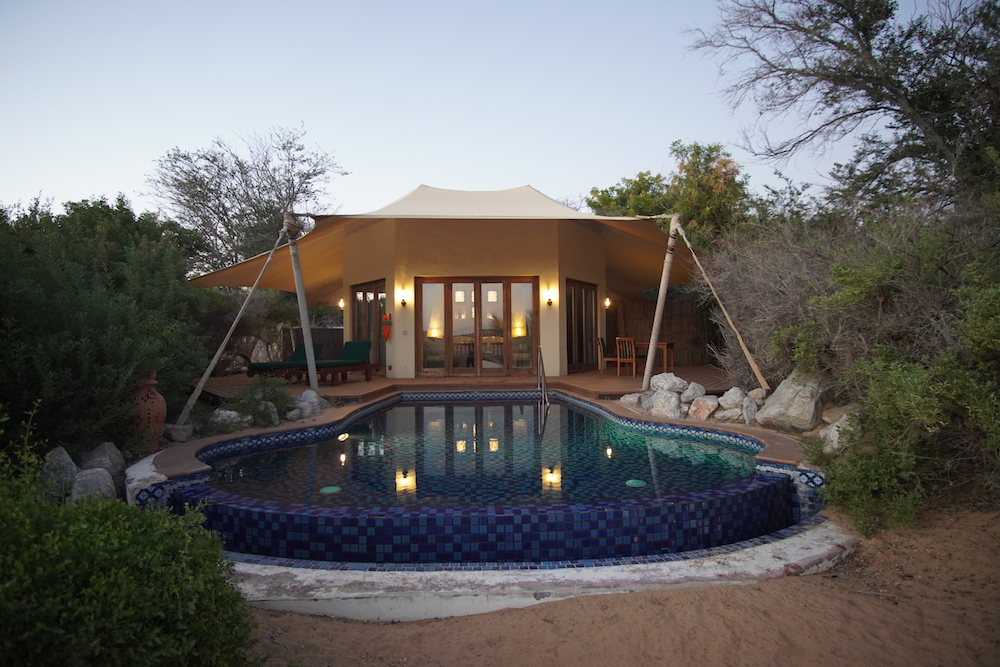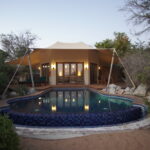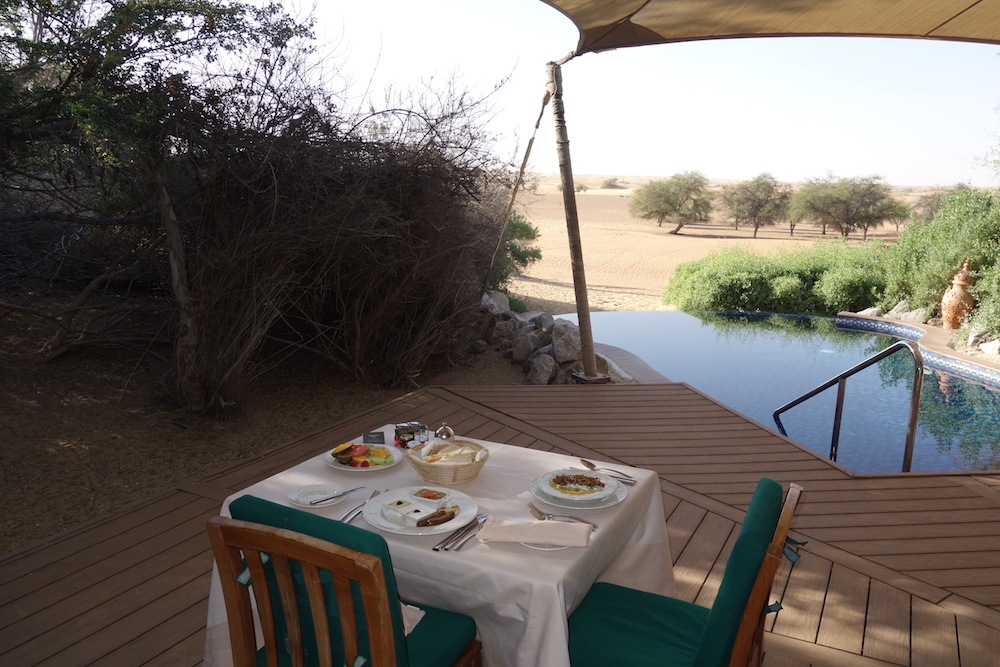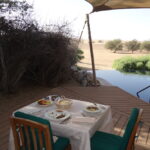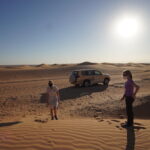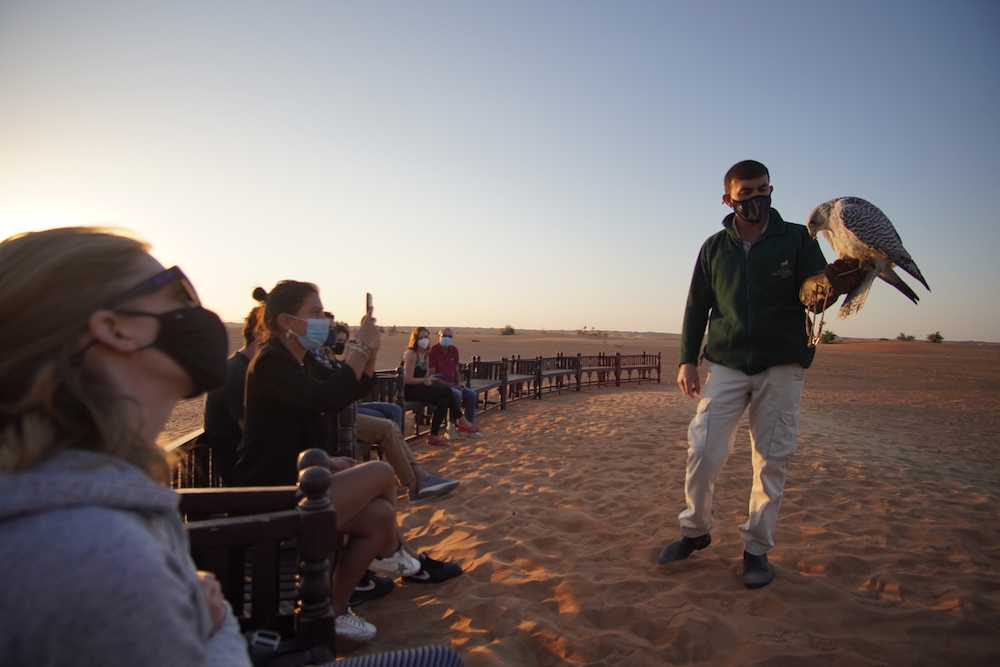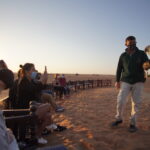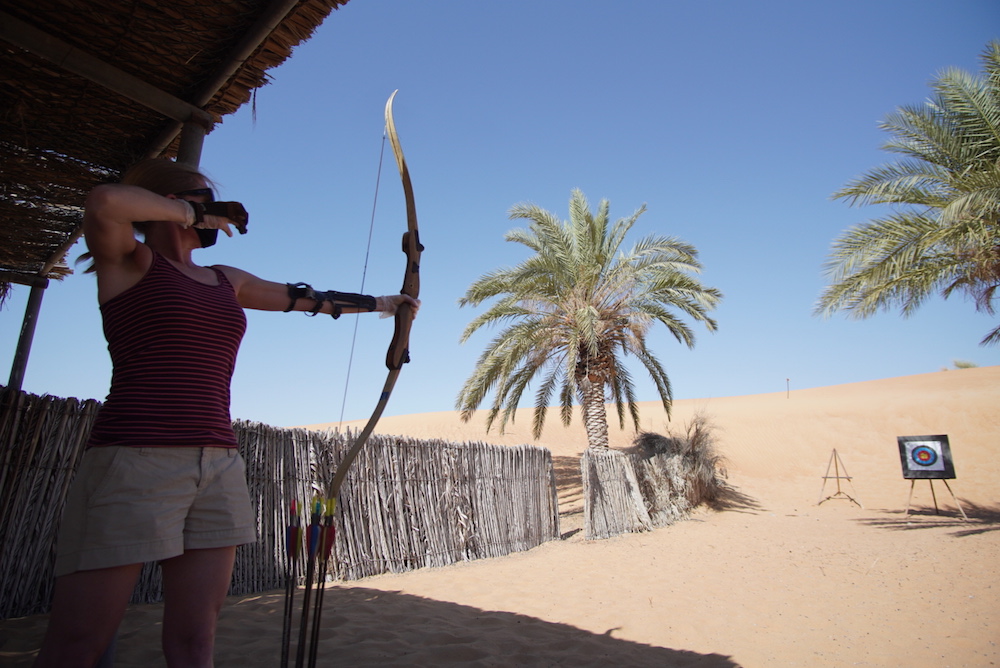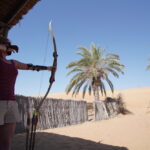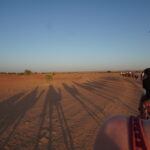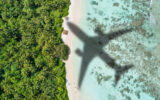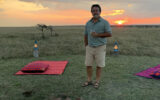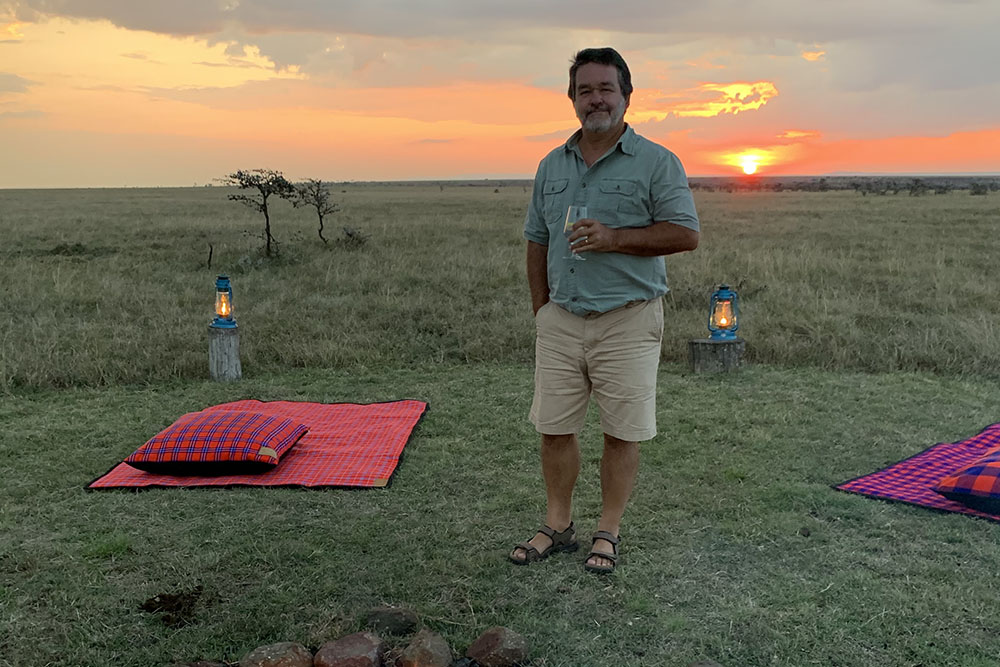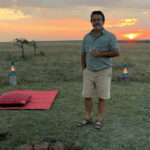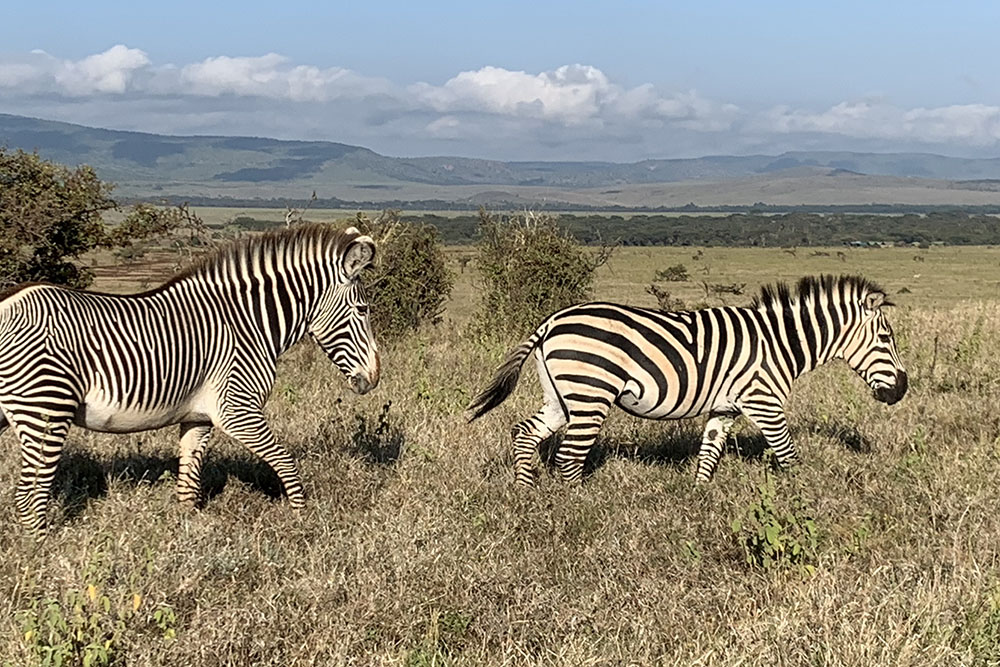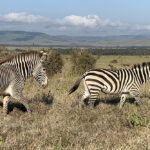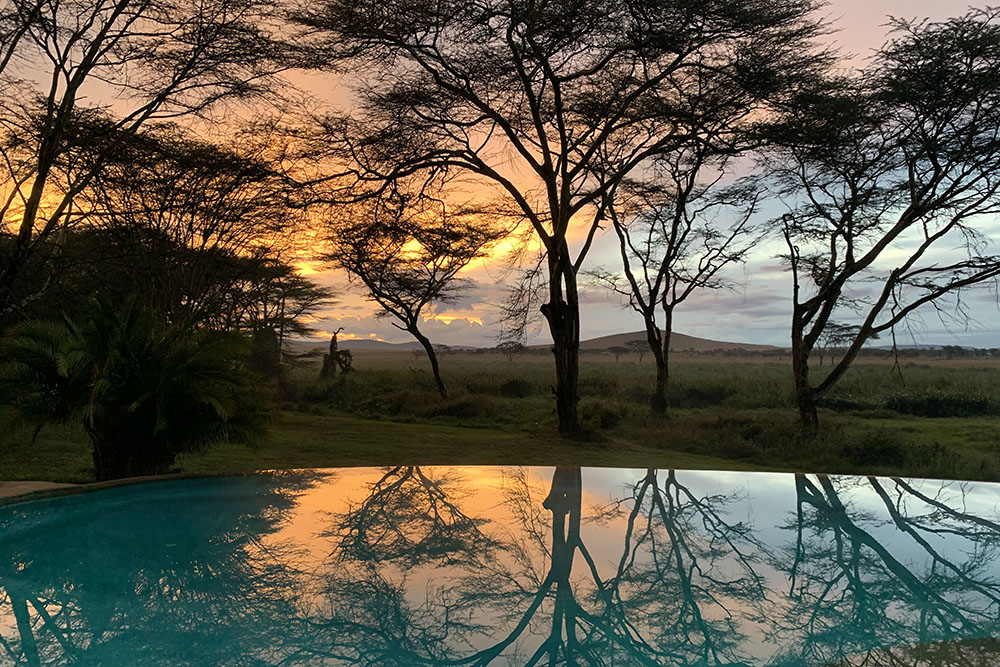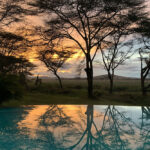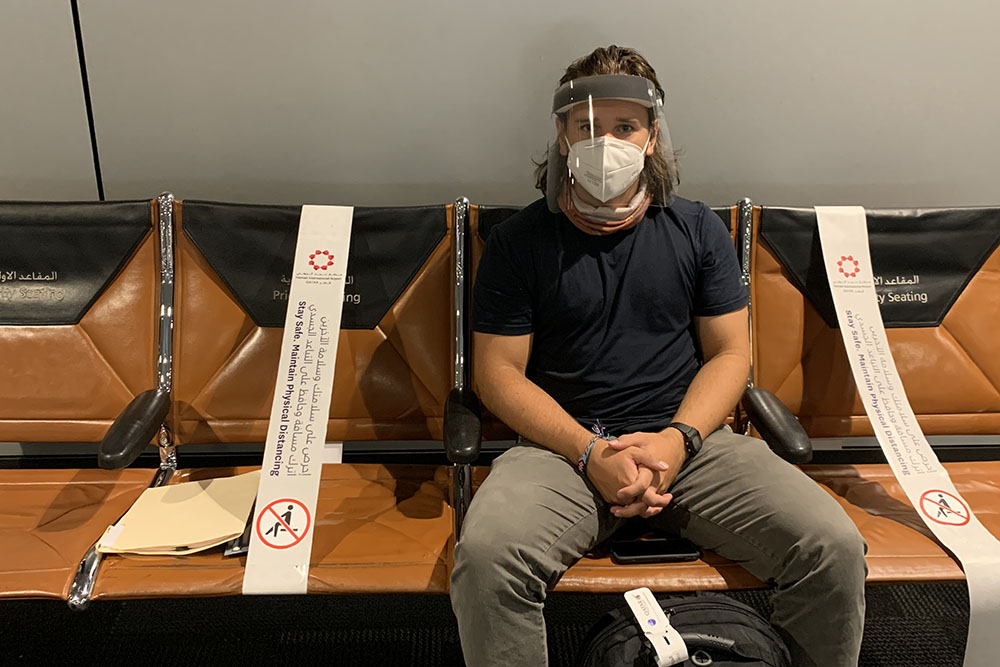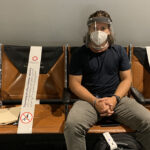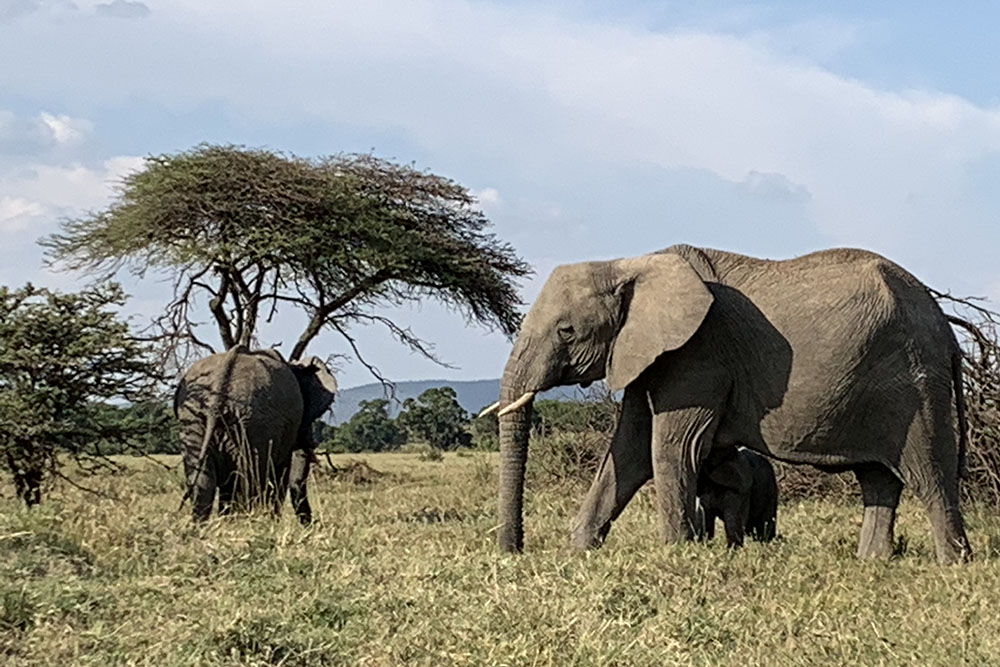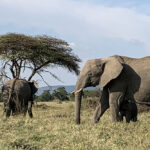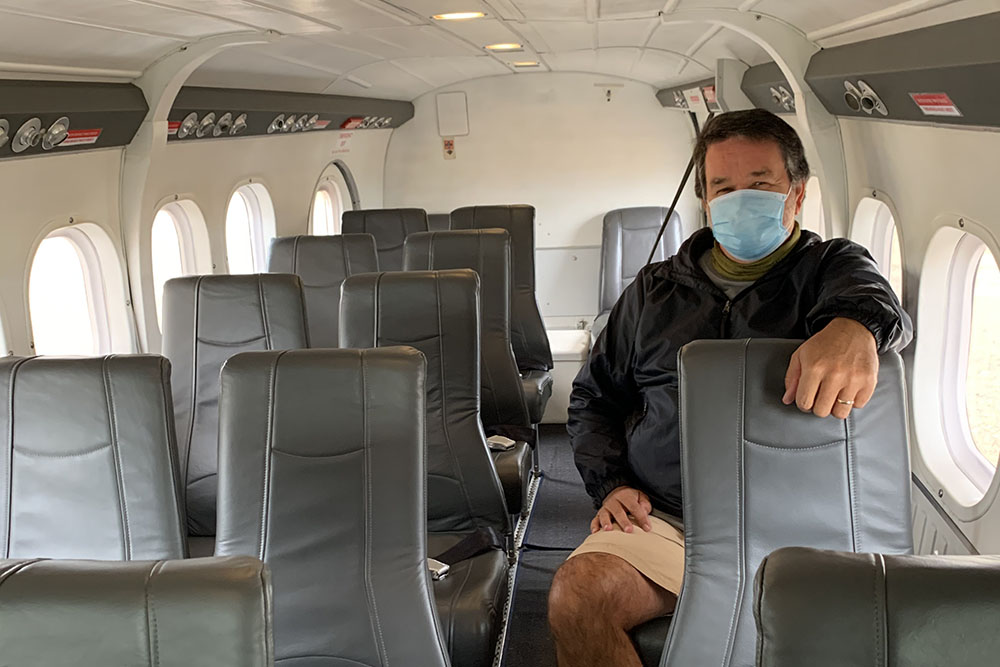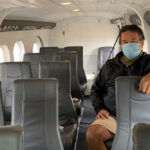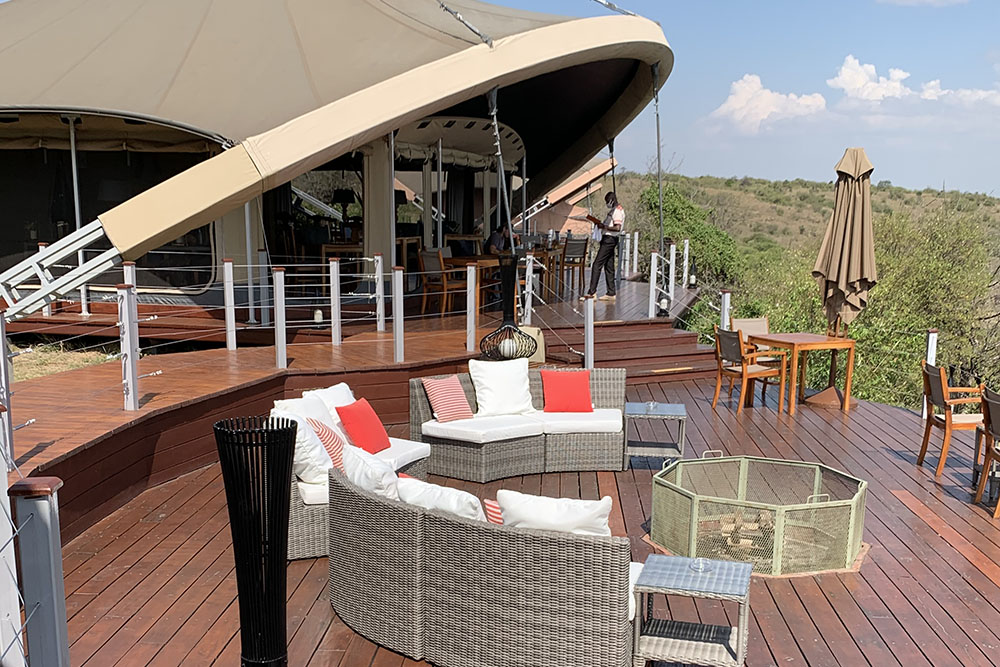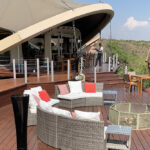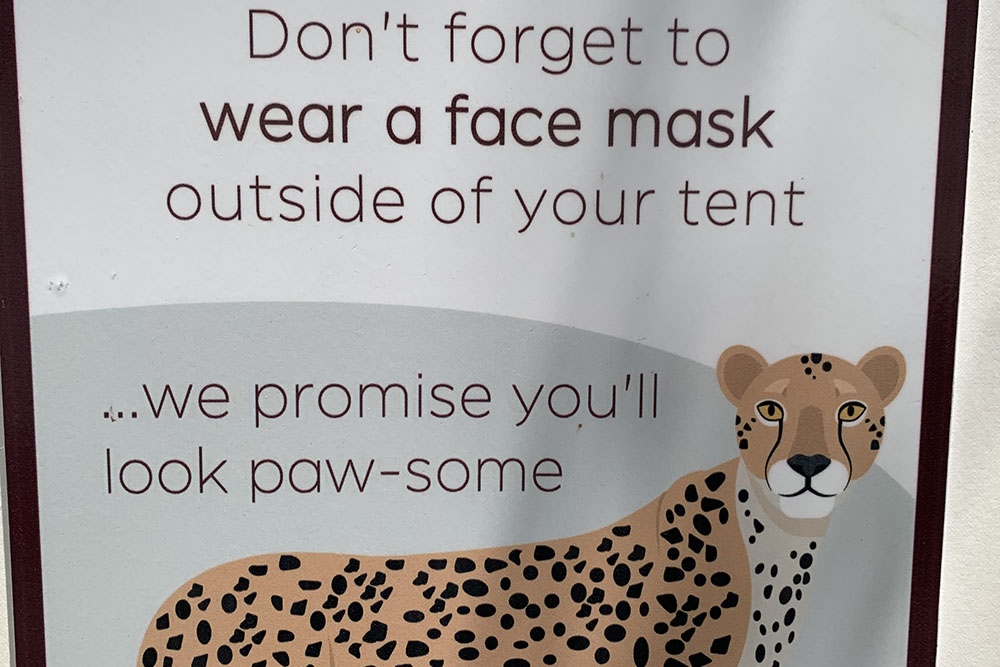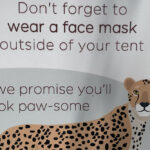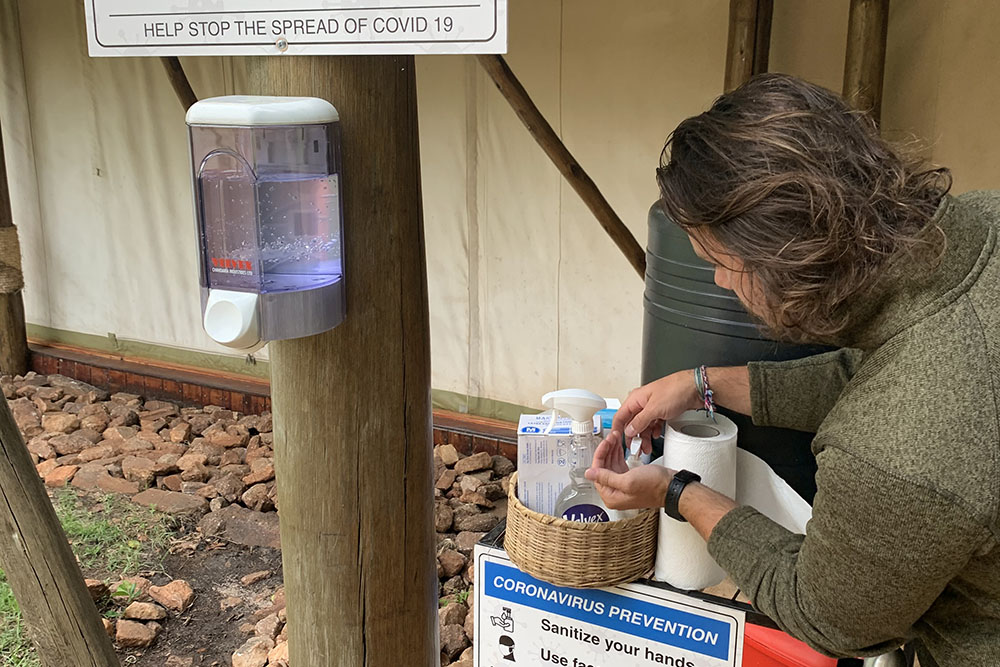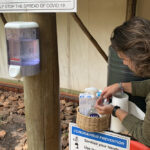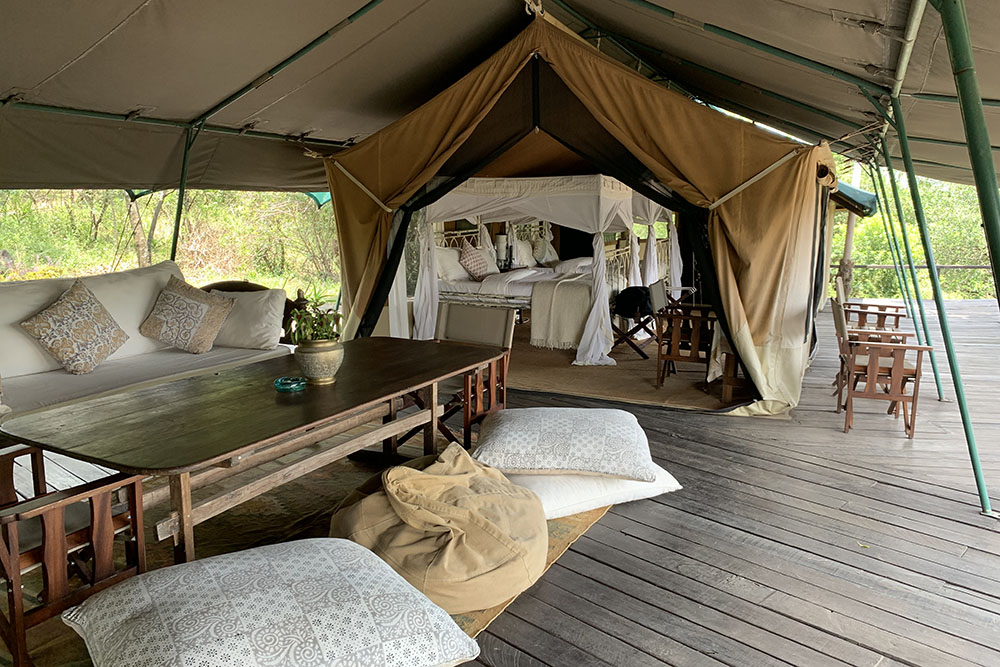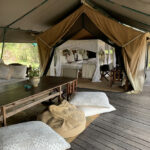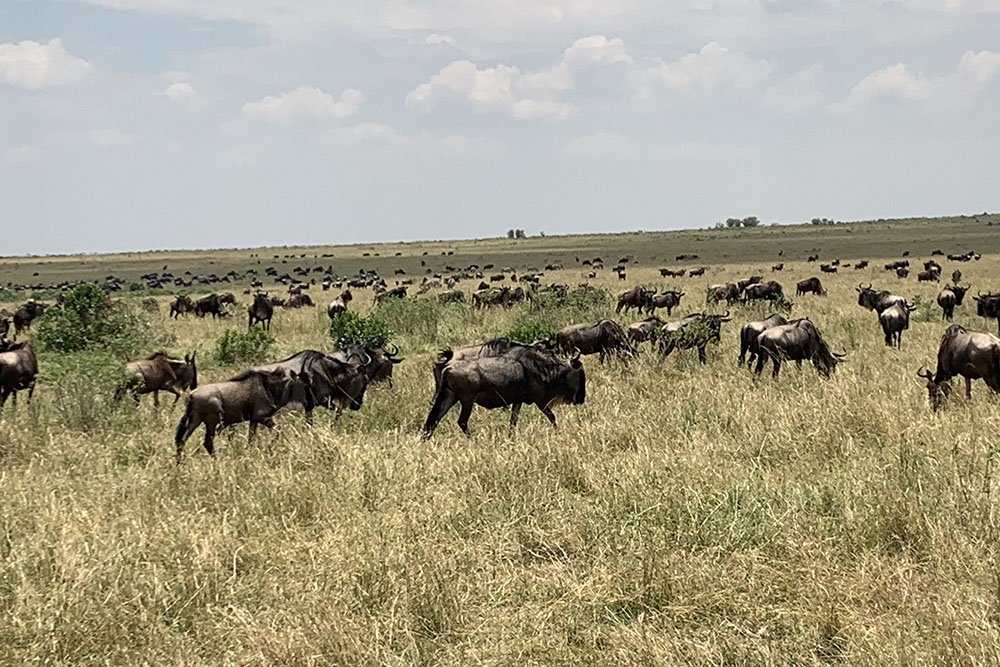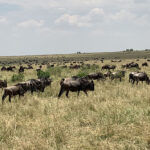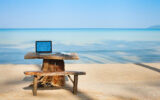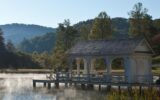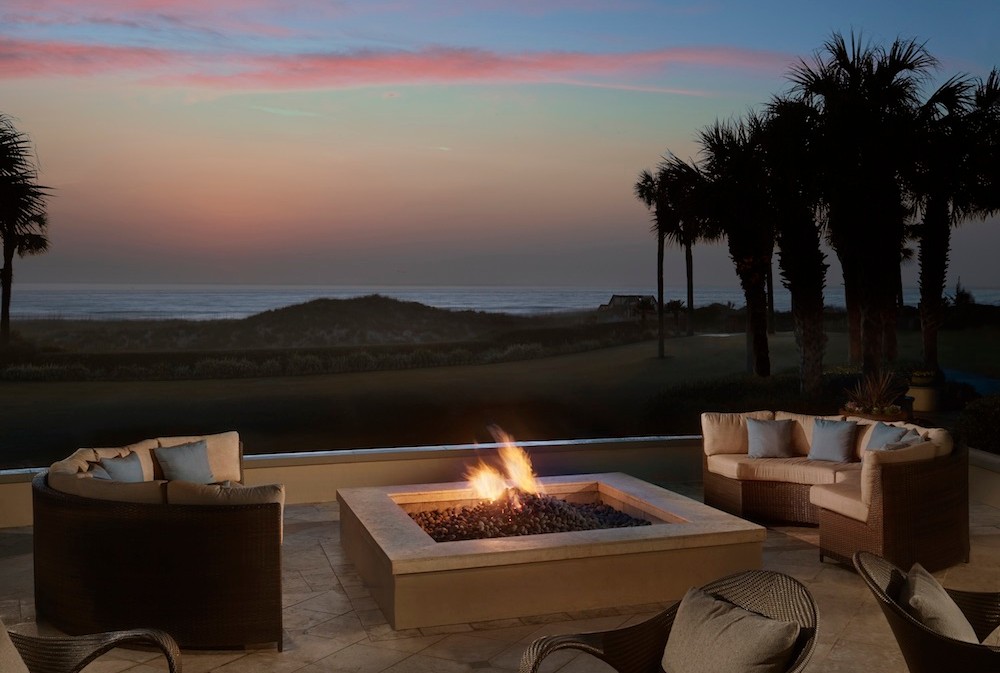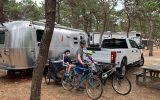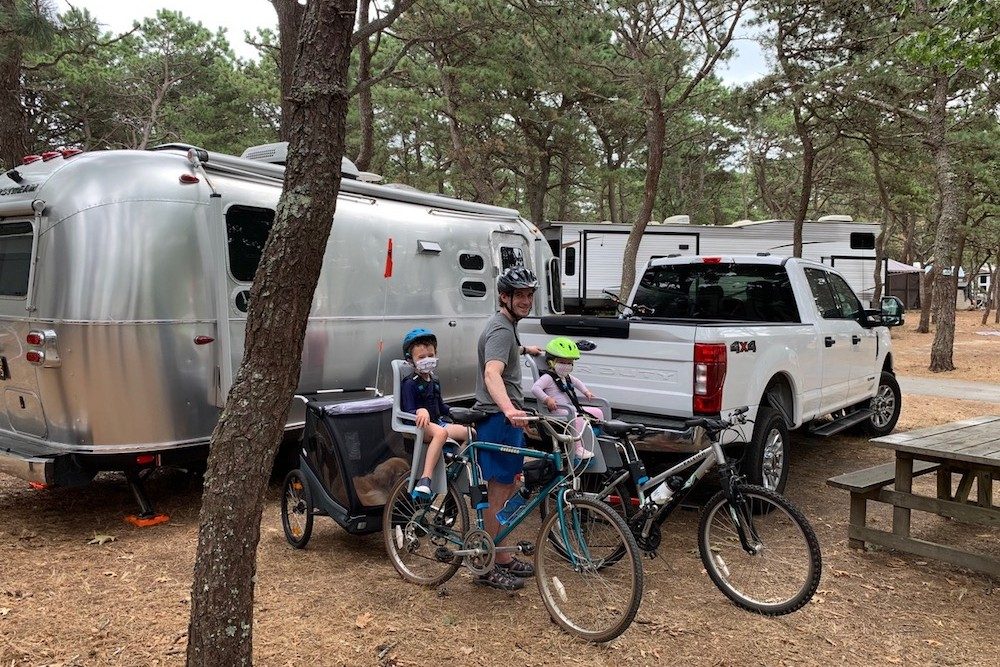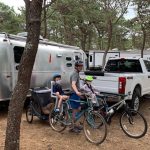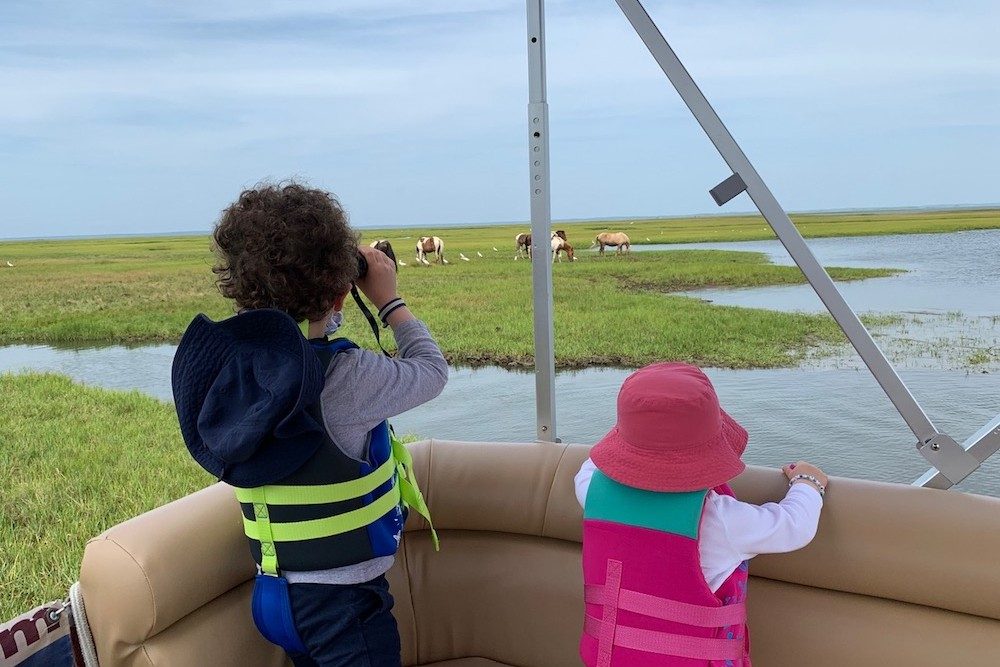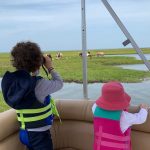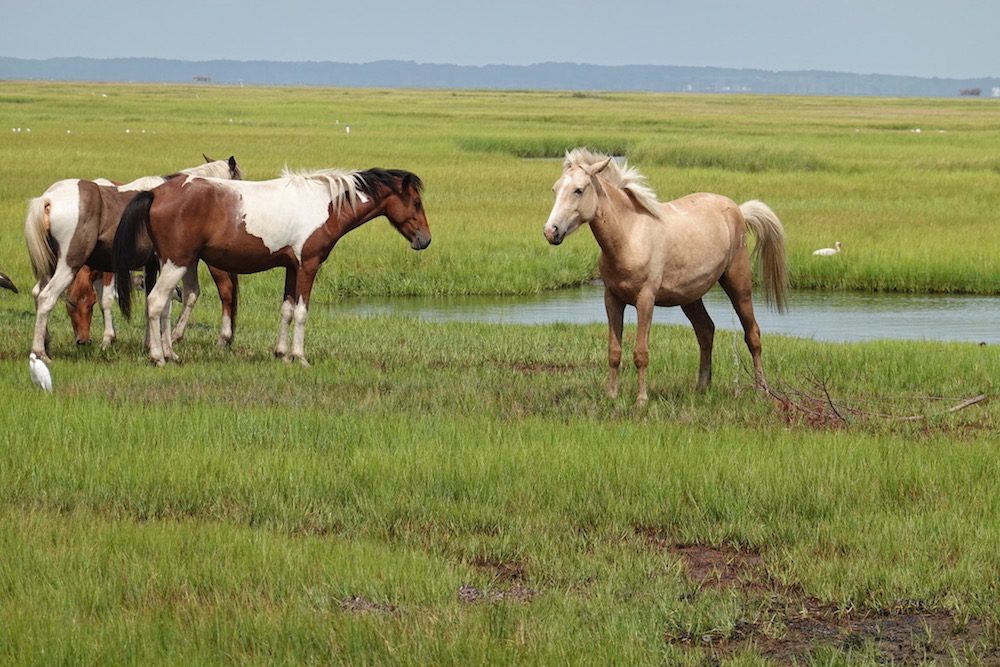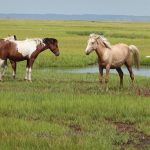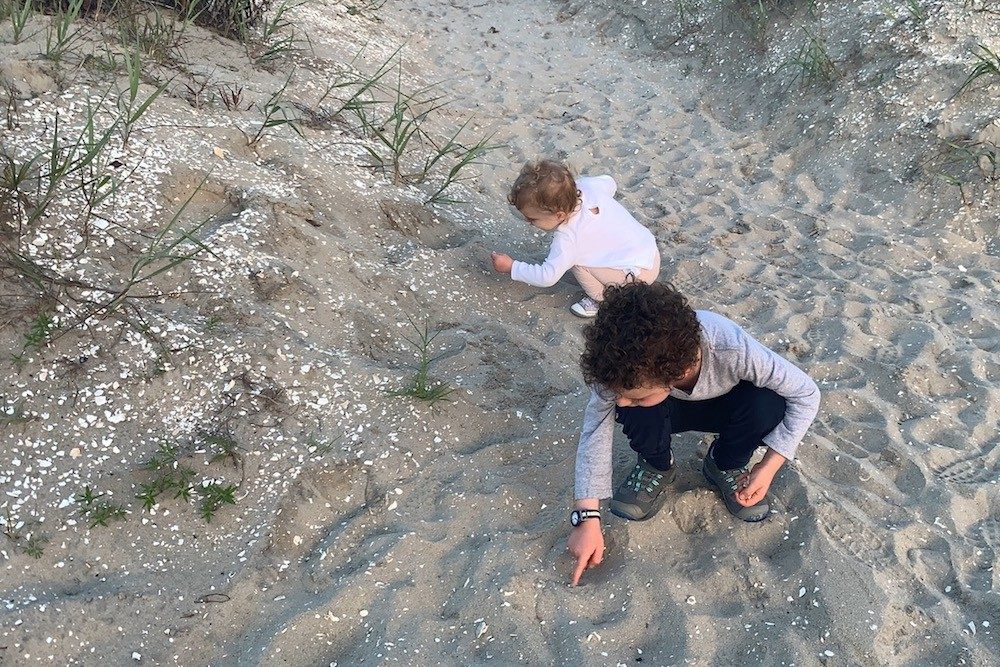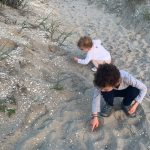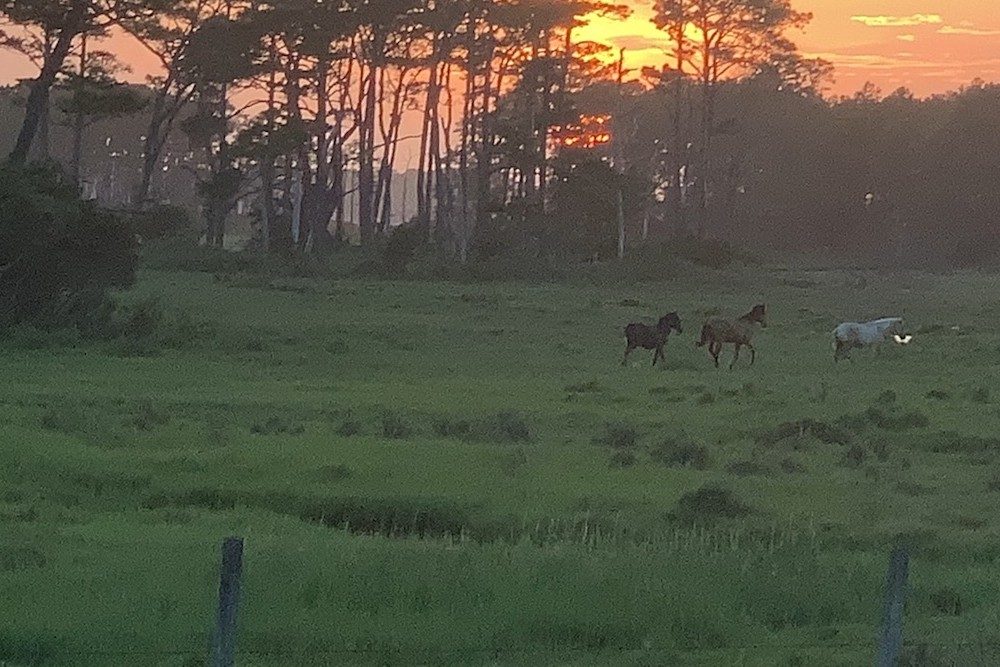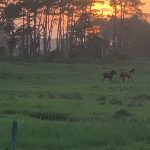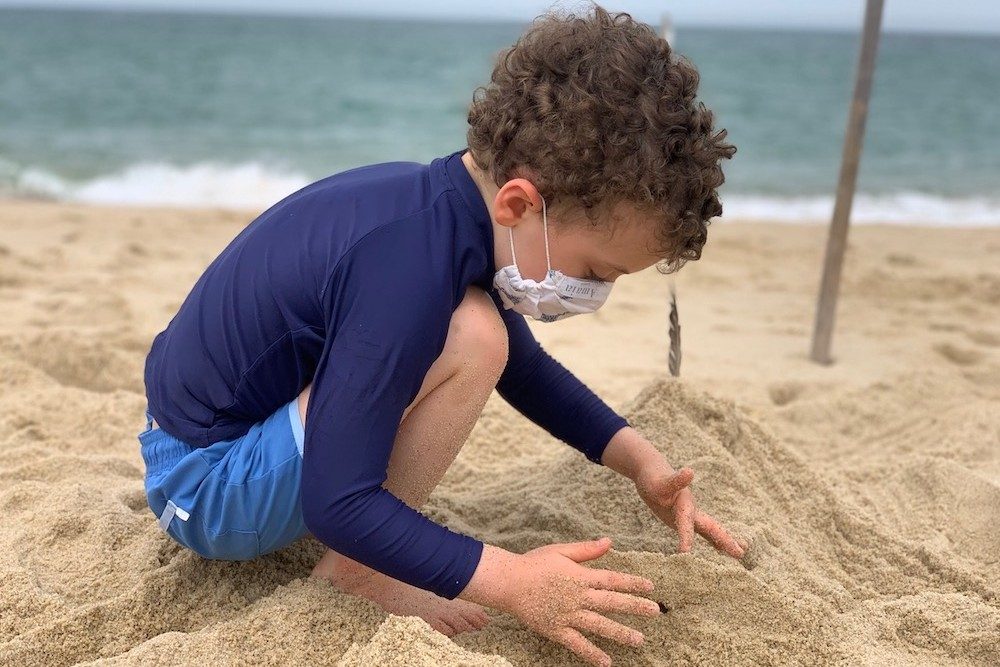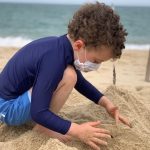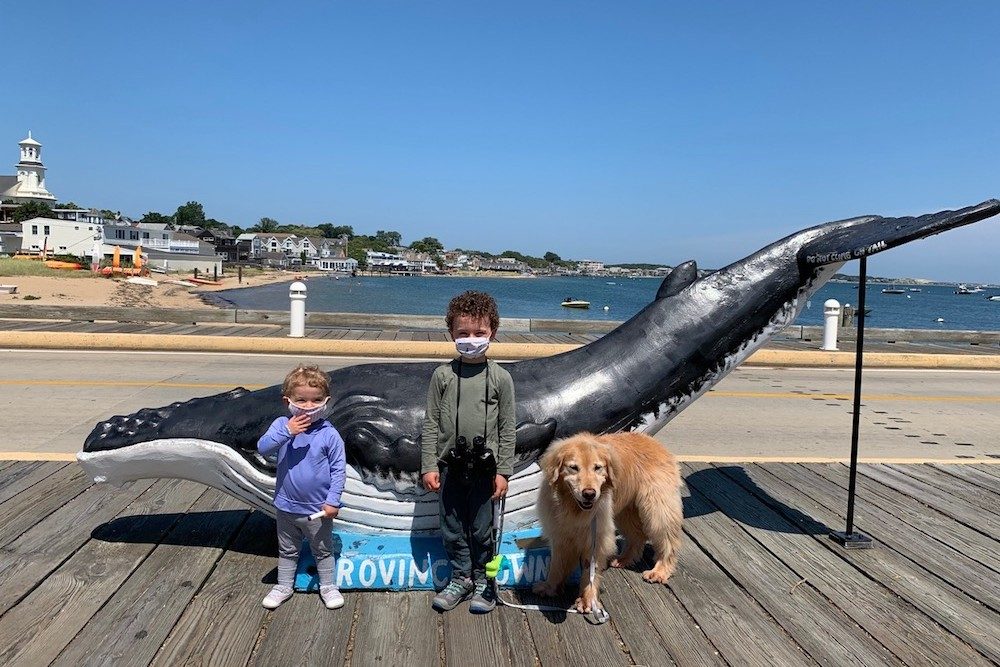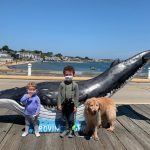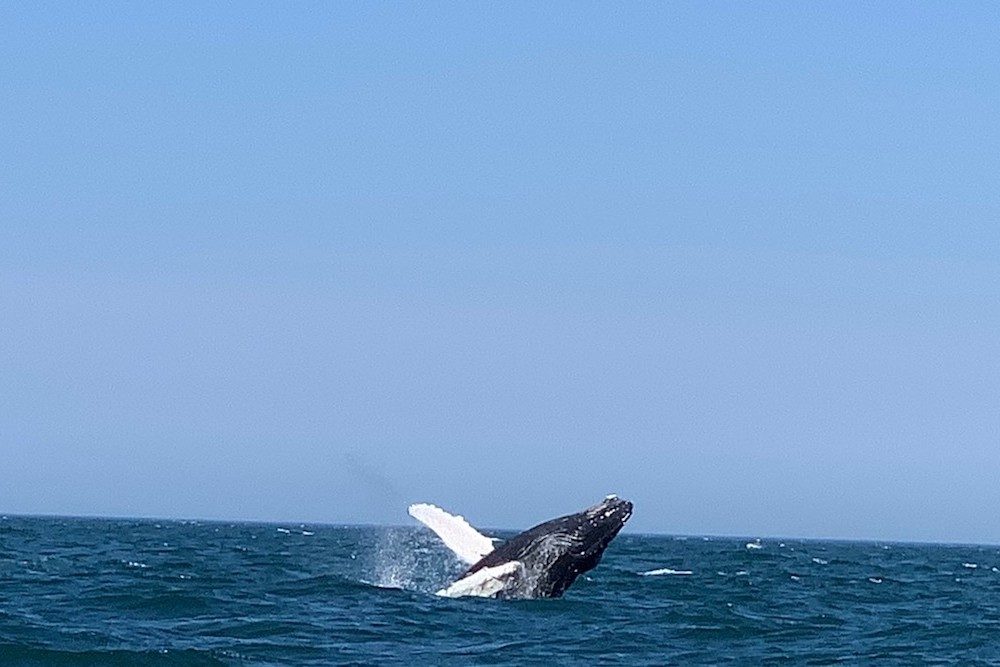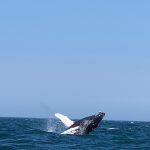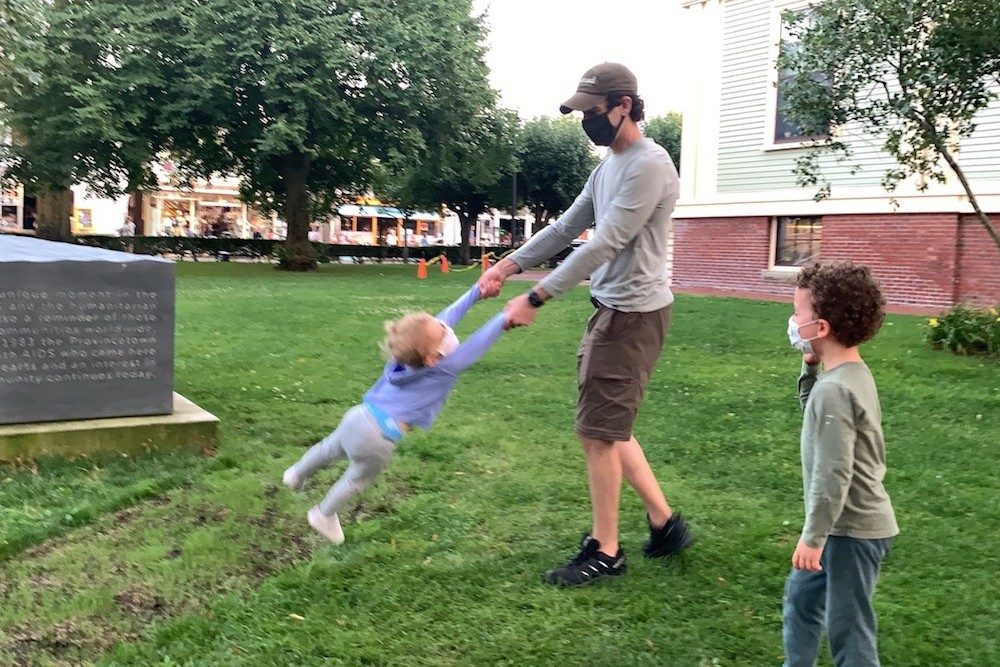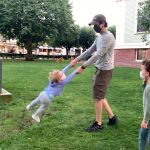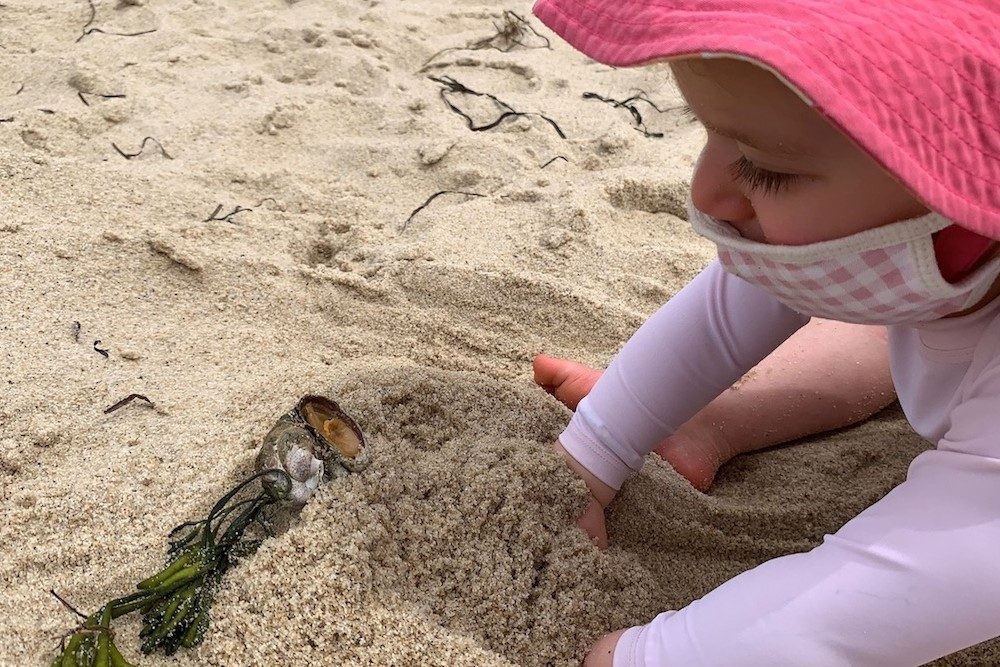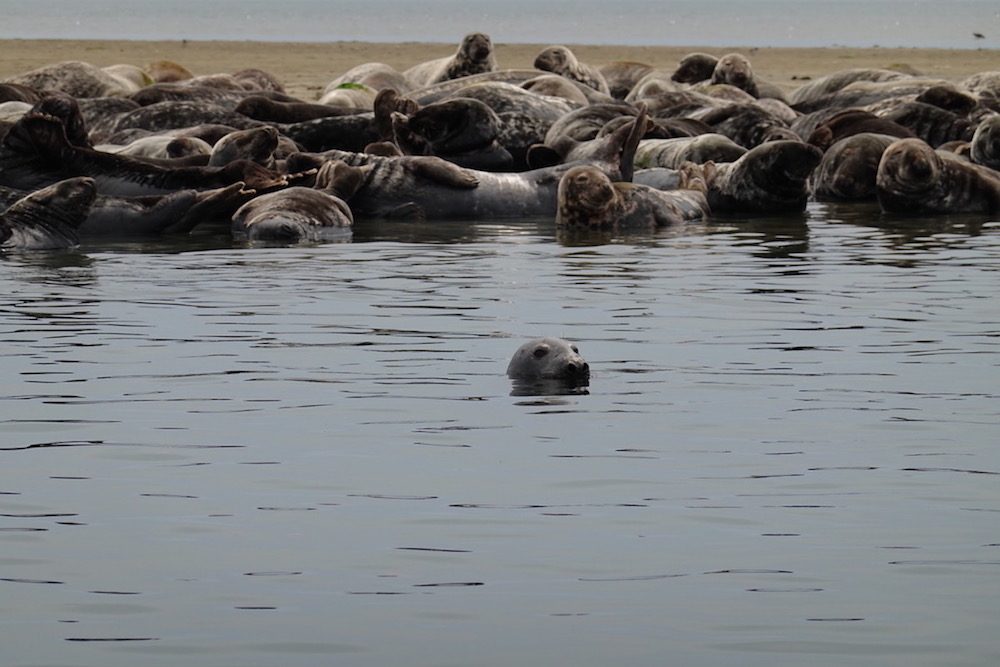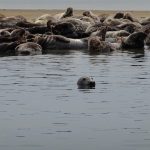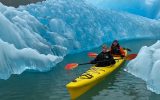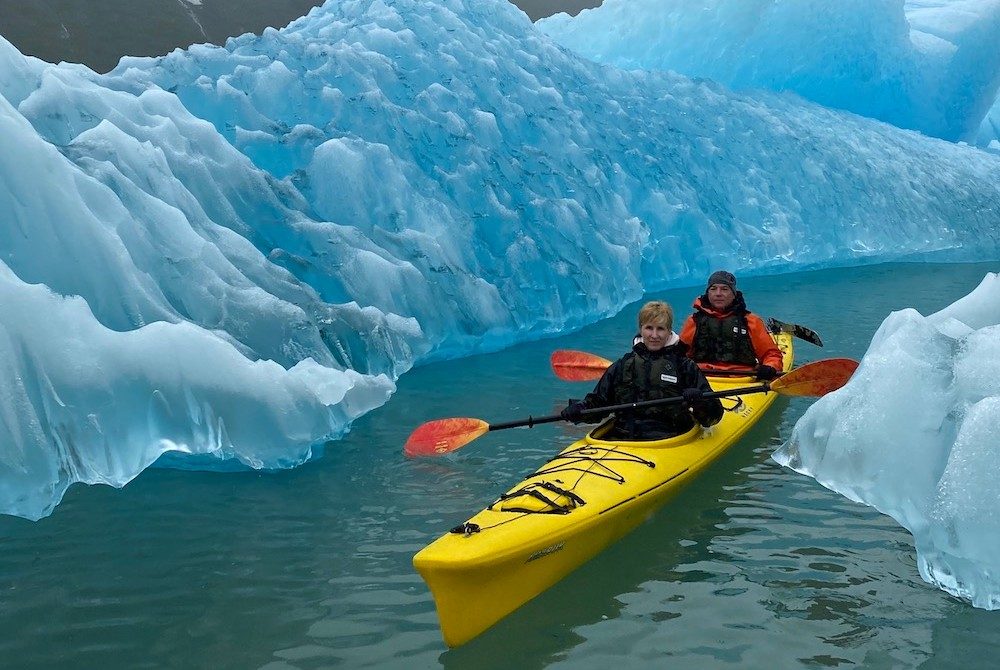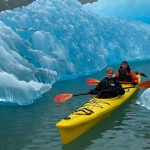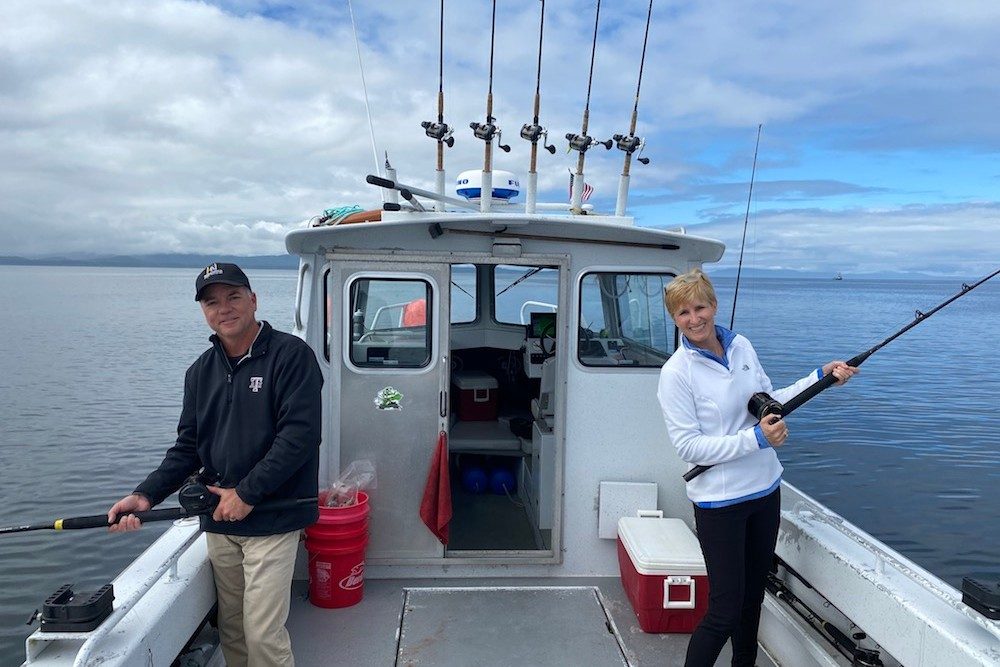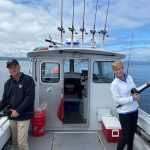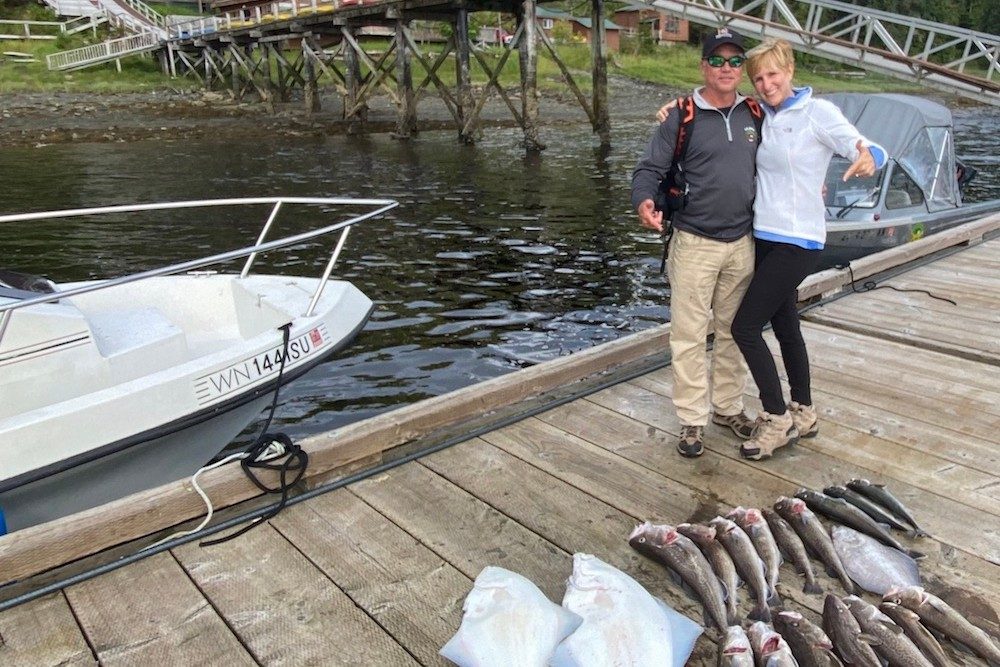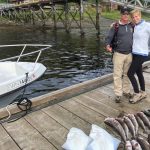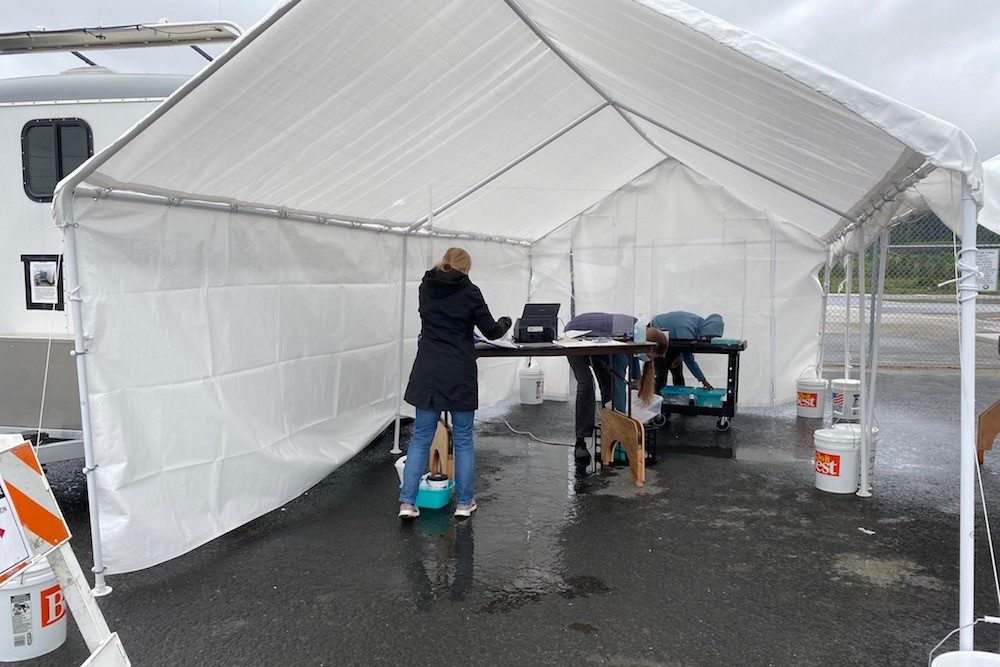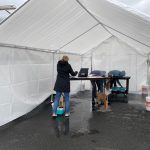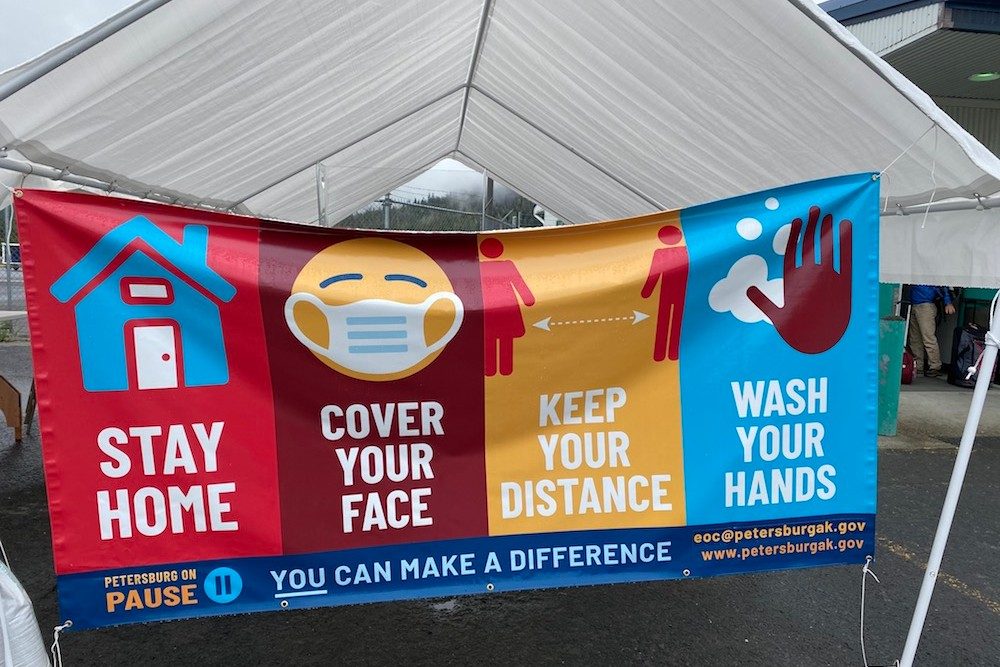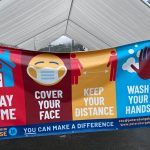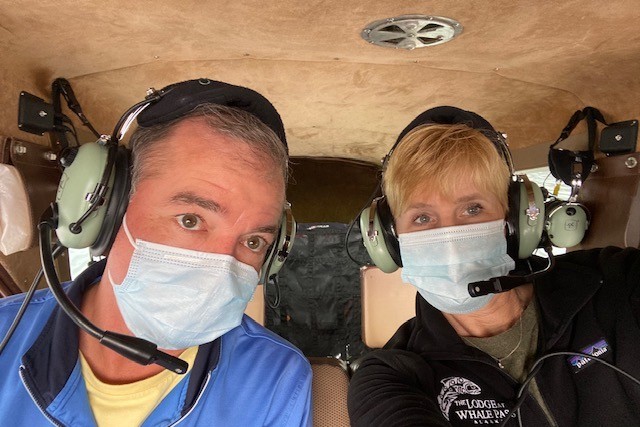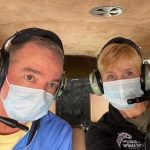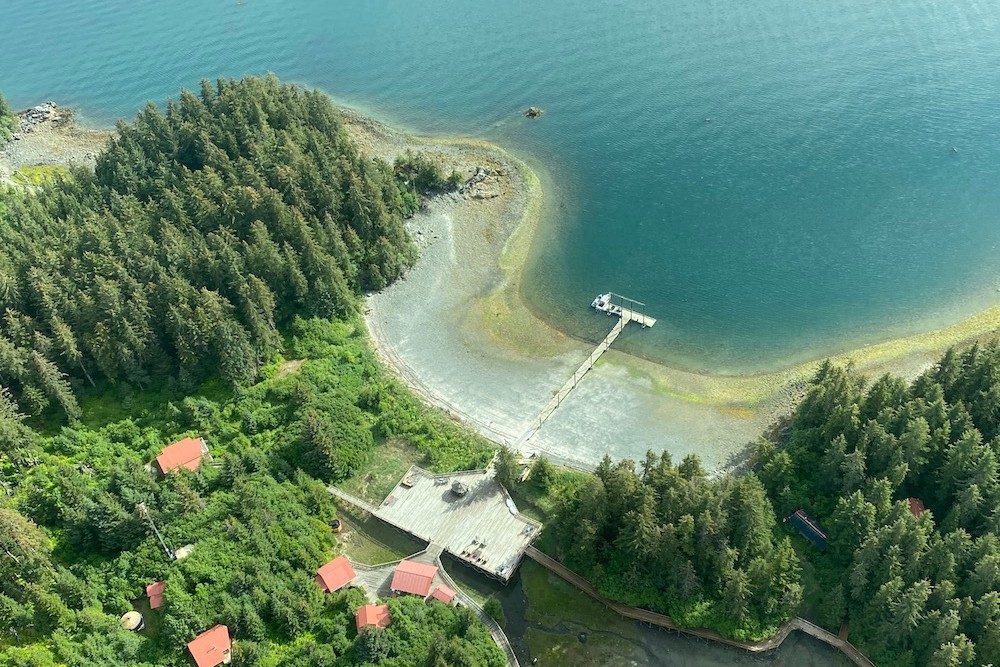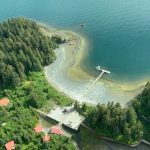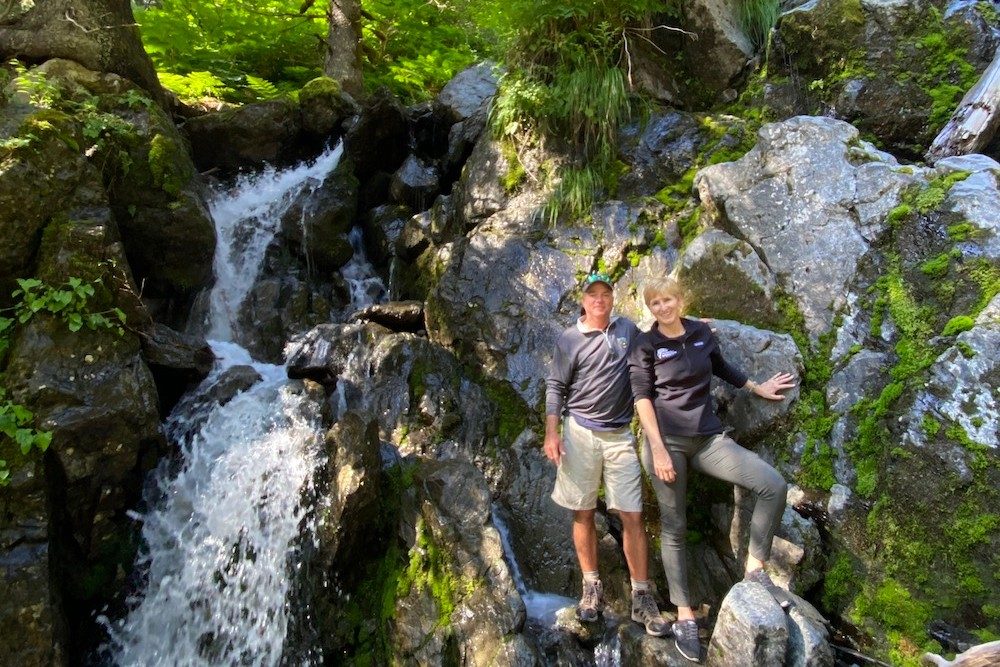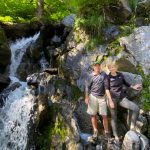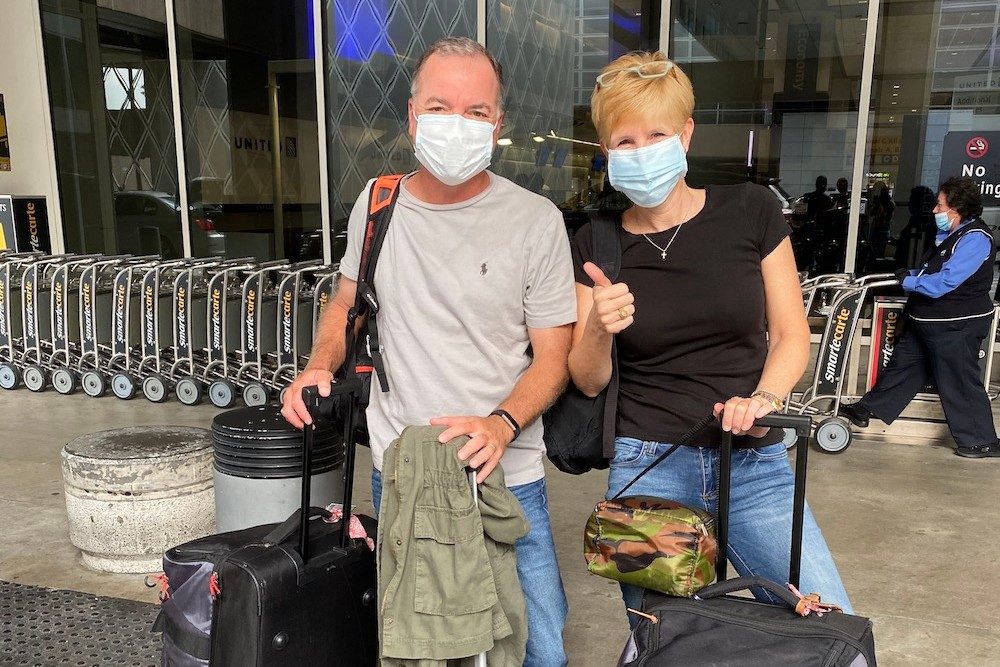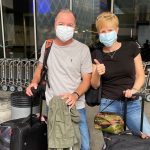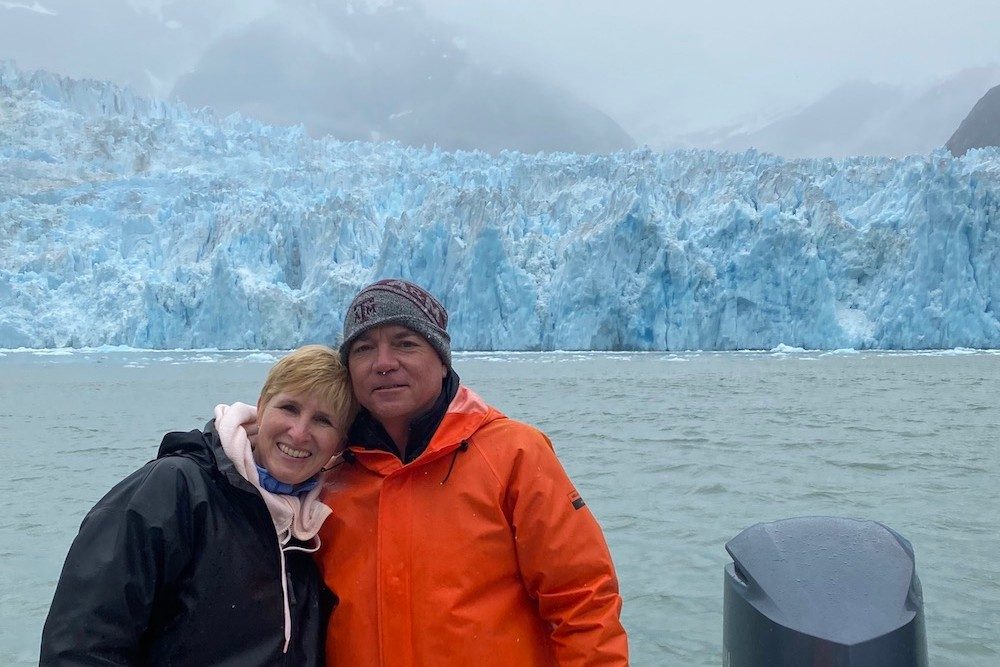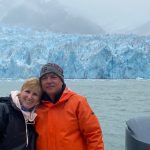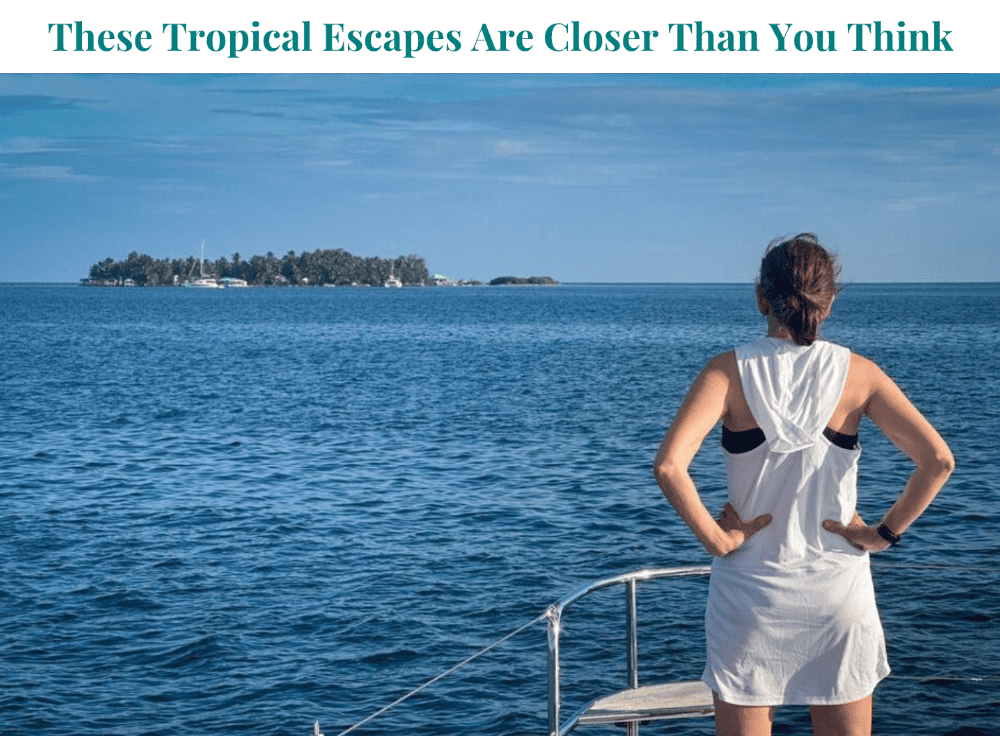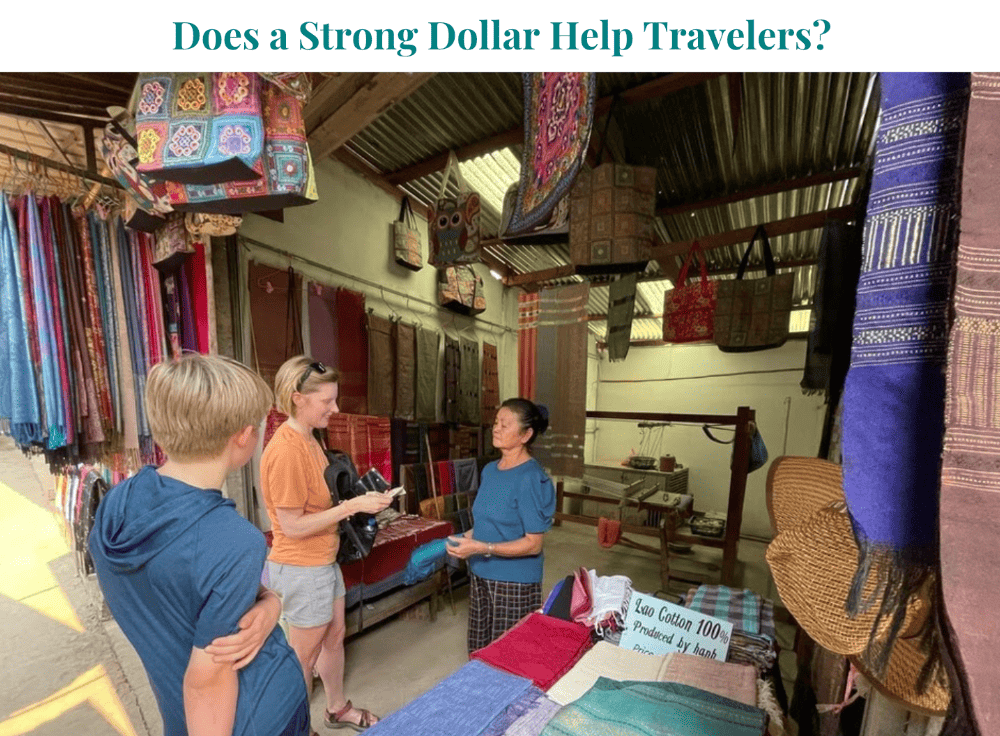When Jennifer Andrews wrote to Ask Wendy to find out who could best help her pull together a trip to Croatia during the pandemic (Croatia is open to U.S. travelers with a negative Covid test), we sent her to WOW List candidate Ala Osmond. Jennifer and her husband, David, traveled in October and were so impressed by Ala’s first-hand knowledge of the country, and the trip she designed, that they’ve already planned a second Croatia trip with her—for April. “She thought of absolutely everything and made it so easy for us,” Jennifer wrote in her trip review. Eager to learn more about what it’s like to travel in Croatia now, we called Jennifer at her home in Austin, Texas. Here’s what she said:
Why Croatia?
Because it was open and they would let us in. [Laughs] And because David had read that it felt like Italy.
Why now?
We were supposed to go Italy last spring, but that’s when the pandemic started raging. I get the WendyPerrin.com newsletter, and I kept reading different articles that seemed very well thought out, and that kind of took away my concerns. When Croatia came up, I thought: Let’s use Wendy Perrin because they know more than we do, and if anything goes wrong, they can help.
What were your concerns about traveling now?
My biggest concern was the timing of our pre-travel Covid tests. The minute you get swabbed for the required test, the clock starts ticking. We ended up getting a test two days before our flight, just to make sure we were okay, and then we got another one at 8 a.m. of the day we flew. By the time we landed in Frankfurt, we had the results and we were negative.
Your review said Ala was on top of Covid concerns and gave you options on how best to handle them. Can you explain that?
I’m the kind of person who can spend ten hours researching where to get a PCR test. I have the tenacity of a bulldog. But with this trip, I didn’t have to do anything. Every single detail was planned out. For example, at the airport, the fast track was just waiting for us, and that felt better because of the virus.
Also, at one point in the planning, we thought we couldn’t get a test in the right time frame before we left, so we’d have to take a test in Zagreb right when we landed and stay there until we got the results. Ala had a back-up plan for that: If, for example, we got to Zagreb and the lab was closed, she had four options fully thought out with all the steps. Or if we got the test back and it was positive, we would just call Ala and go to that back-up plan. It didn’t feel like we’d have to scramble if anything went wrong.
How was flying from Houston to Croatia?
It was three flights, but they went really smoothly. We flew United, and the flights were empty. There were only four of us in the business-class section. We had one problem: The couple in front of us were anti-maskers. The flight attendant kept yelling at them. I thought, you’ve got to be kidding me—you just signed a million waivers! Finally a guy turned around and yelled, just put your mask on!
You said in your review that the experiences Ala arranged were not things you could have found online and booked yourself. What was your favorite experience?
The wine experience we did on Hvar! We spent the entire day with a wine master who drove us all over the island. She’s been there for five years and started her own winery, and she’d tell us things like, “This is why I came here, this is why I like Croatia, this is how I started my company.” We got to taste wine at its different stages, so she could point out when it was bitter and how it would change over time. And then, at dinner, we had a different bottle of the finished wine with each course. We’ve been to a million wineries, but this was different.
Also, I’m vegan, and she had gone to the restaurant four different times to discuss the menu—she was so involved in making sure it was this really great day. She had so much knowledge.
This was the first time you used a trip designer recommended by Wendy Perrin. How did this differ from the way you usually travel?
The guides were really, really good. Everywhere we went, they knew our itinerary already. It sounds stupid, but not having to repeat everything you’ve already done is so nice. They said, “I see you went here. We heard you did this. Did you like this restaurant?” It was like traveling with a group of friends.
And they knew their stuff. We’ve been to Rome like 50 times, and on tours they take you by places but don’t take you in. By contrast, in Split, our guide would take us inside the stores, or she’d see her friend and we’d have a conversation with them. Her family is from Croatia, and she could talk about her family, the war, and her career as an attorney. So there was personal stuff along with the history. And then she’d say, “That’s where Anthony Hopkins just bought a house!” [Laughs] Our guides knew fun stuff like that too.
Before the pandemic, certain parts of Croatia were known for being crowded. Did you see a lot of tourists?
It was the tail end of the season. By the time we go to Rovinj, it was empty. A lot of restaurants were closed, but some really good ones were open, and people sat outside. We walked for miles because it was so pretty, and it was pretty empty.
In Split there were quite a few people walking around, but it was never crowded at all. Everyone was so nice, and everything was open. And when we went to see the Roman ruins, we were the only ones there; it was so empty that we could hear our echoes when we were talking.
Split had never hit my radar. I thought we’d just go to Dubrovnik. But when I talked to Ala, she said she liked Split better because it feels less touristy. And it was charming in every way: the cobblestones, and just sitting in the old city having a spritz. It struck me: It was so nice to feel normal, to sit outside and have a drink, and see people walking by, even with masks on.
Were people wearing masks?
When you’re outside, you don’t have to wear the mask but you keep your distance. Inside, you wear masks. In the car, we all wore masks. And guiding, because there were so few people, we could all stand back ten feet.
What about at restaurants?
At restaurants, every single server had on masks and gloves, which I have not seen here at home. I wasn’t worried anywhere. Everywhere we went, they said thank you so much for coming, we’re so happy to see Americans.
What were the hotels like?
That was another thing Ala was good at: She knew the hotels. She wasn’t just reading off the website; she knew them. I saw a hotel that looked good on the website, but Ala said no, it’s slipped, you don’t want go there. She knew it because she had been there.
What did the pandemic make easier or harder about your trip?
Not having the crowds made things easier. Flights were harder, but you just go through a few more hoops and then you appreciate it that much more when you get there.
When you enter Croatia and you have your negative test and you know that everyone else visiting has had a negative test too…I stopped worrying. I felt safer in Croatia than I do here. If every country required a negative test, I feel like we could travel. The weird thing is when you come back to the U.S., no one asks you anything.
What do you wish you knew beforehand?
I’m never going to do another trip without a Wendy Perrin specialist. It’s not even a question anymore. I know whatever I can do, y’all can do better.
Just having that conversation with the specialist—your relationship starts when you have that conversation and you tell them who you are and what you want to do. I get it completely now. You do need to talk to somebody. I used to say: Just email me. But now I get it.
UPDATE: Jennifer’s review of her return trip to Croatia in April, 2021
Our second trip to Croatia was even better than the first. Ala took what we loved about our last trip and made this one even more tailored to what we wanted to do. We did not have to worry about a single thing- Ala took care of everything including organizing our covid test for our flight home. All the restaurants we went to were informed of my no meat/no dairy so I didn’t have to explain it over and over. We had an amazing driver/guide who suggested several stops so we could walk around some different towns and we loved that—so much so that we are going to stay in one of the towns we asked about (Opatija). The Istrian Coast has had very few cases of covid but all the hotels and restaurants were very cautious and strict about following guidelines. We felt very comfortable everywhere. Ala really does plan the most perfect visit to Croatia and you have local numbers for anything that comes up during your trip so I never had to worry about anything. She knew the hotels really well and is really good about knowing what we would like or didn’t like. I cannot recommend her highly enough.
Be a safer, smarter traveler: Sign up for Wendy’s weekly newsletter to stay in the know. And read real travelers’ reviews of Wendy’s WOW List and use it to plan your next trip.

